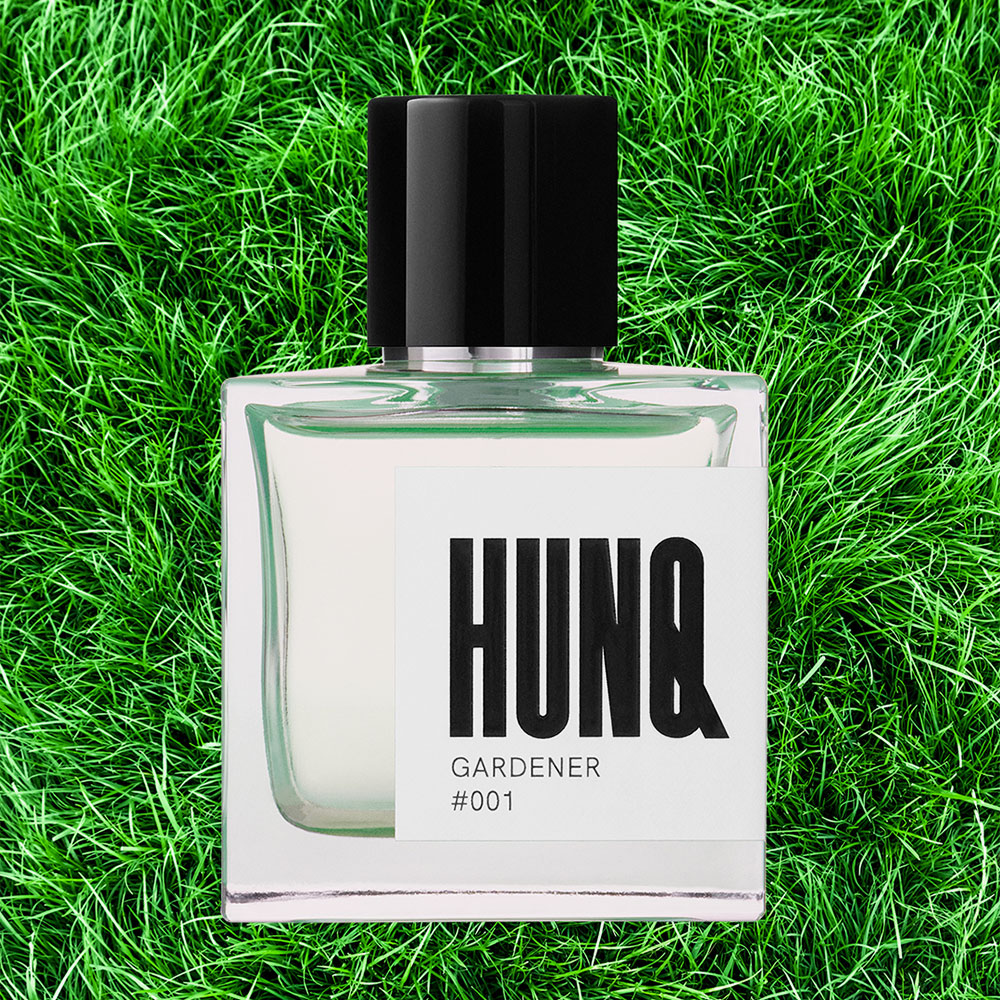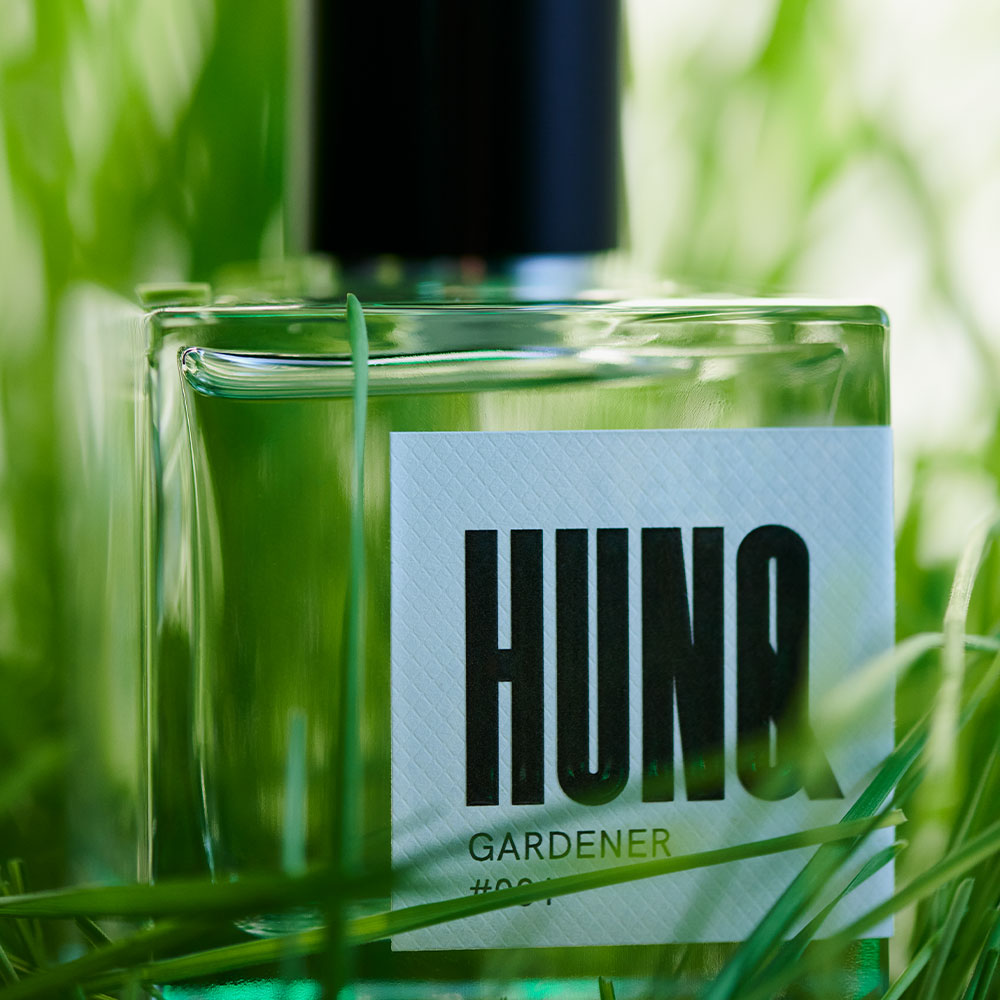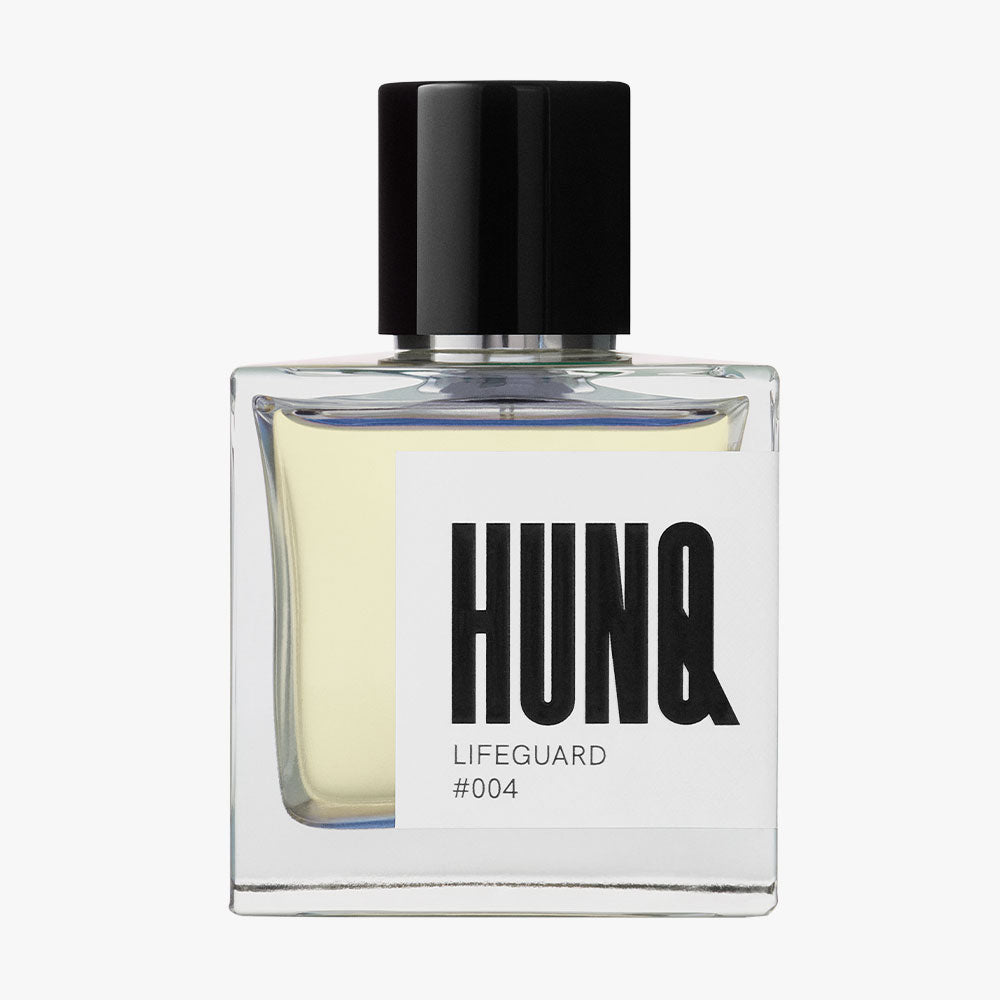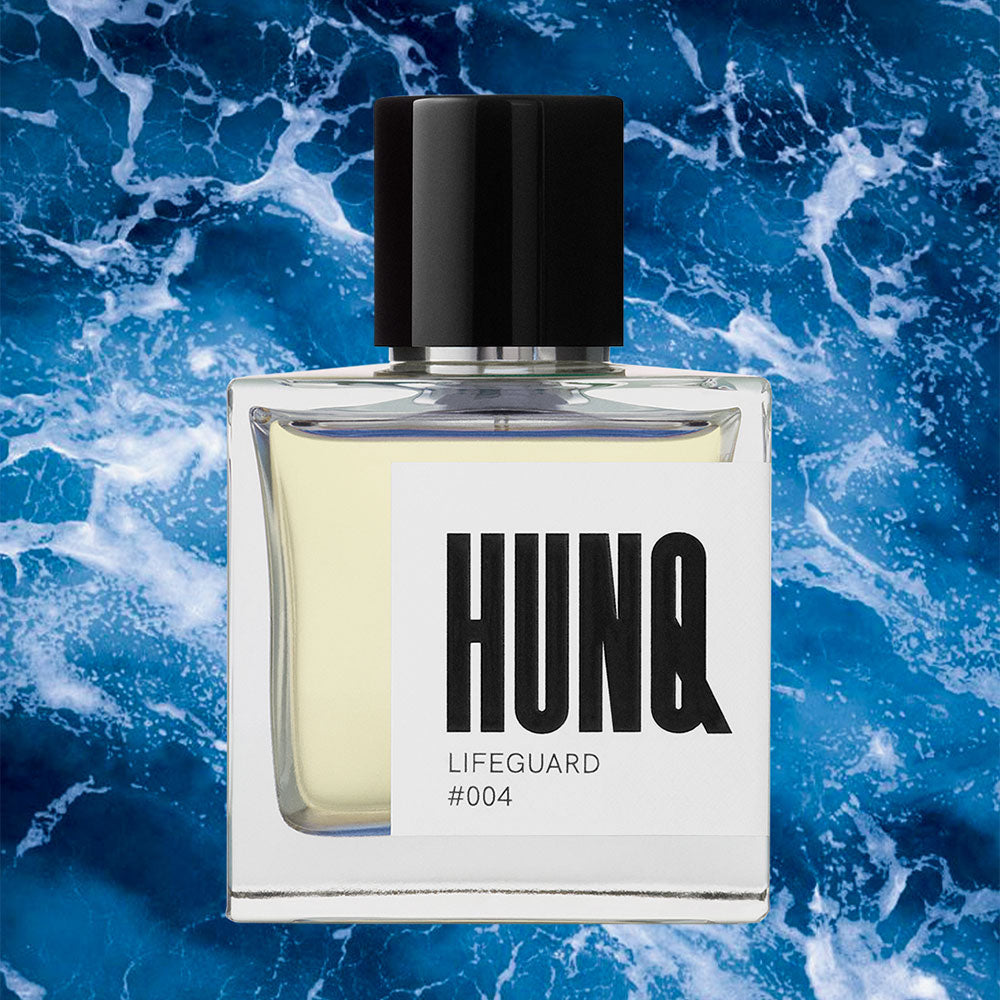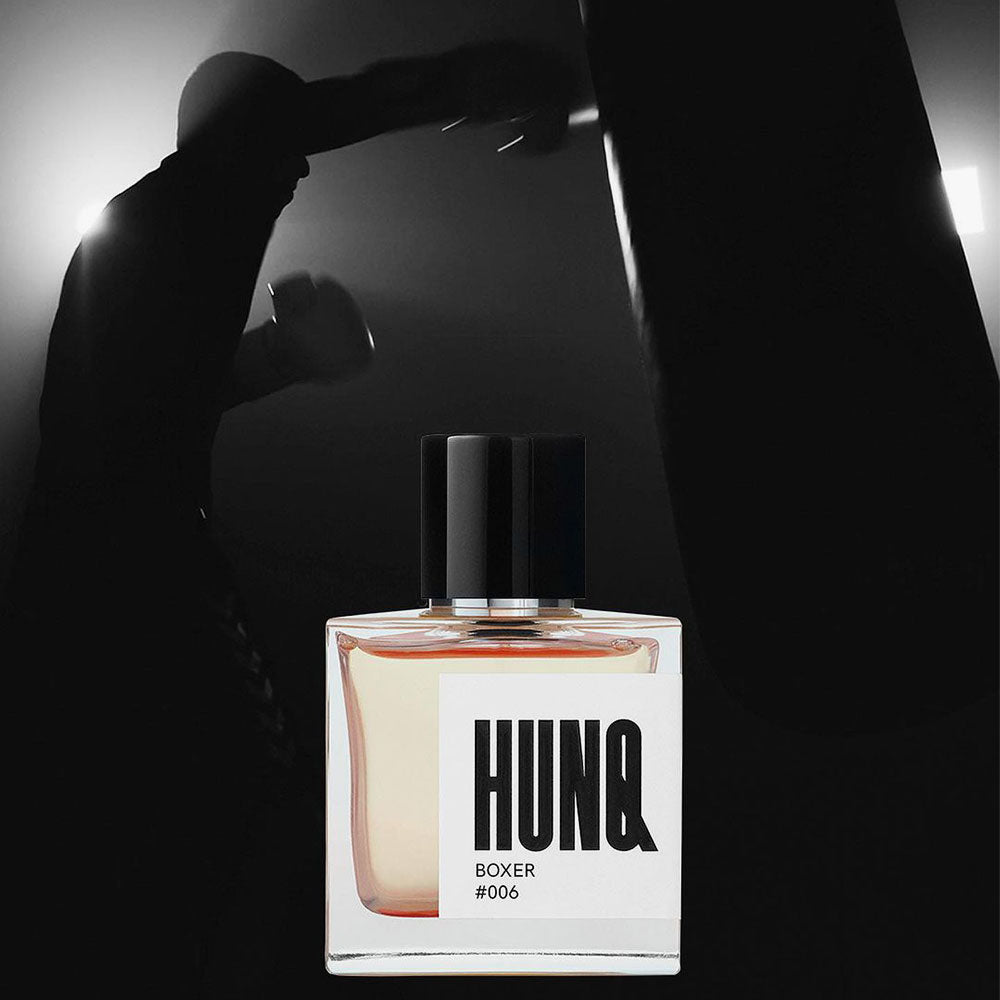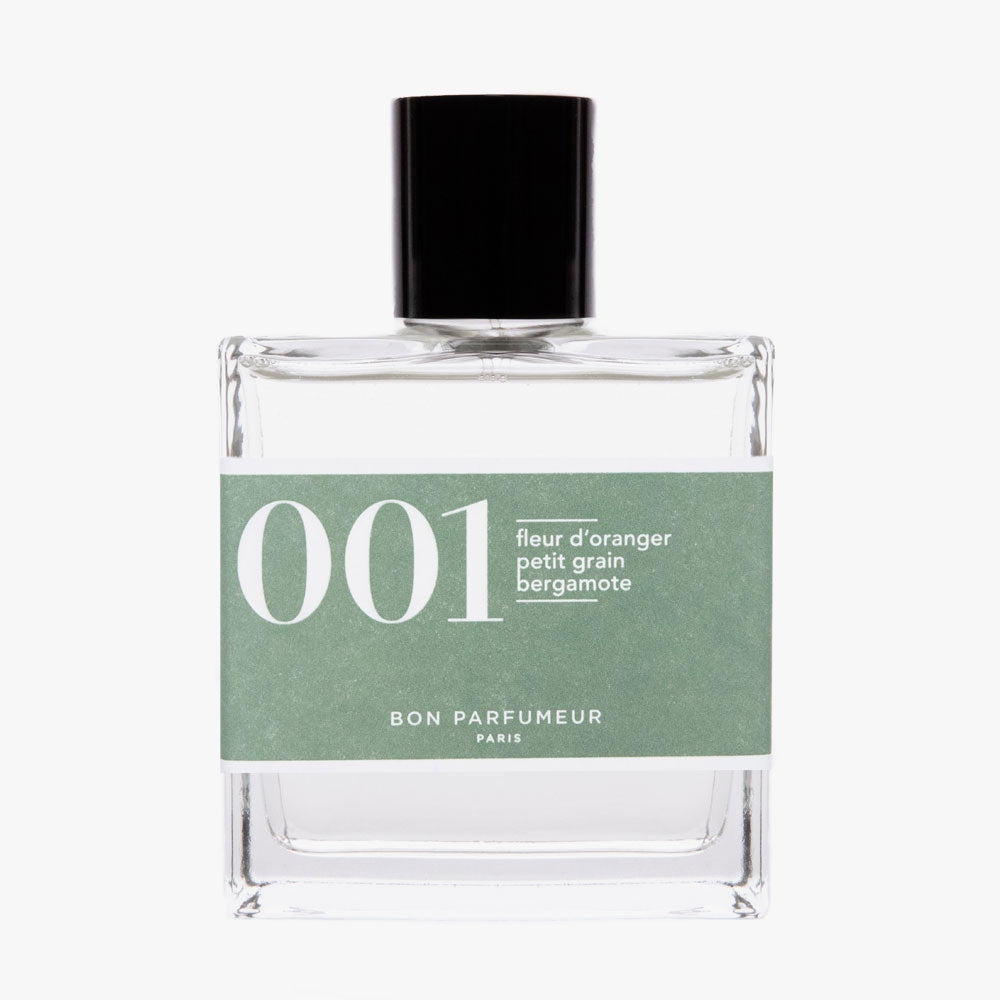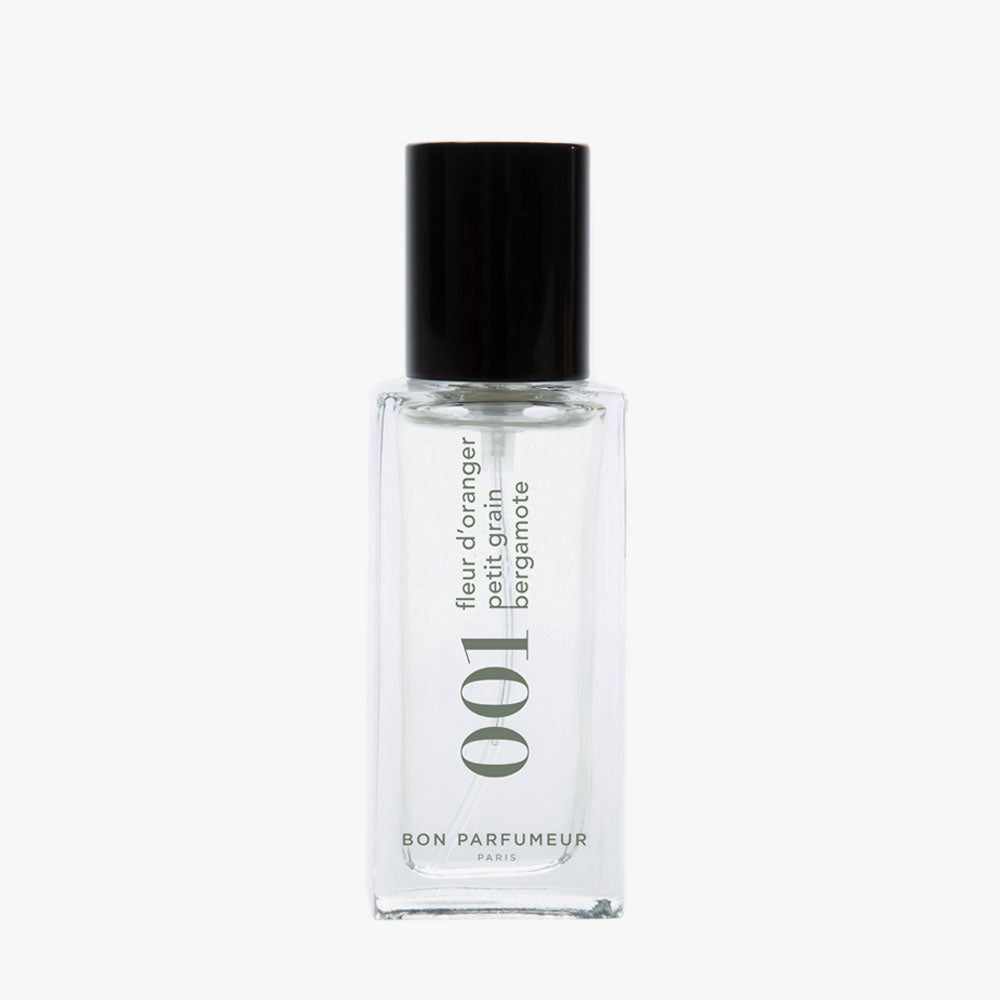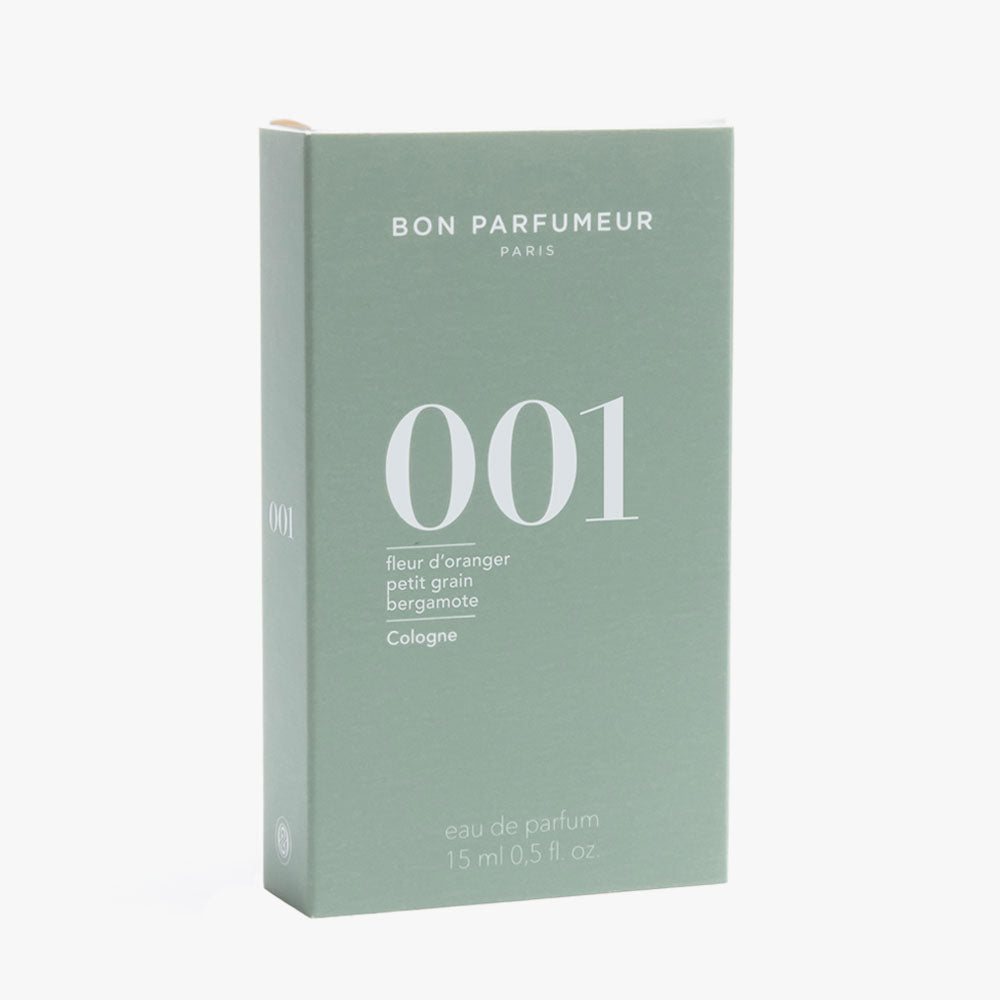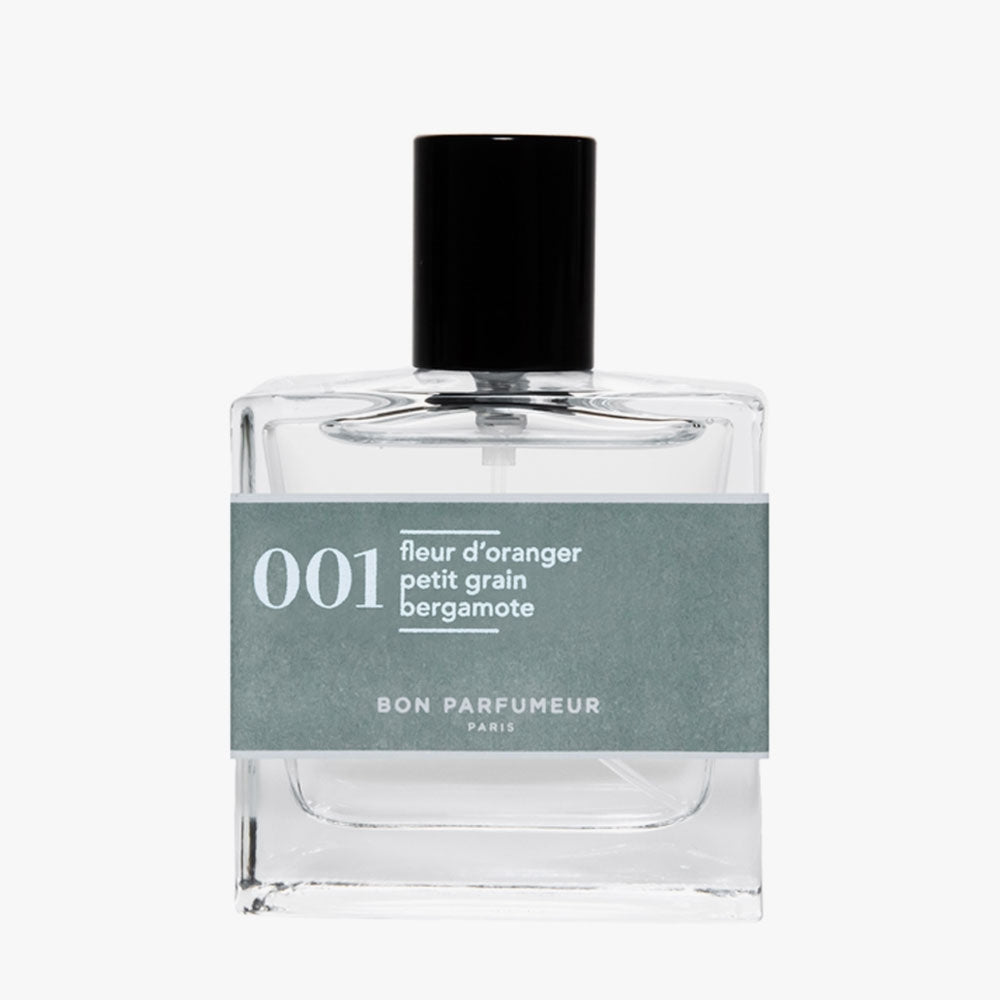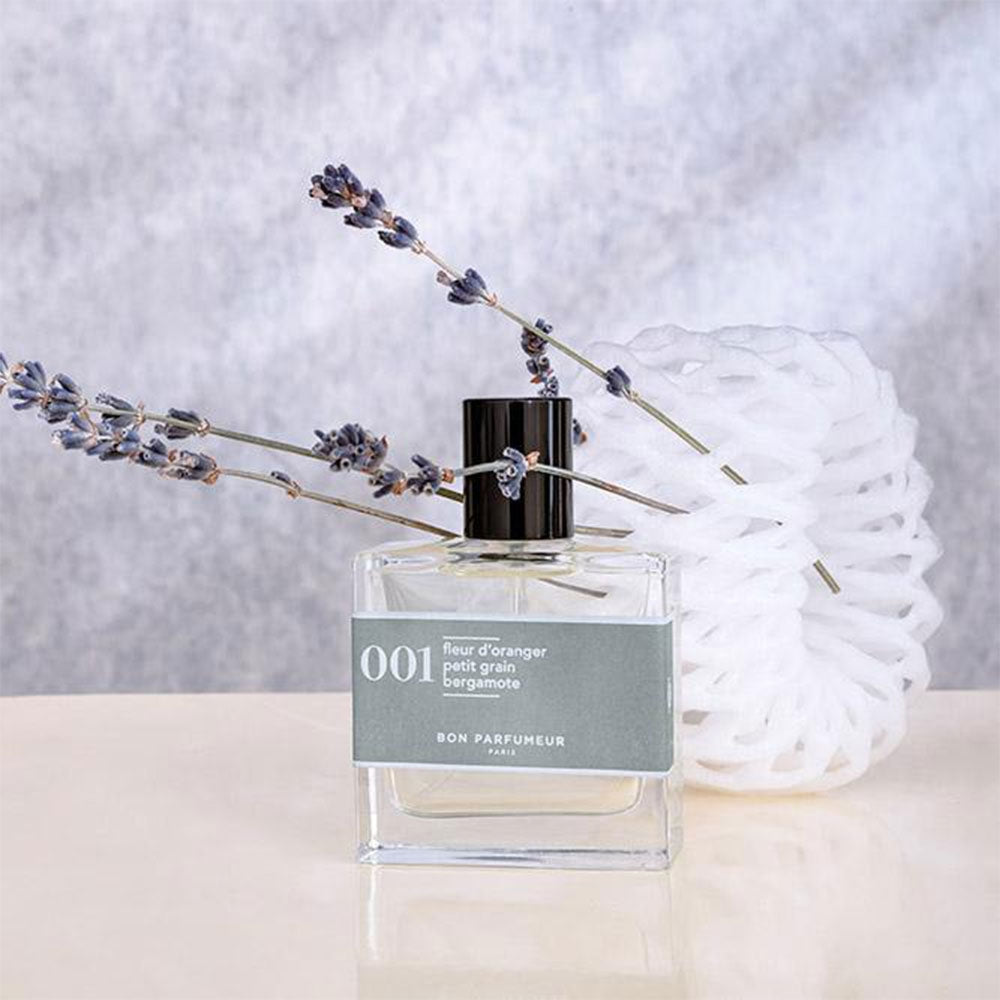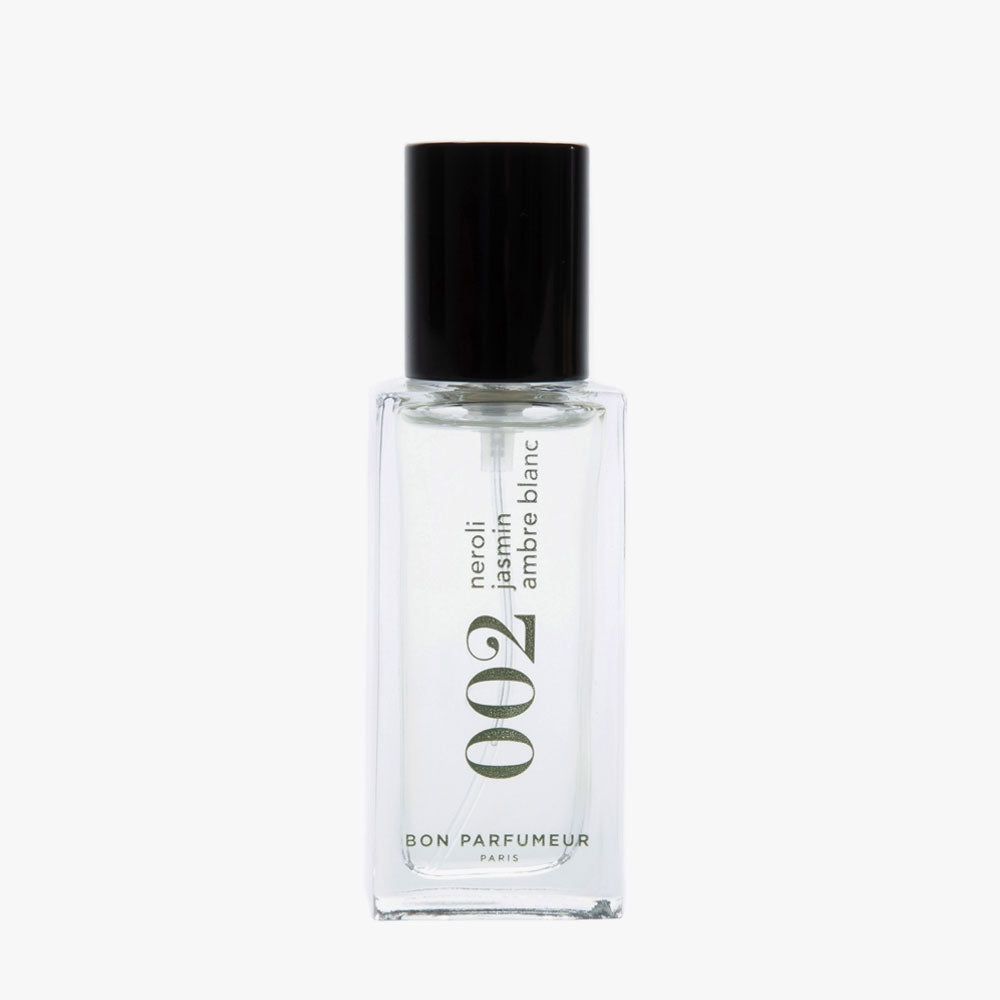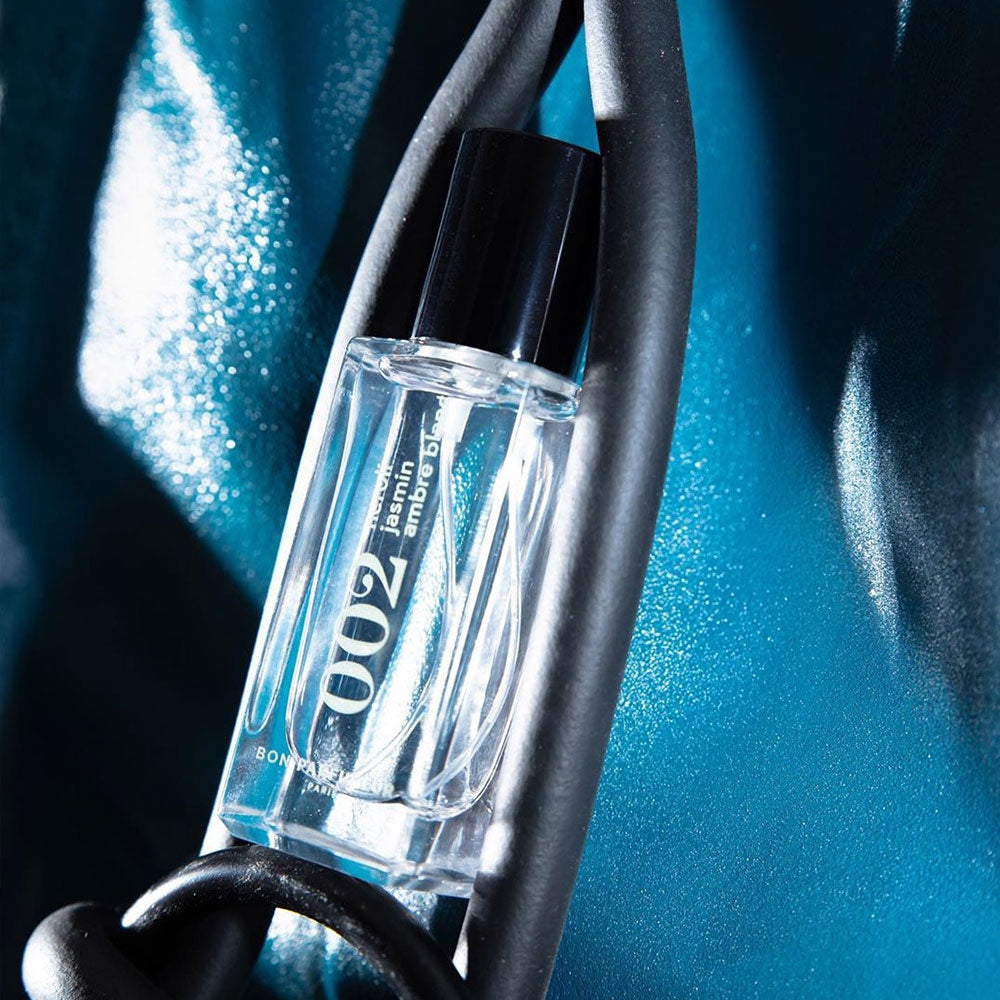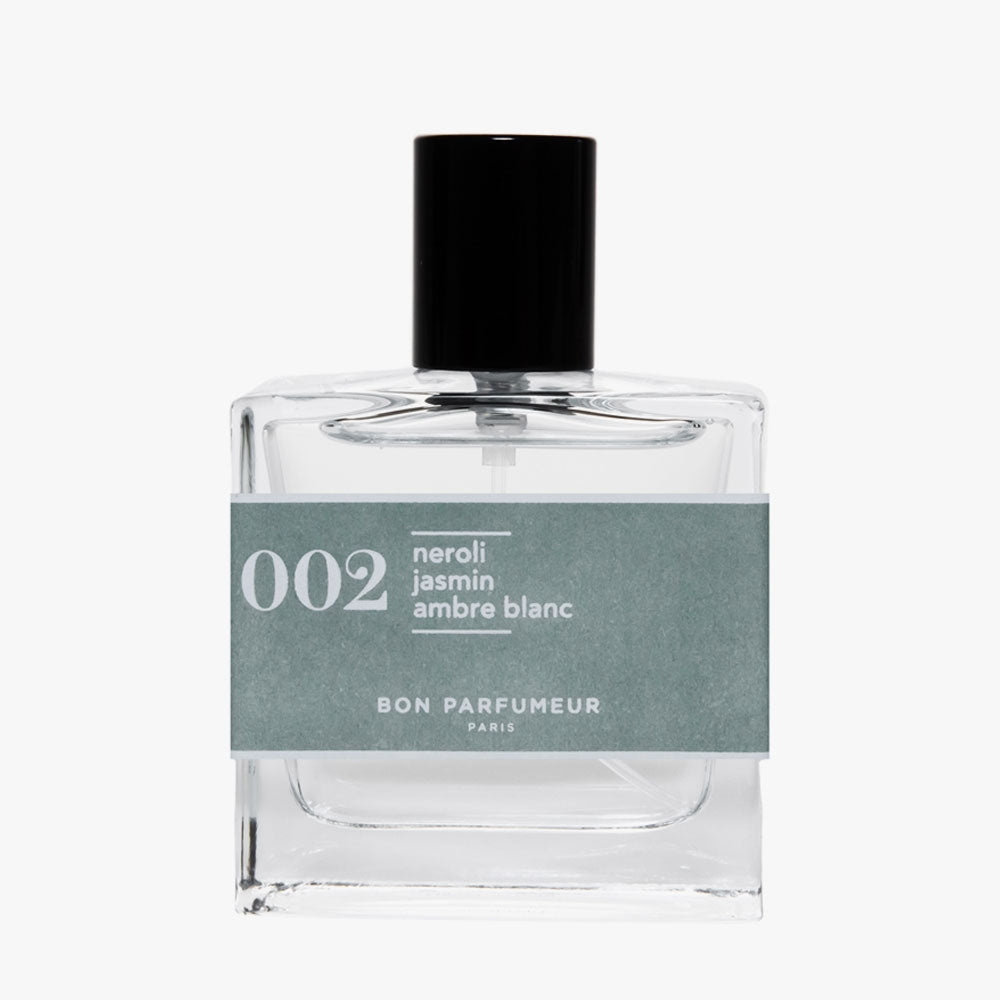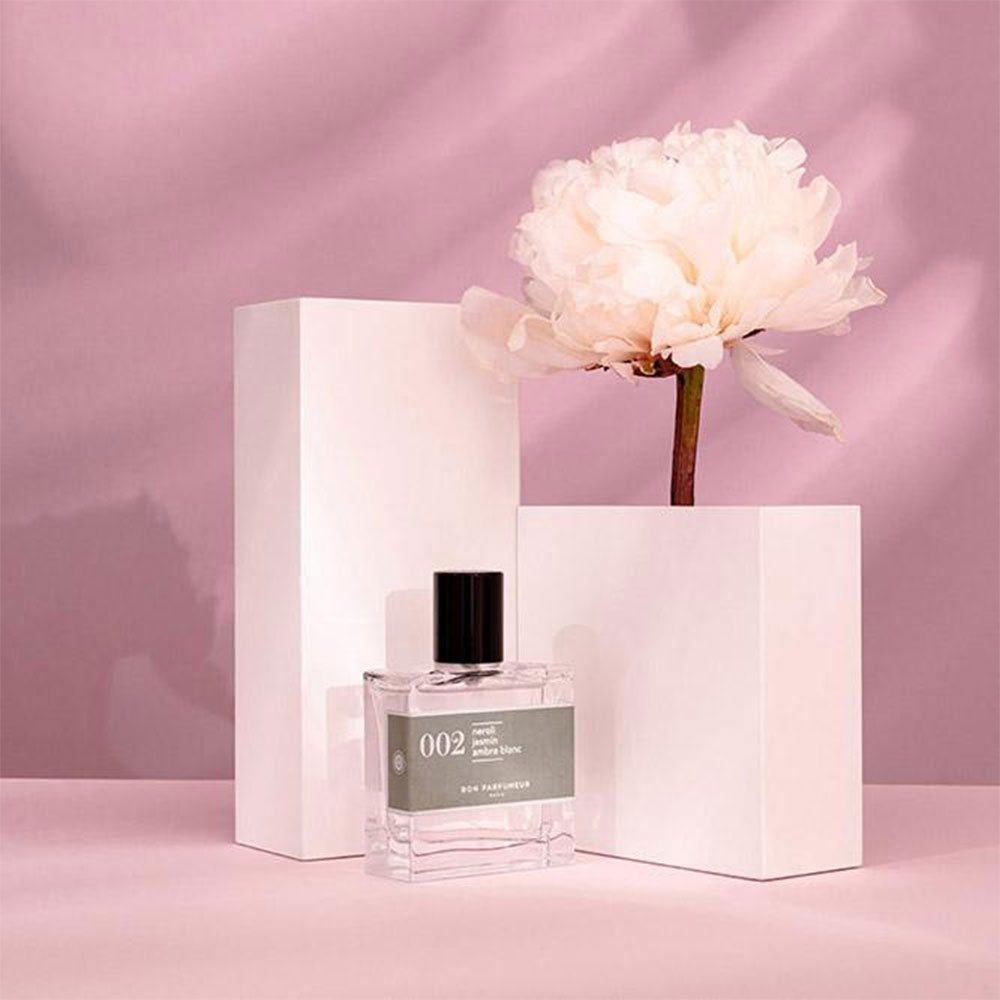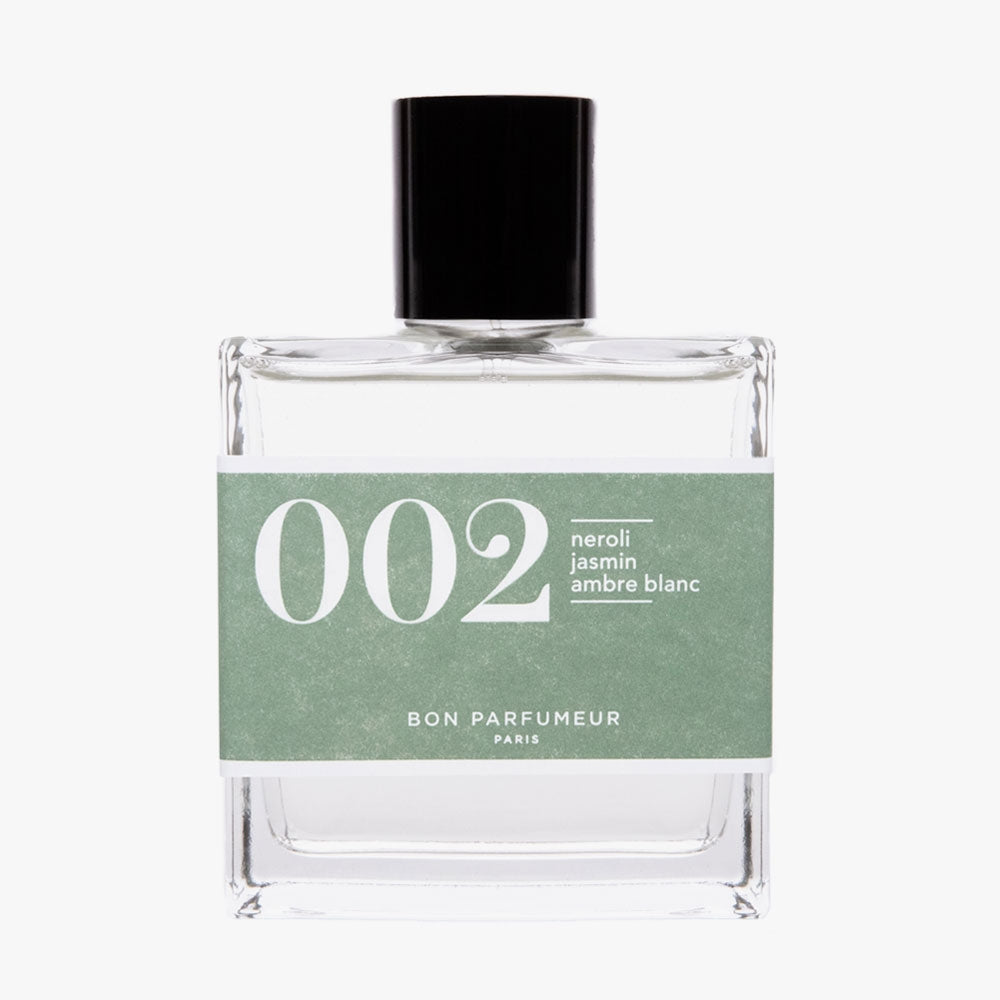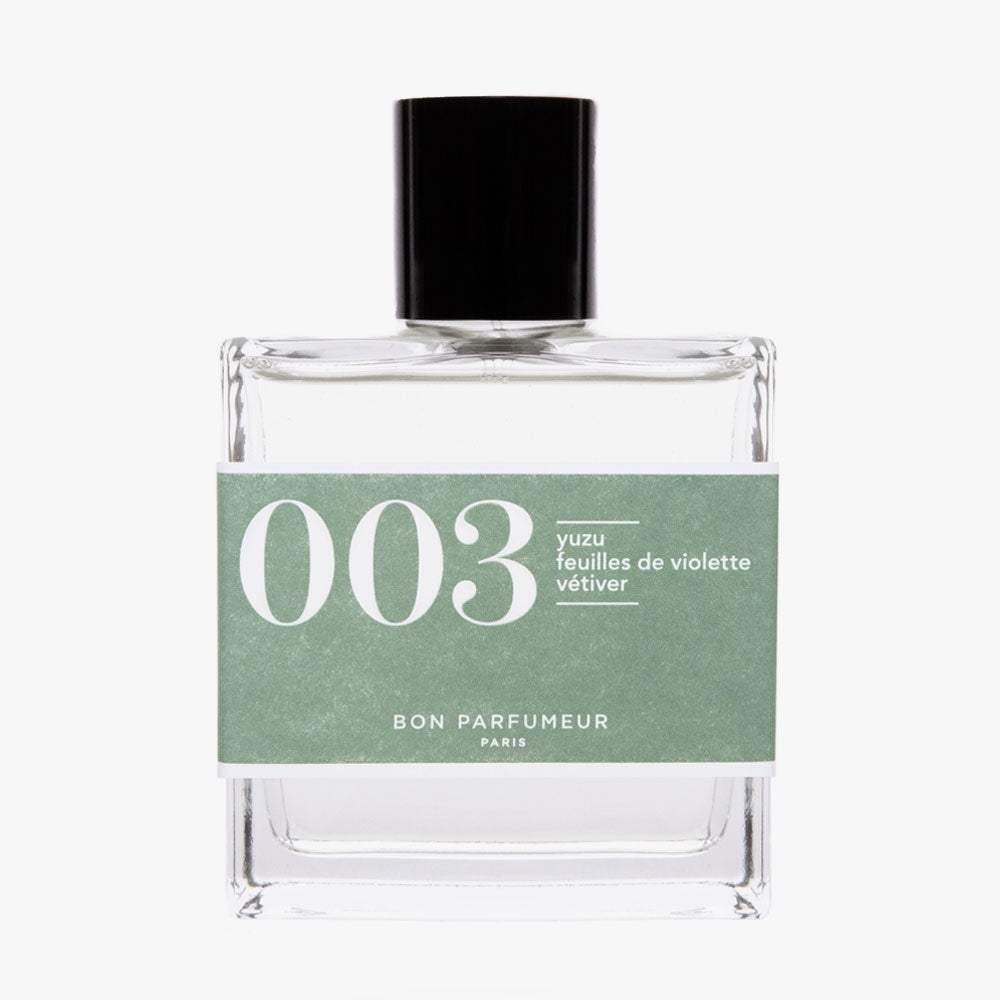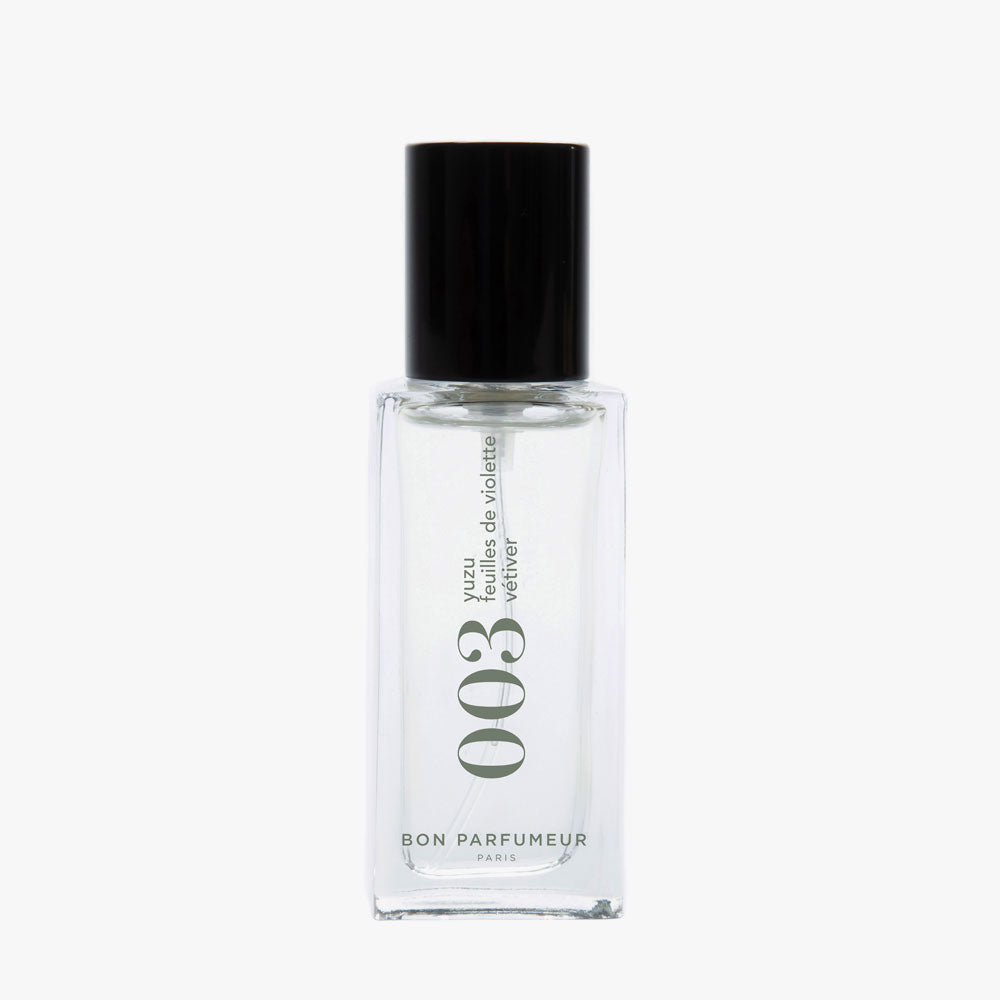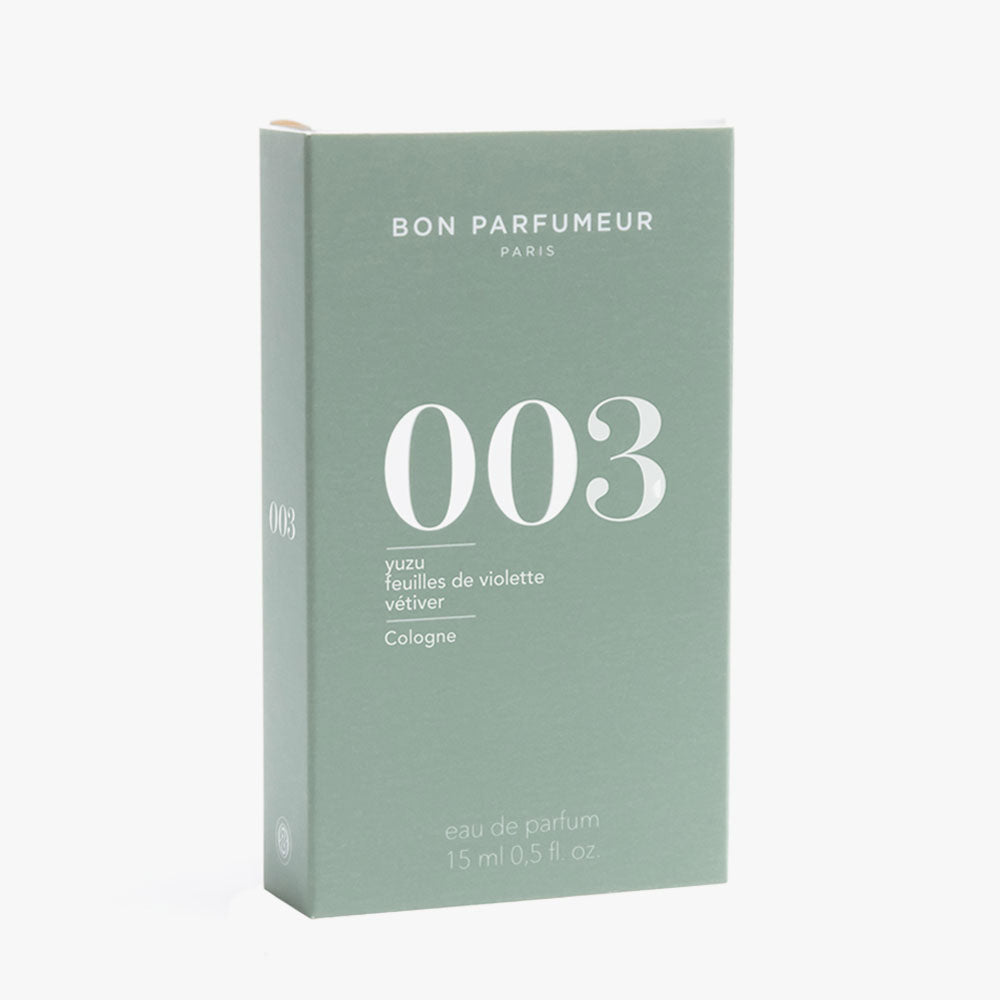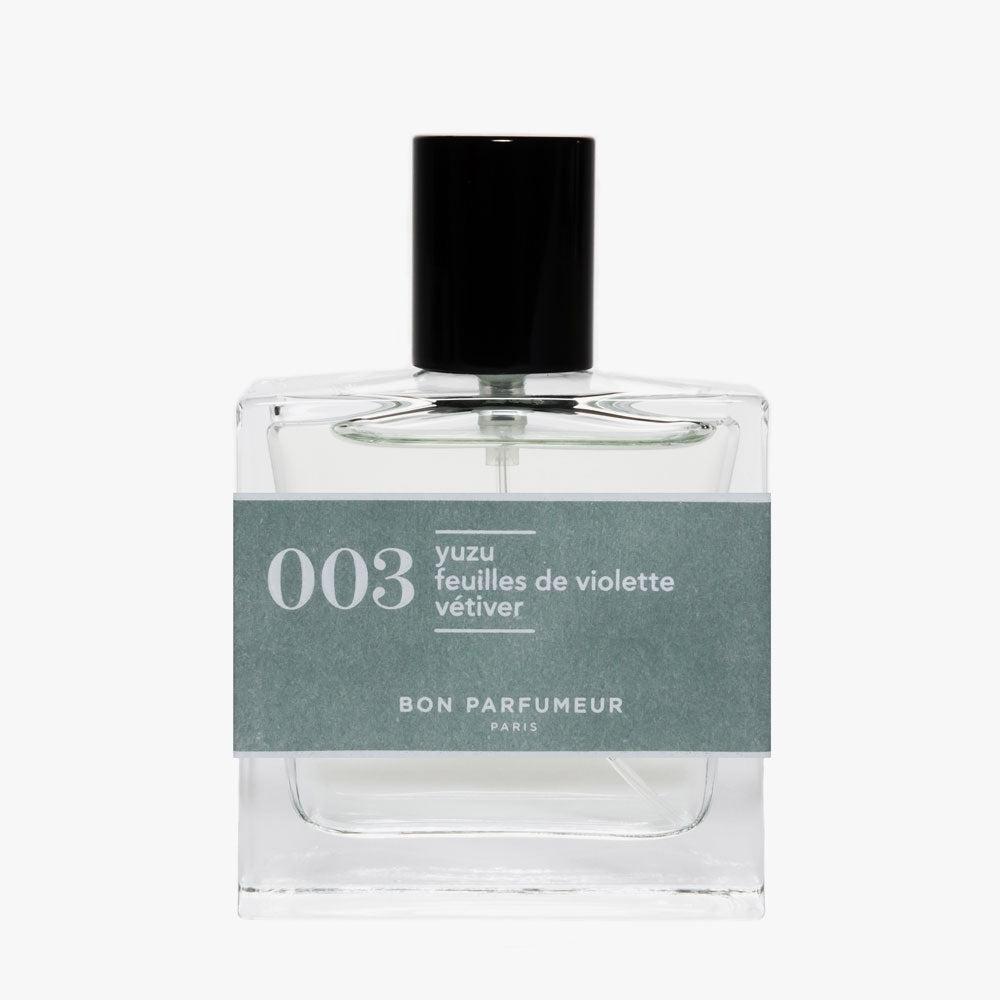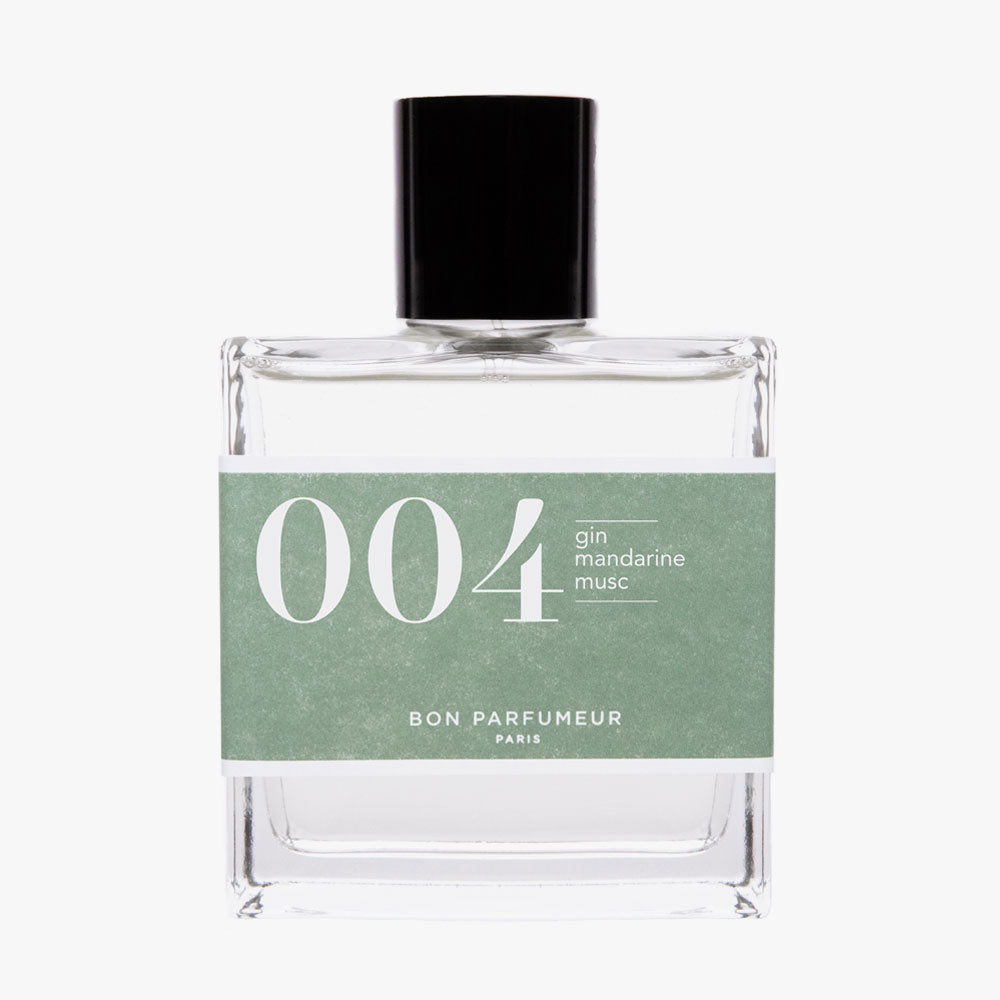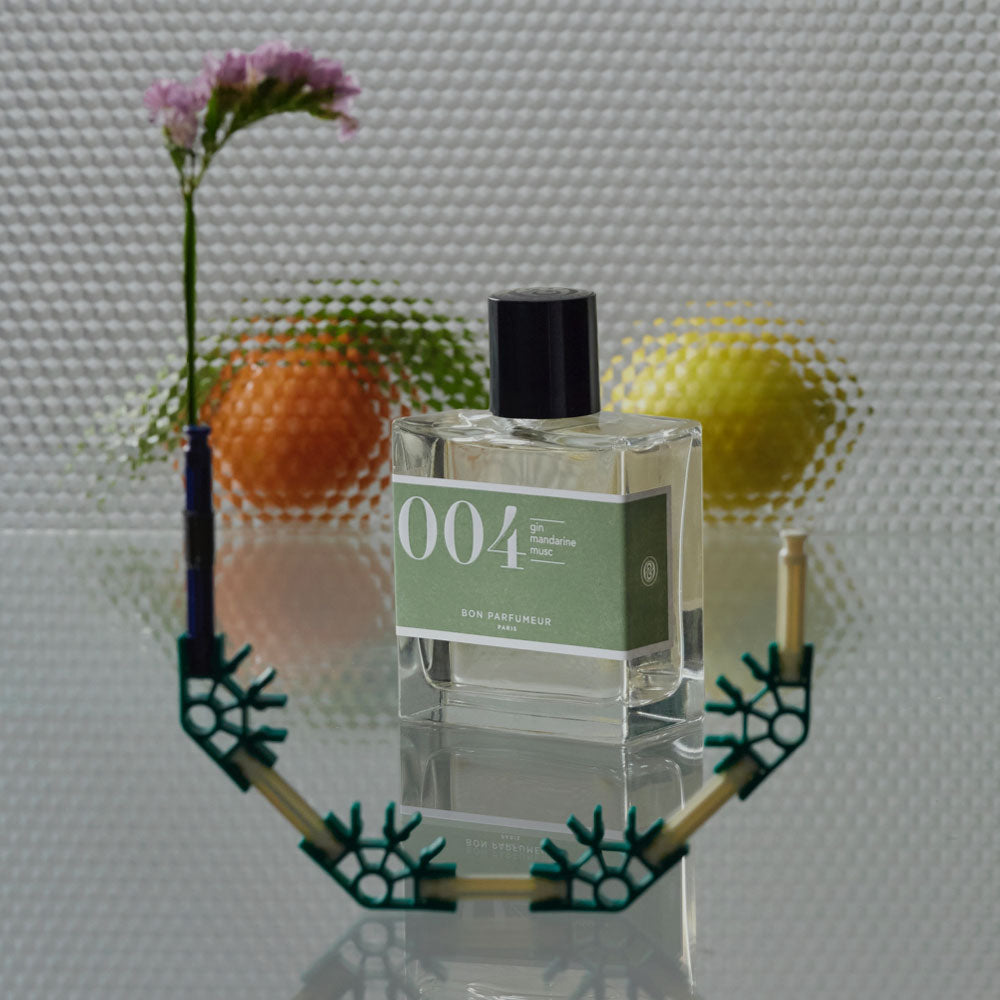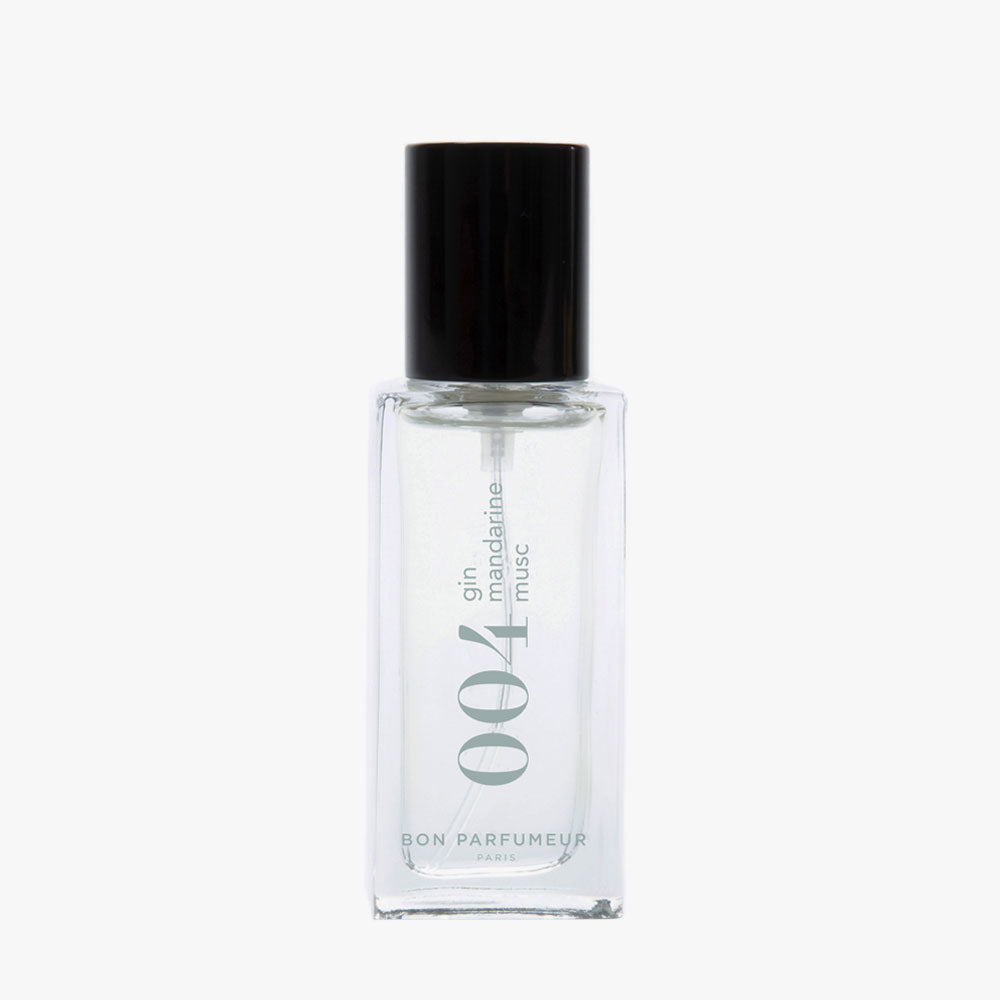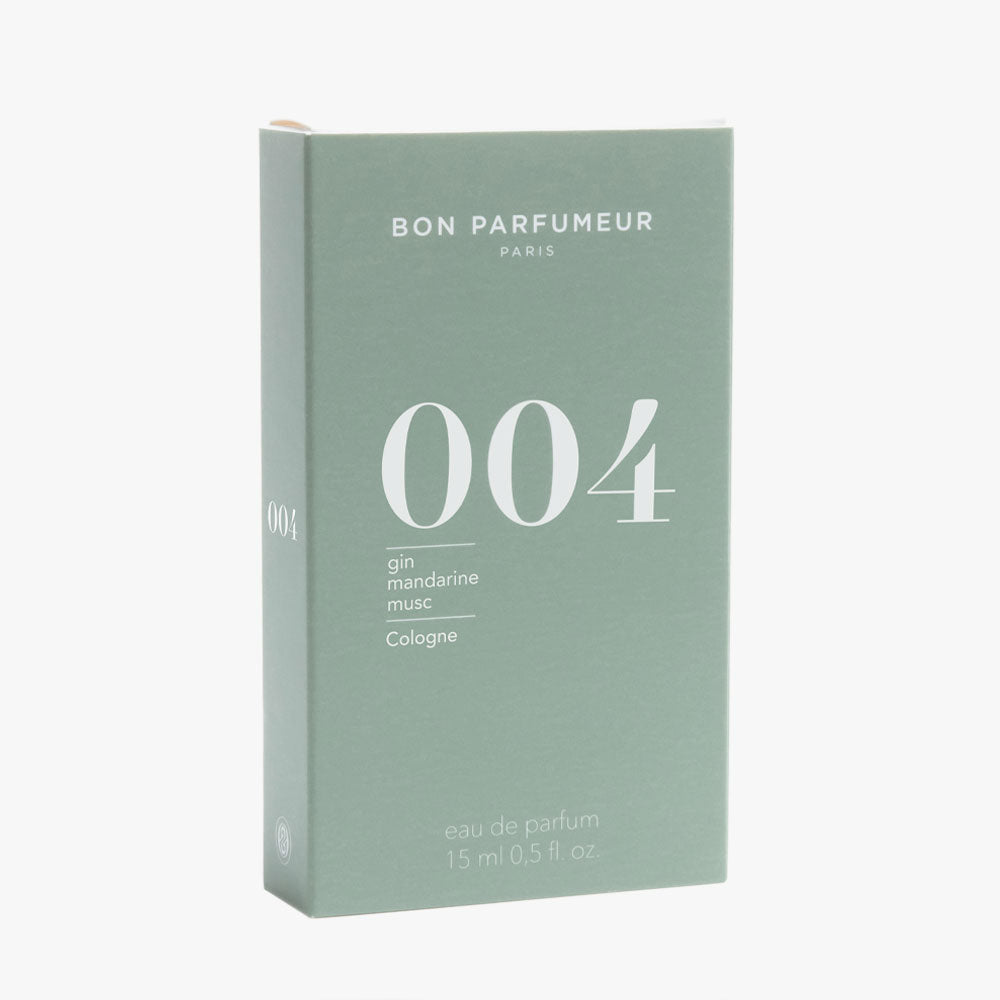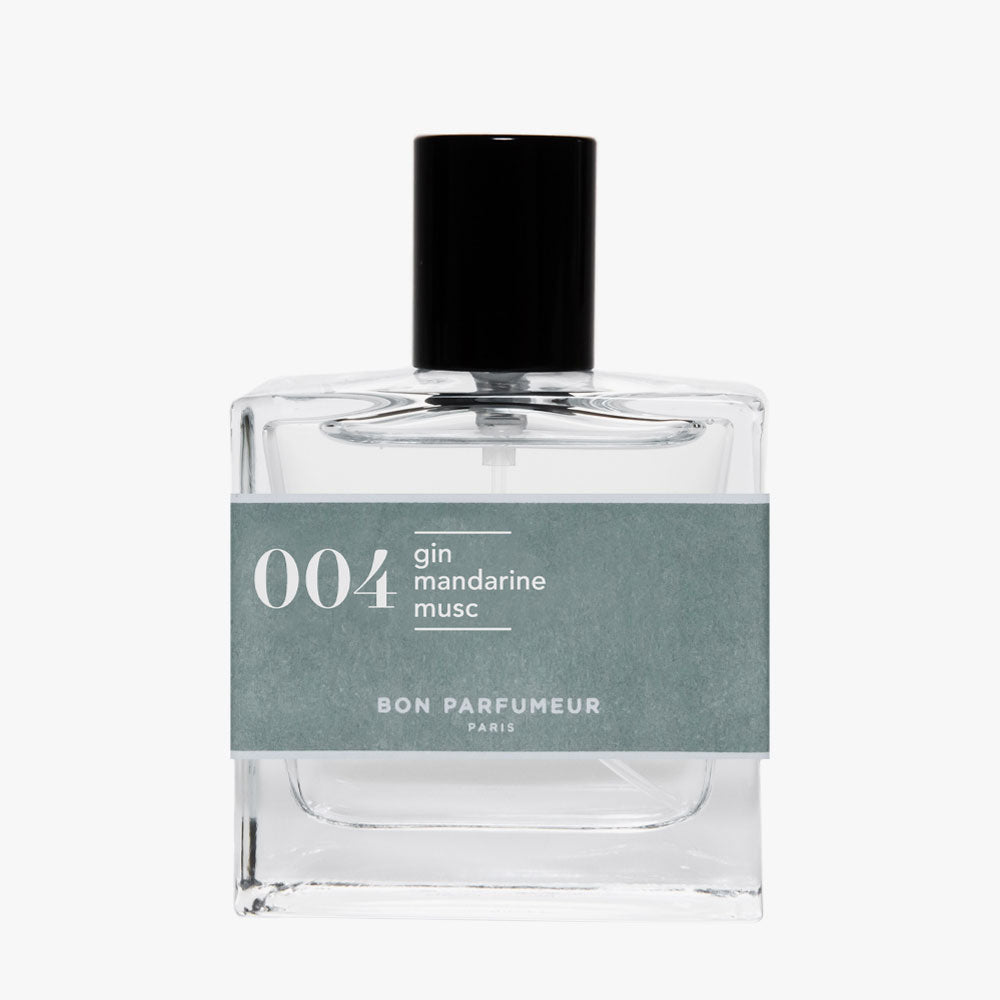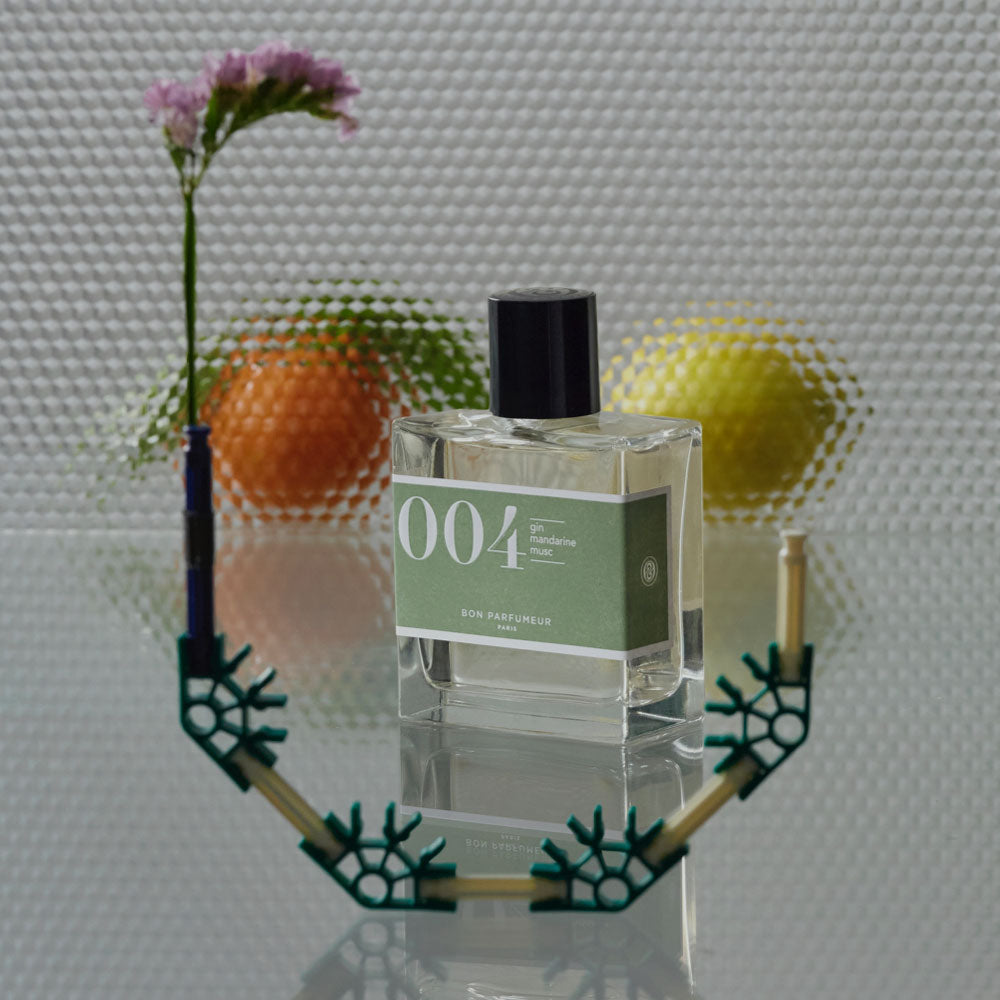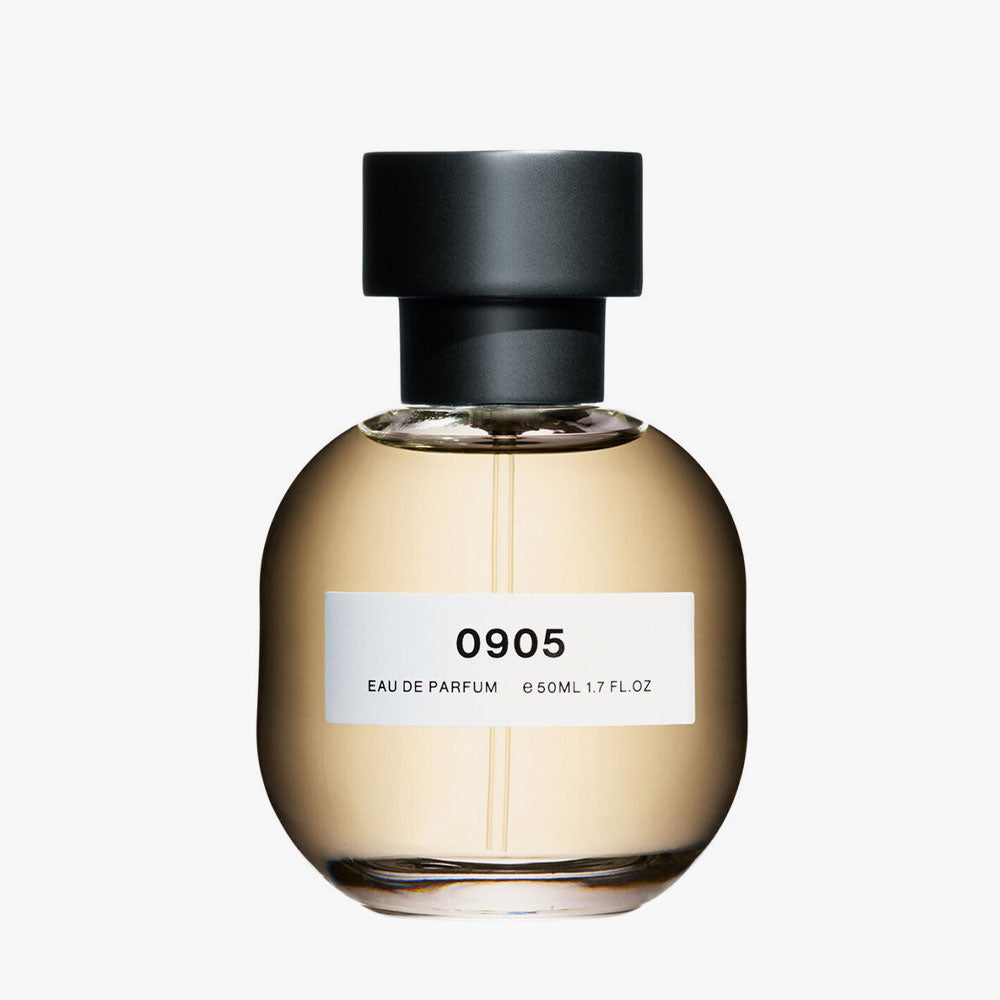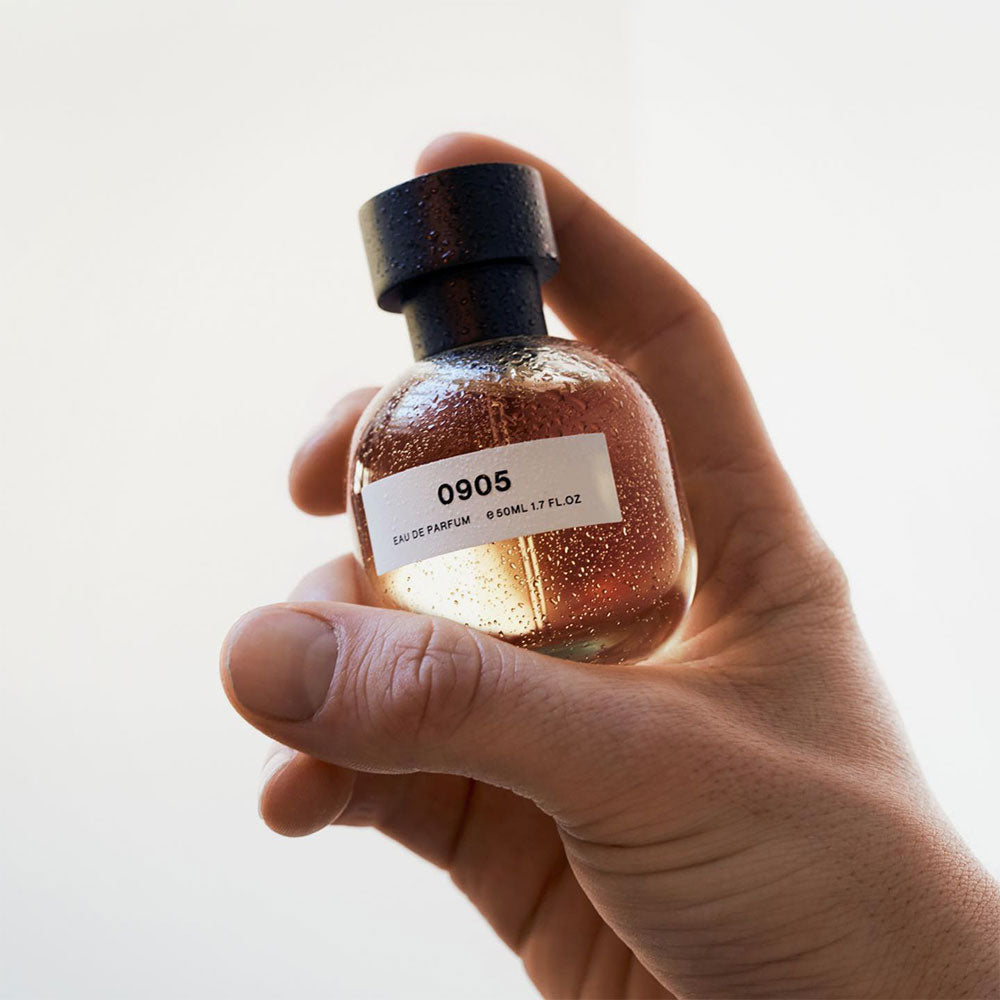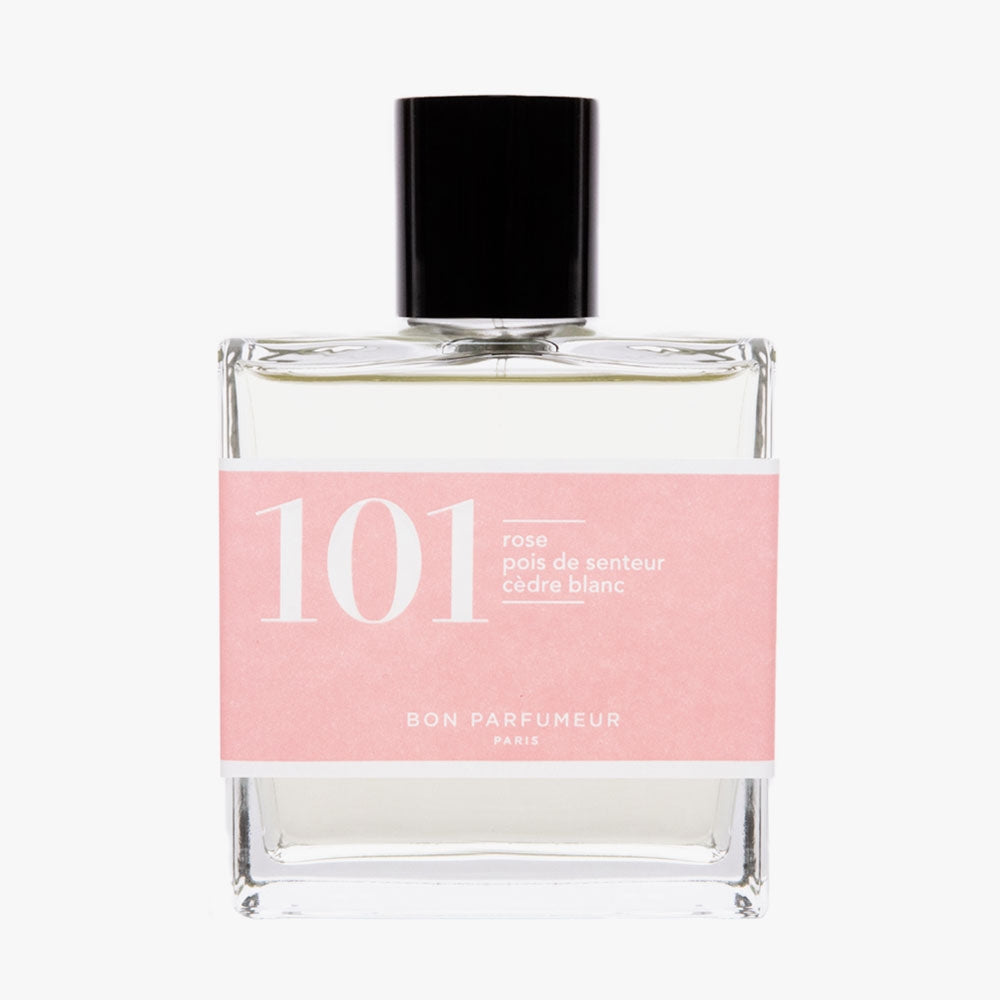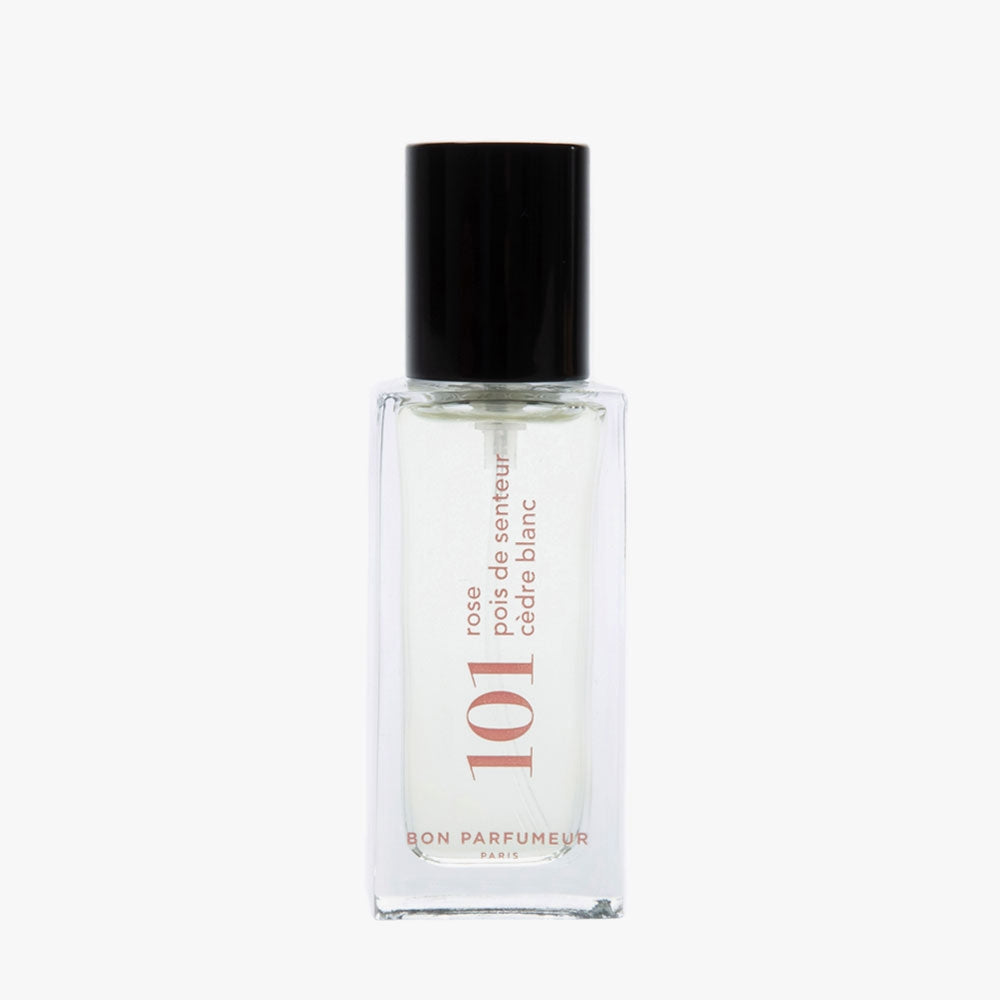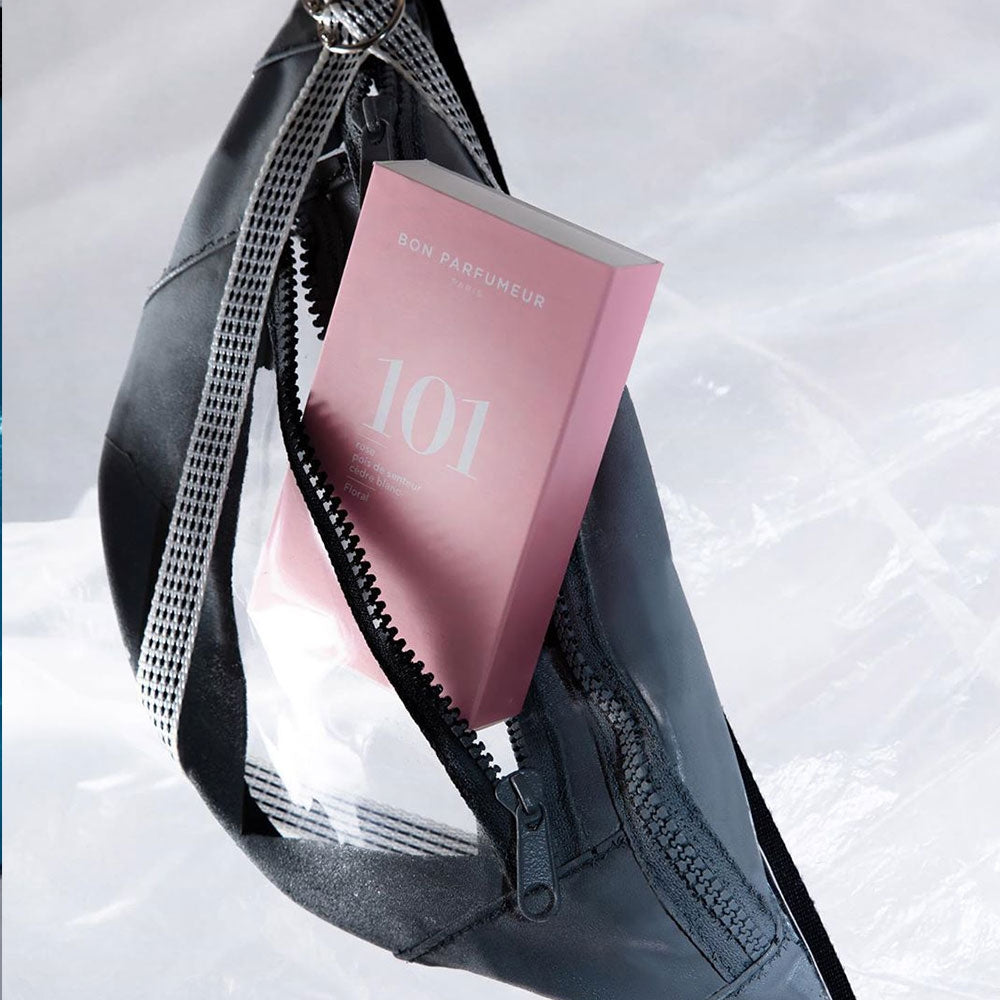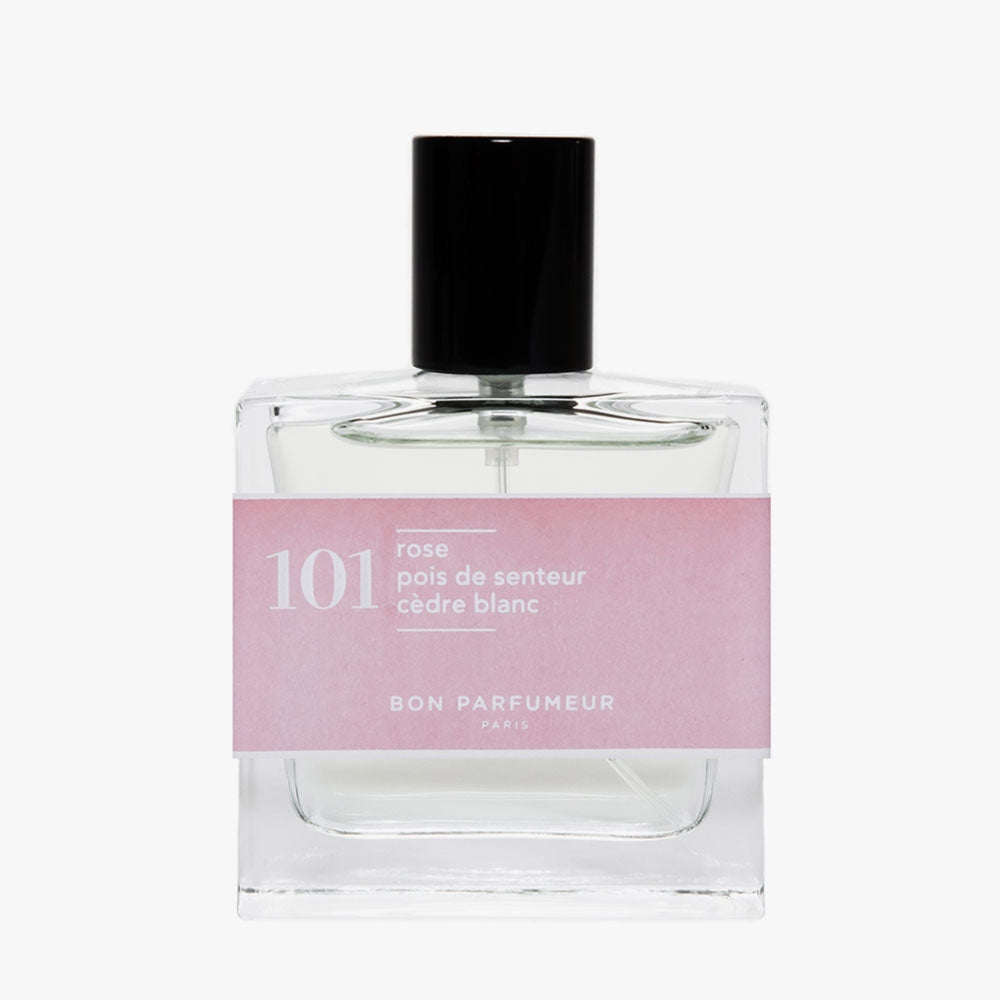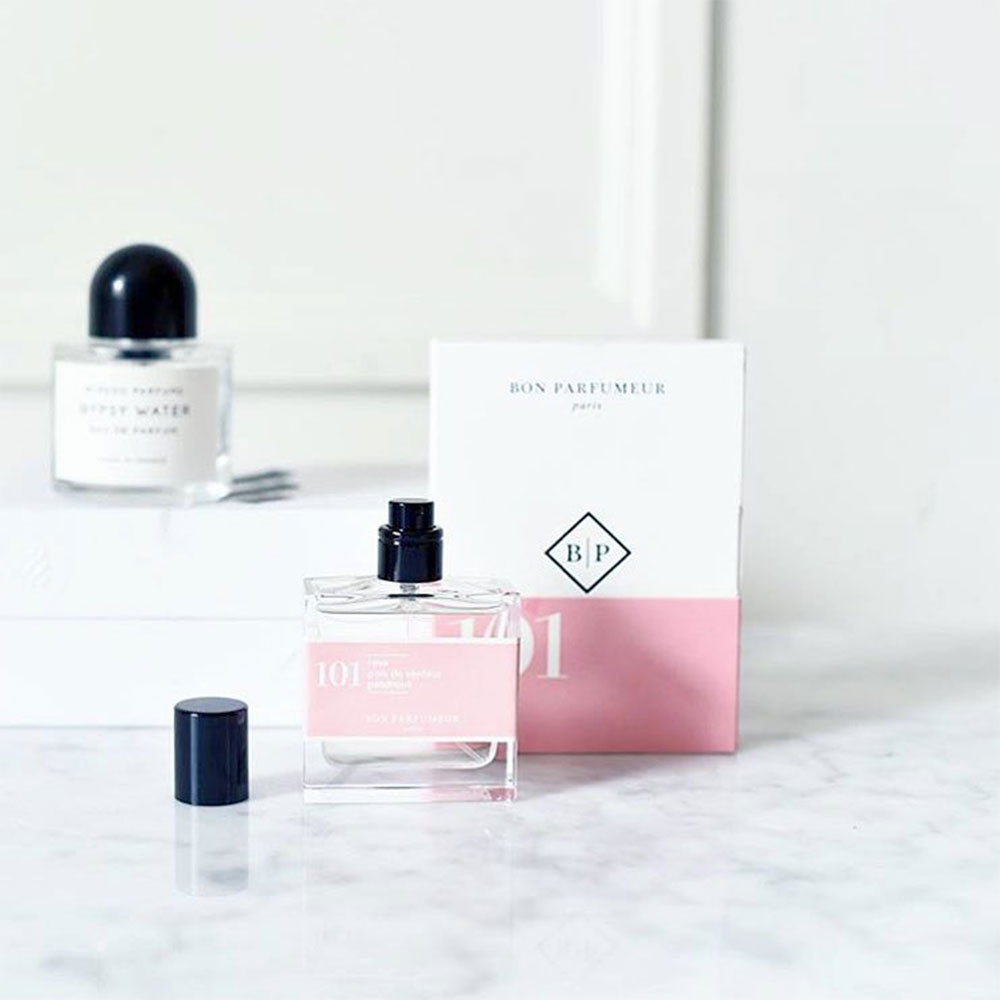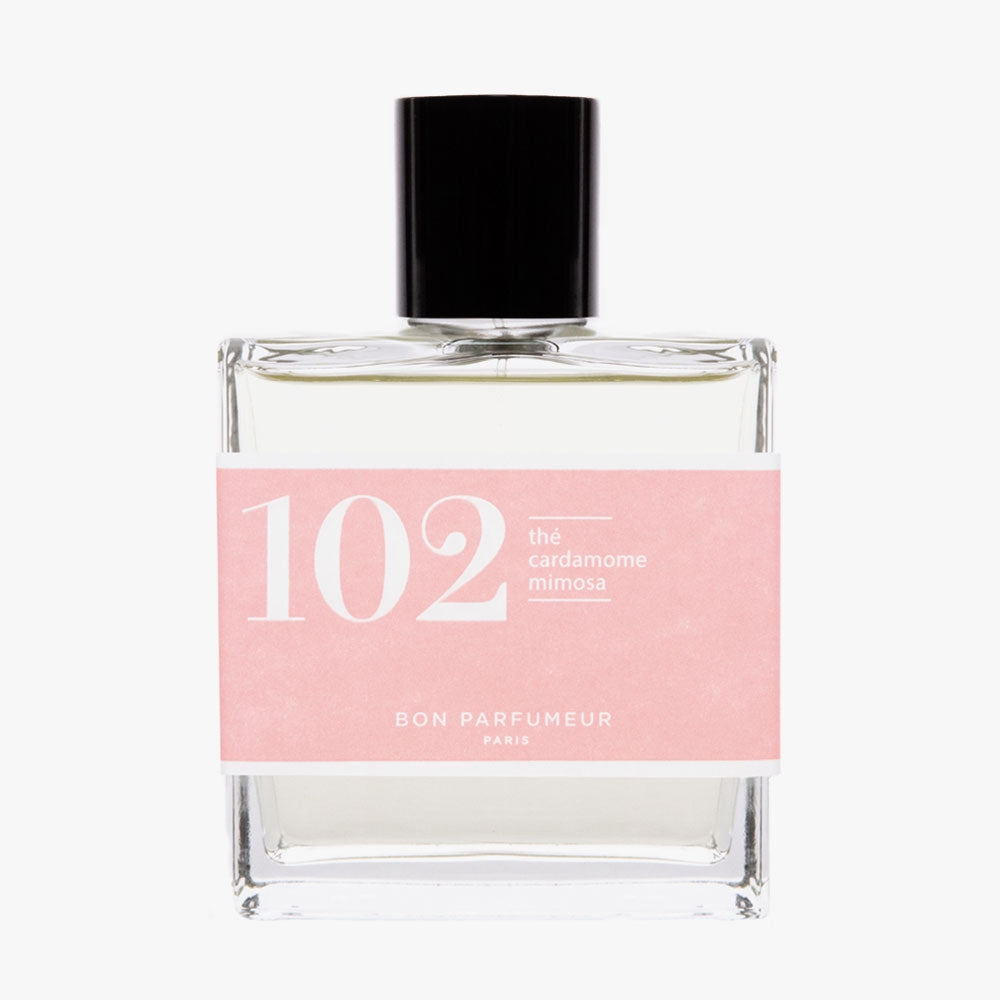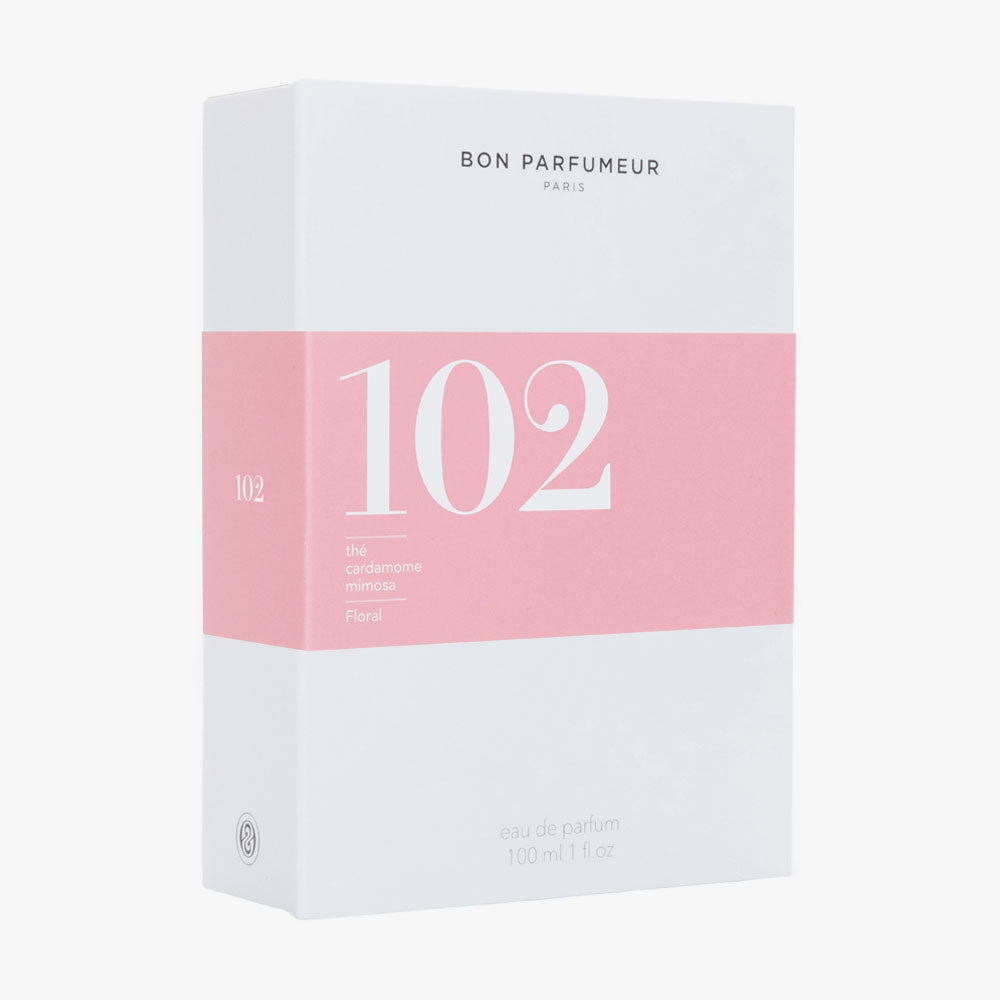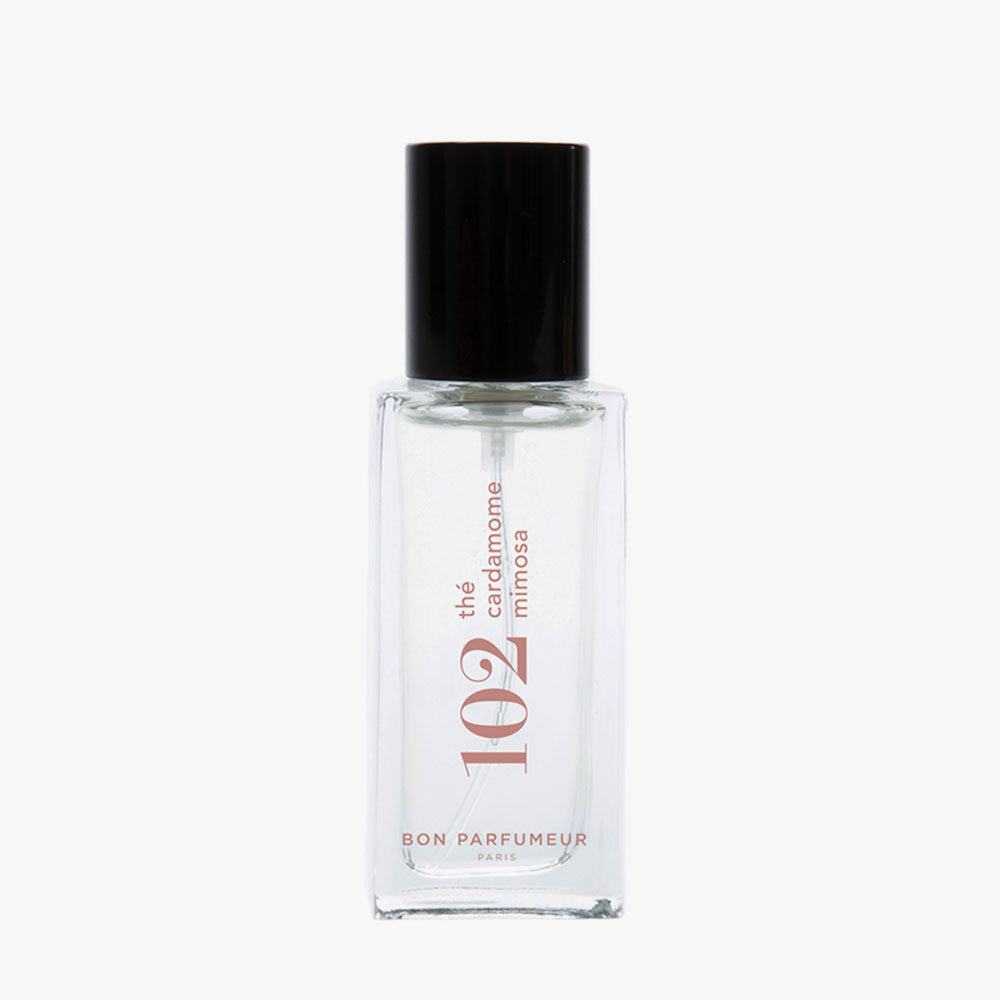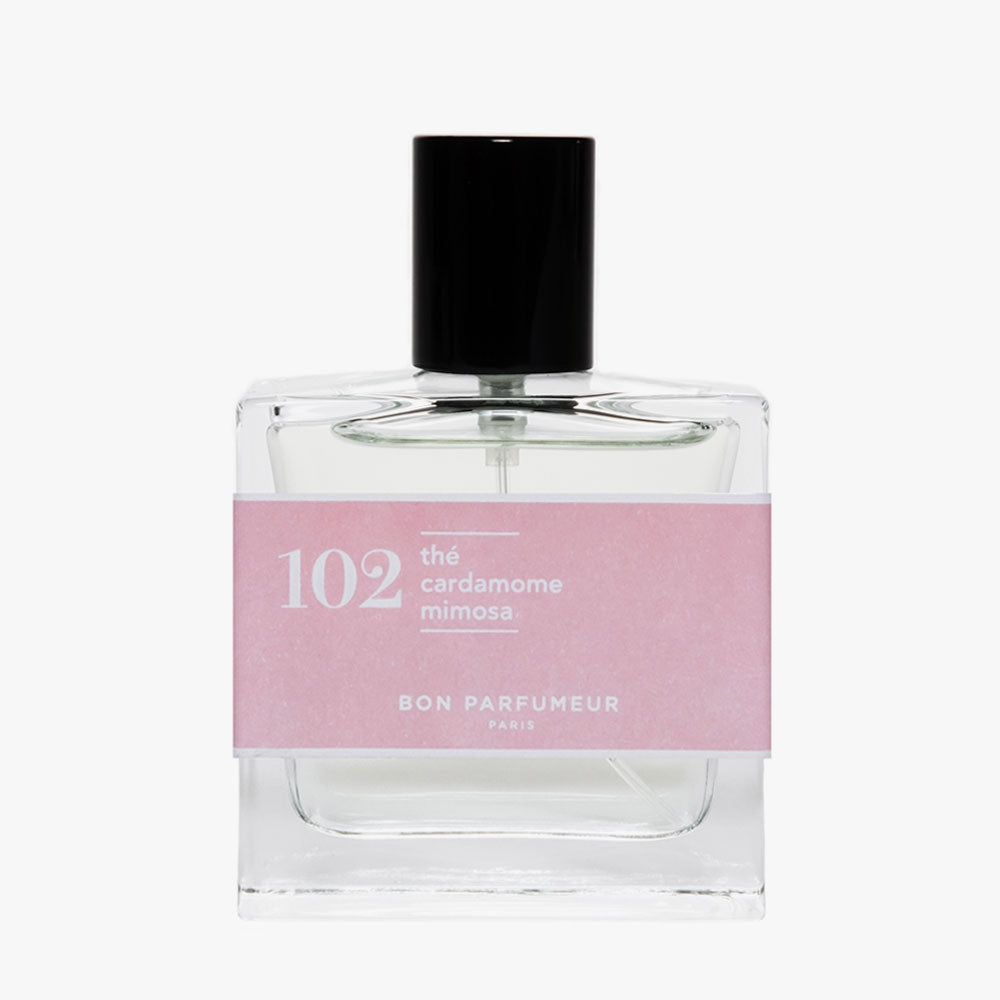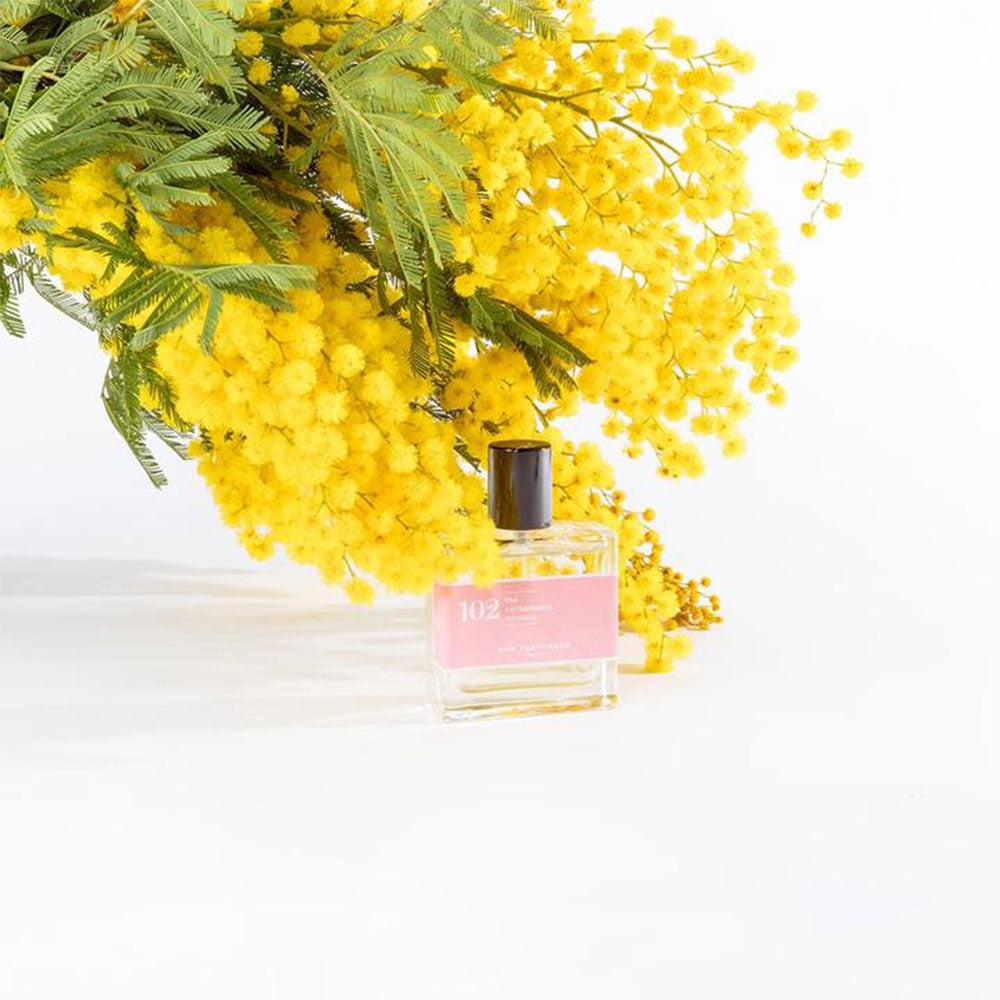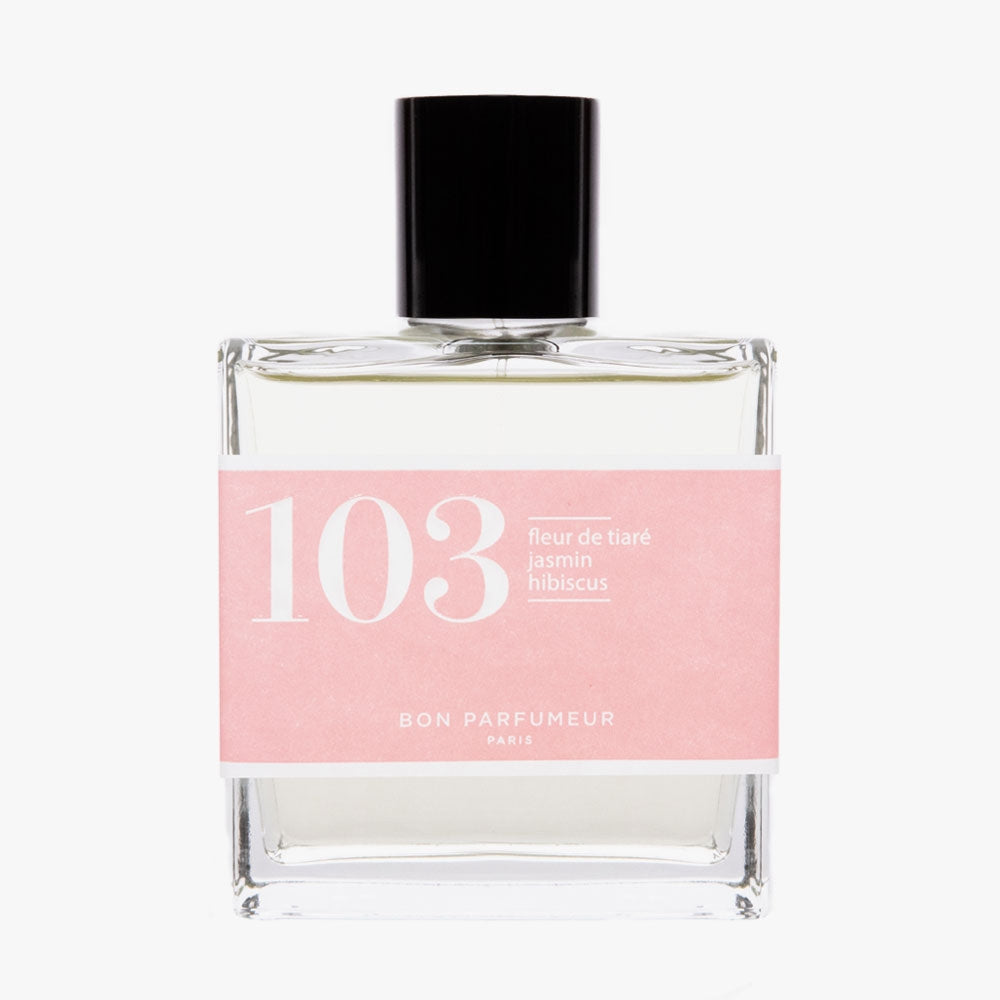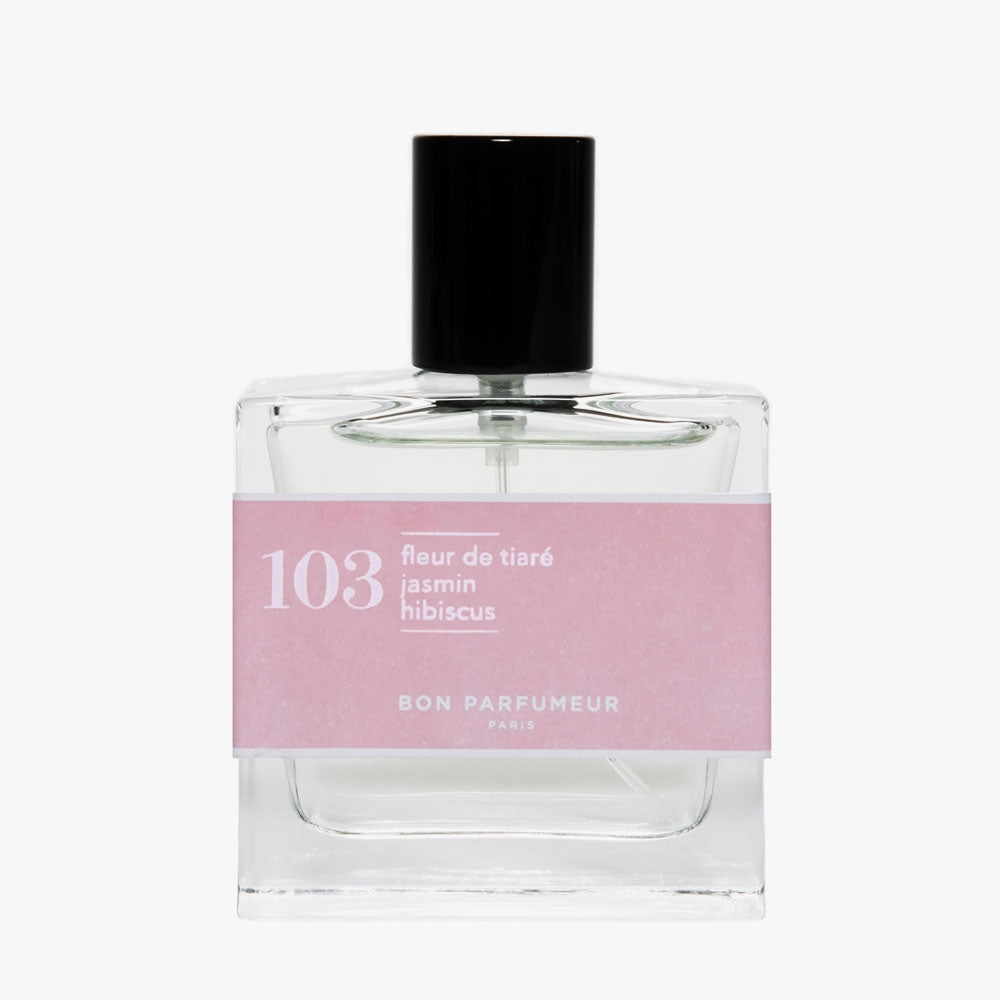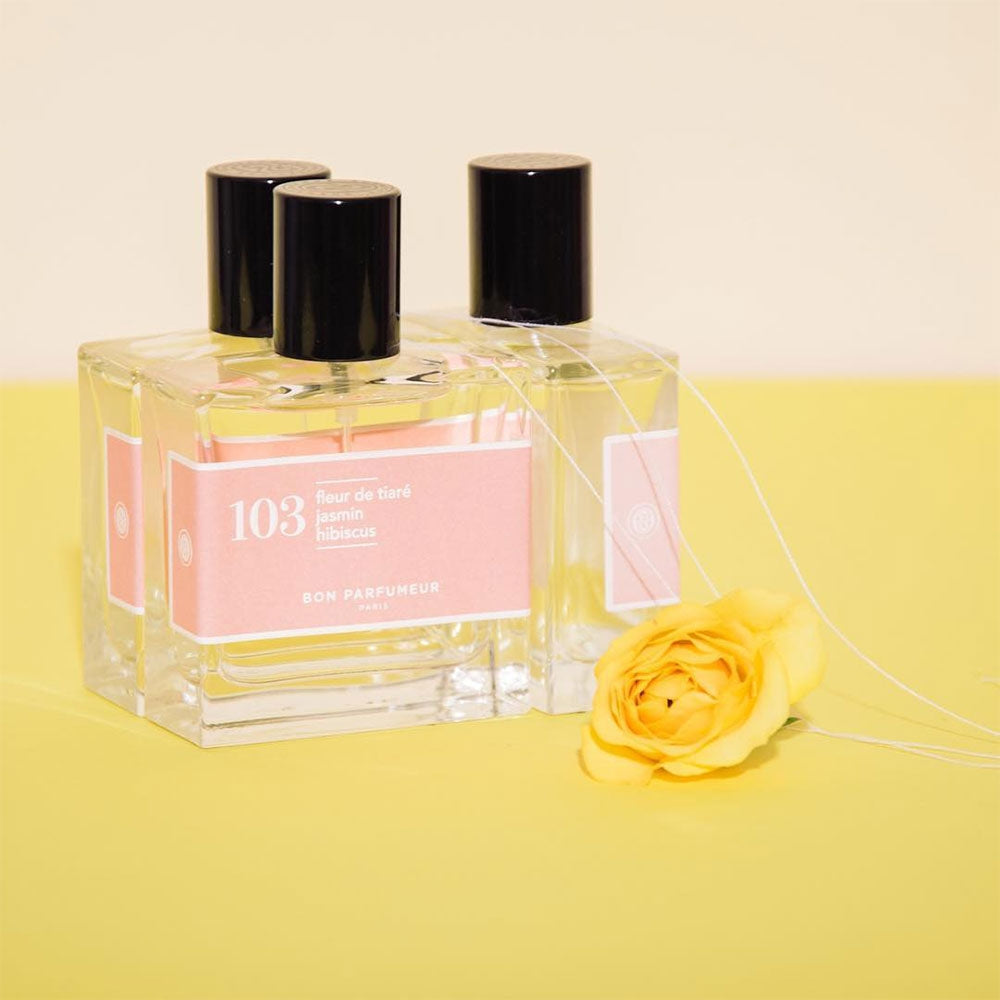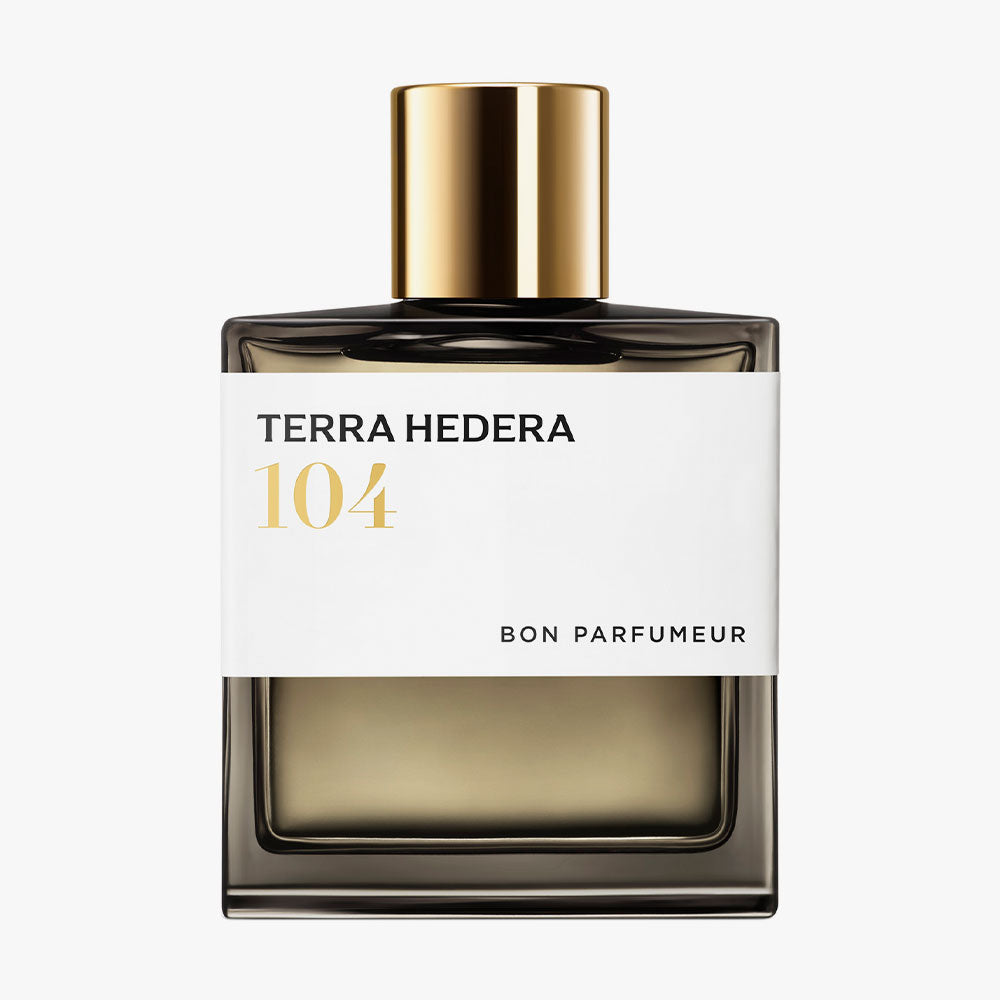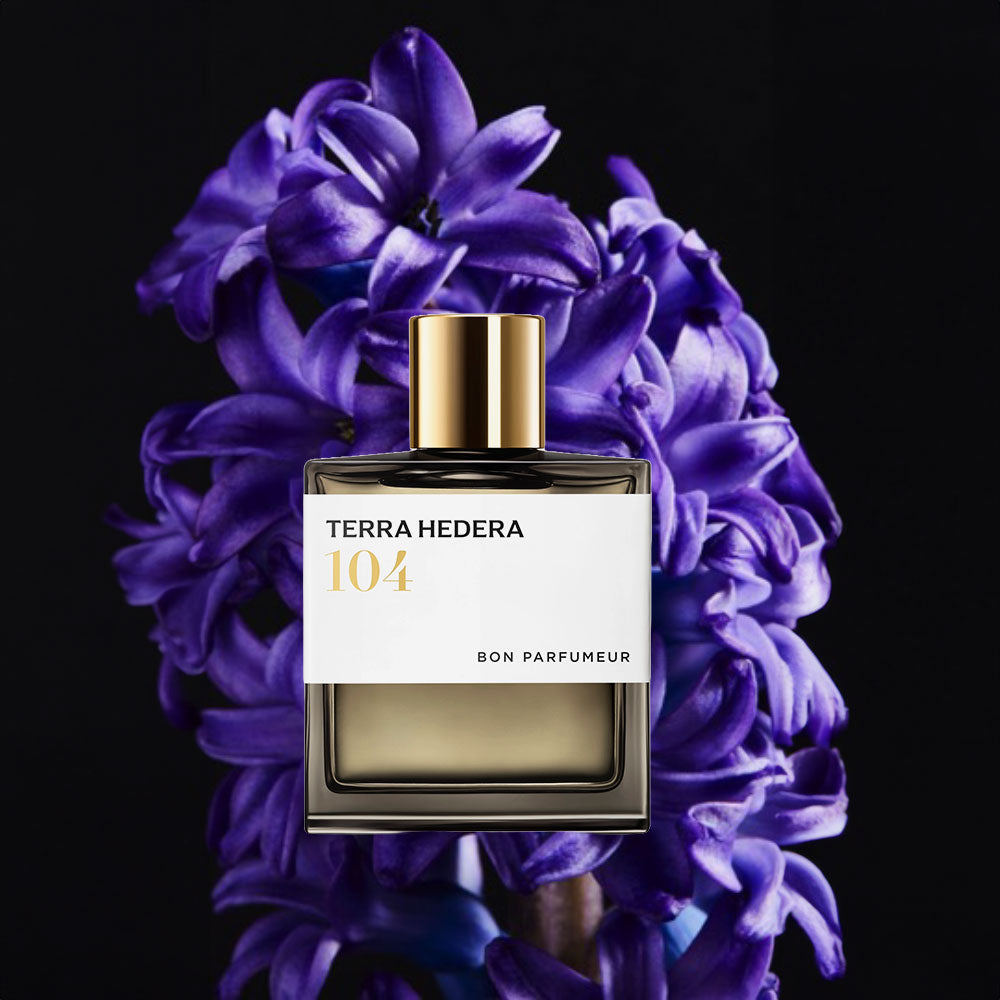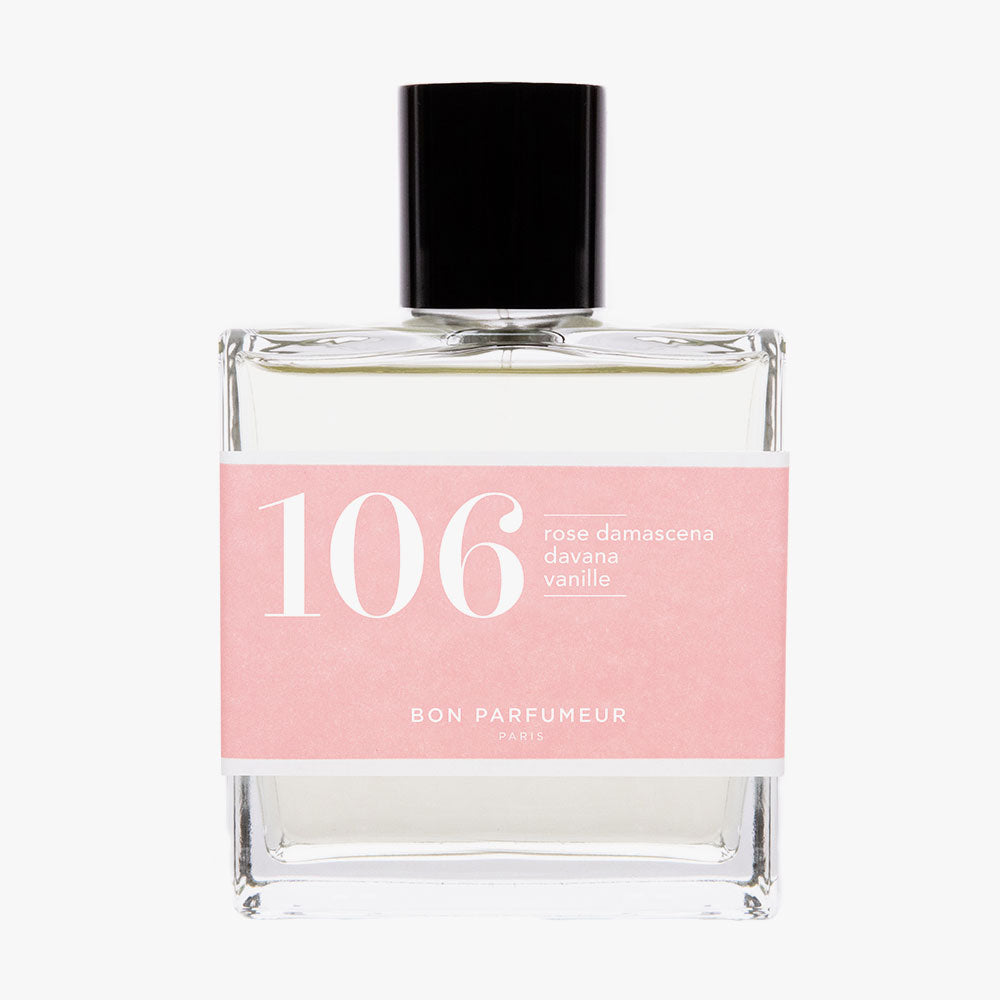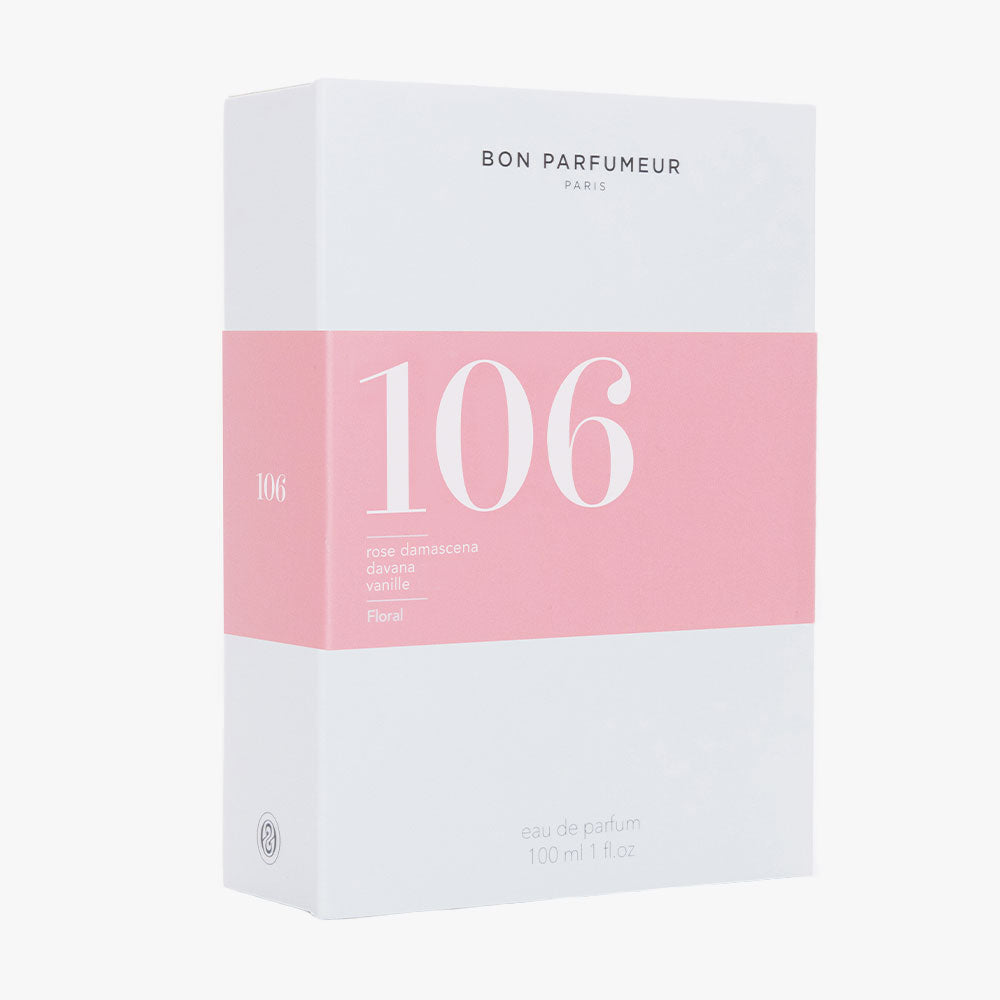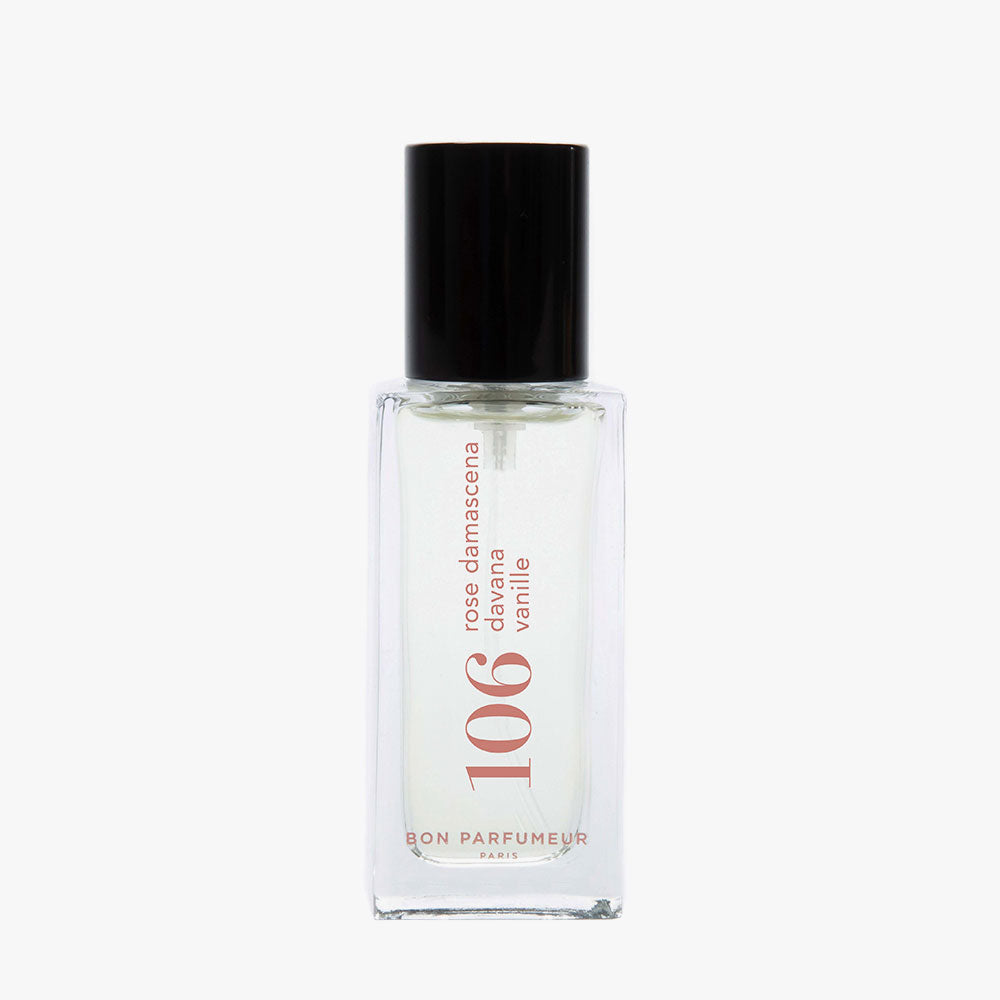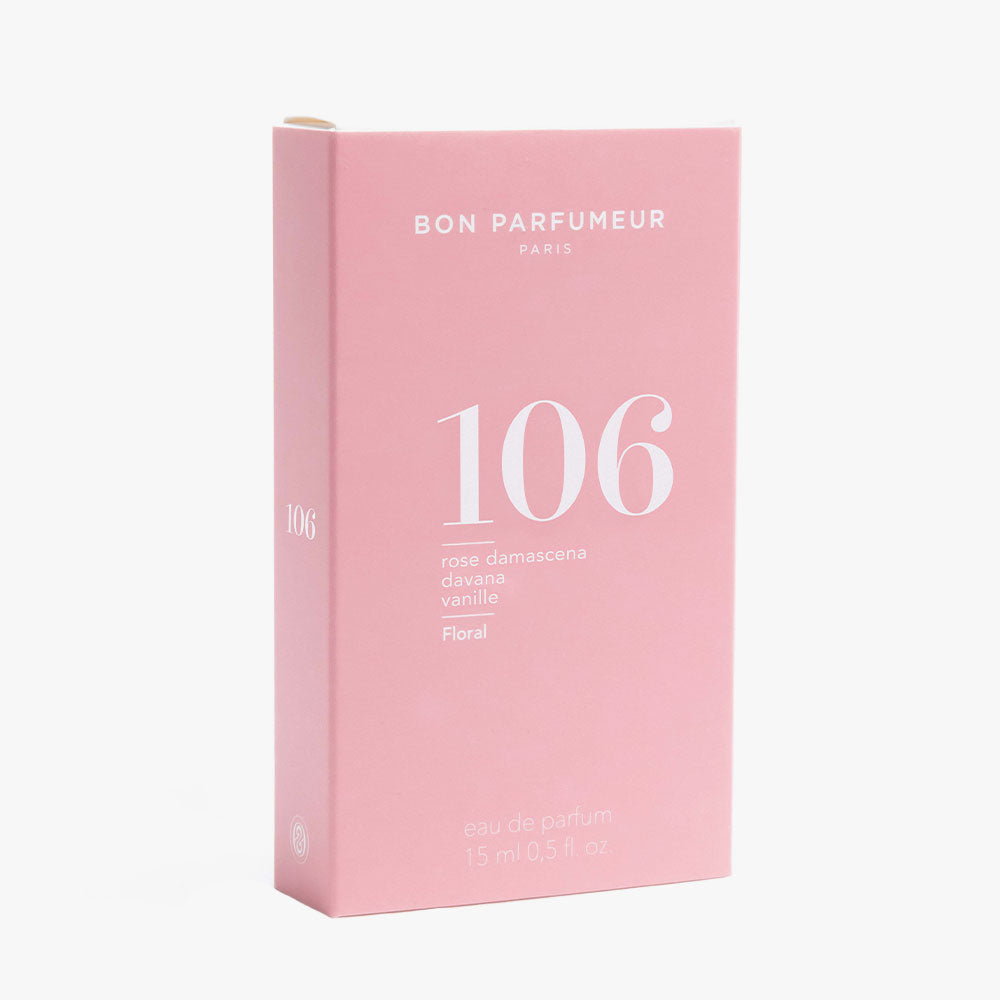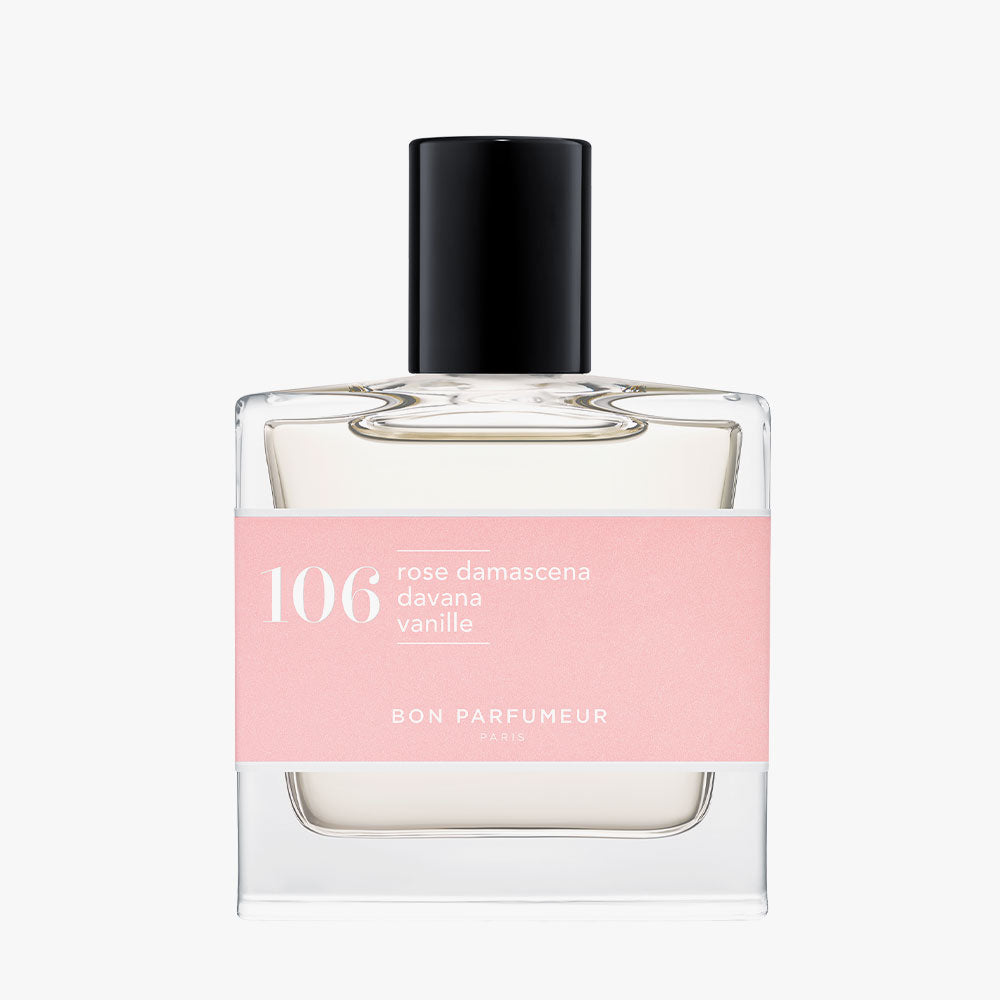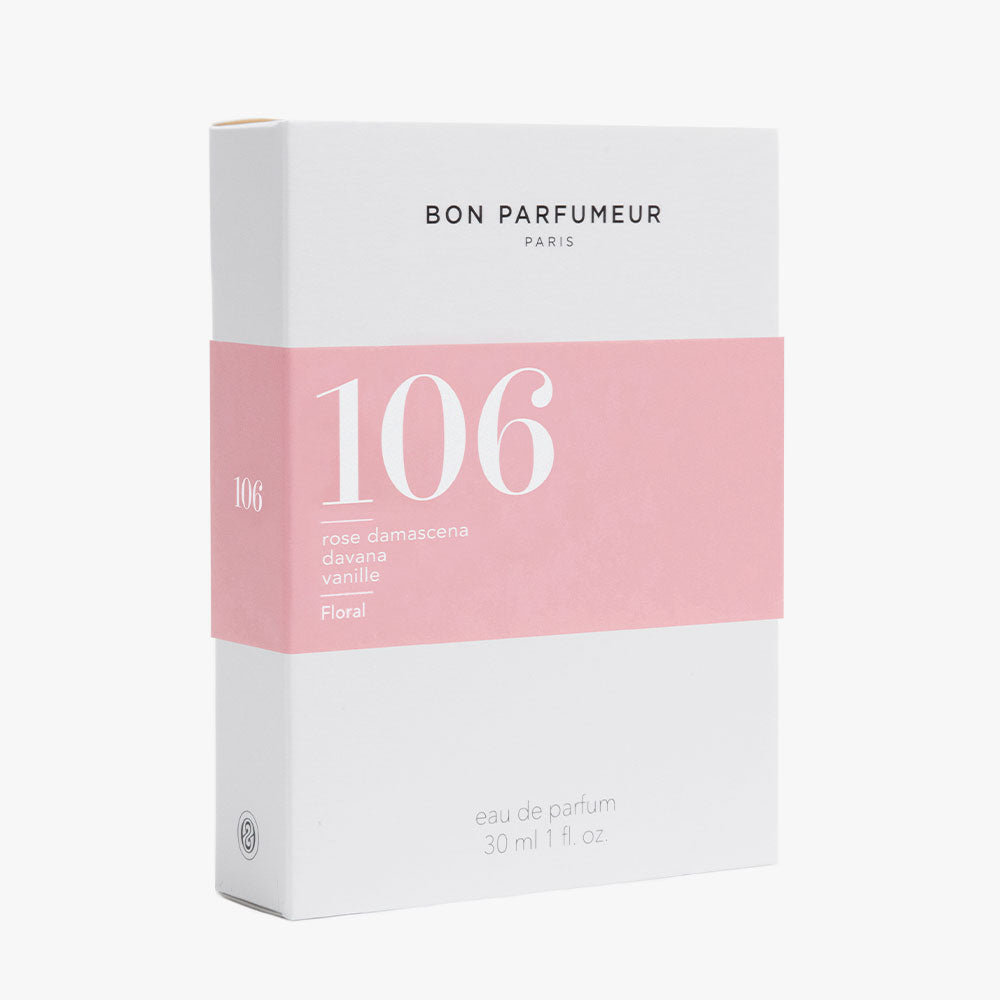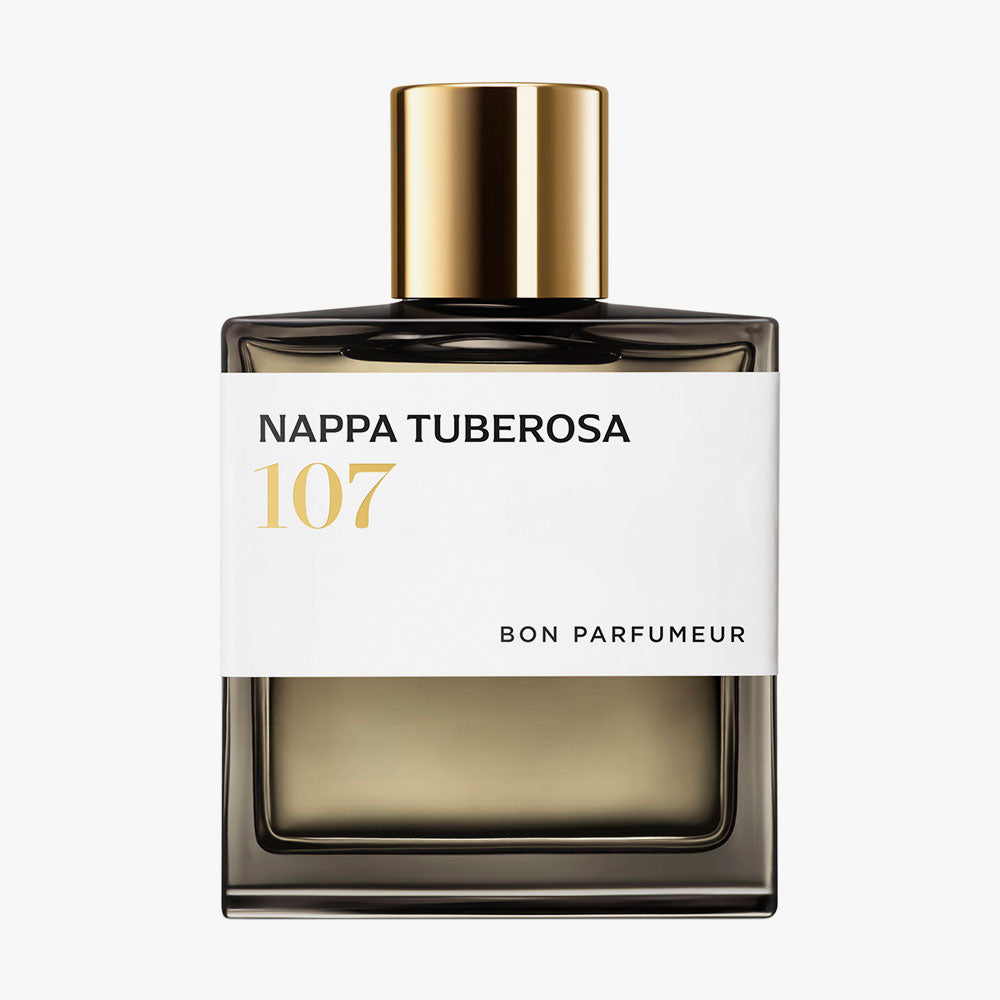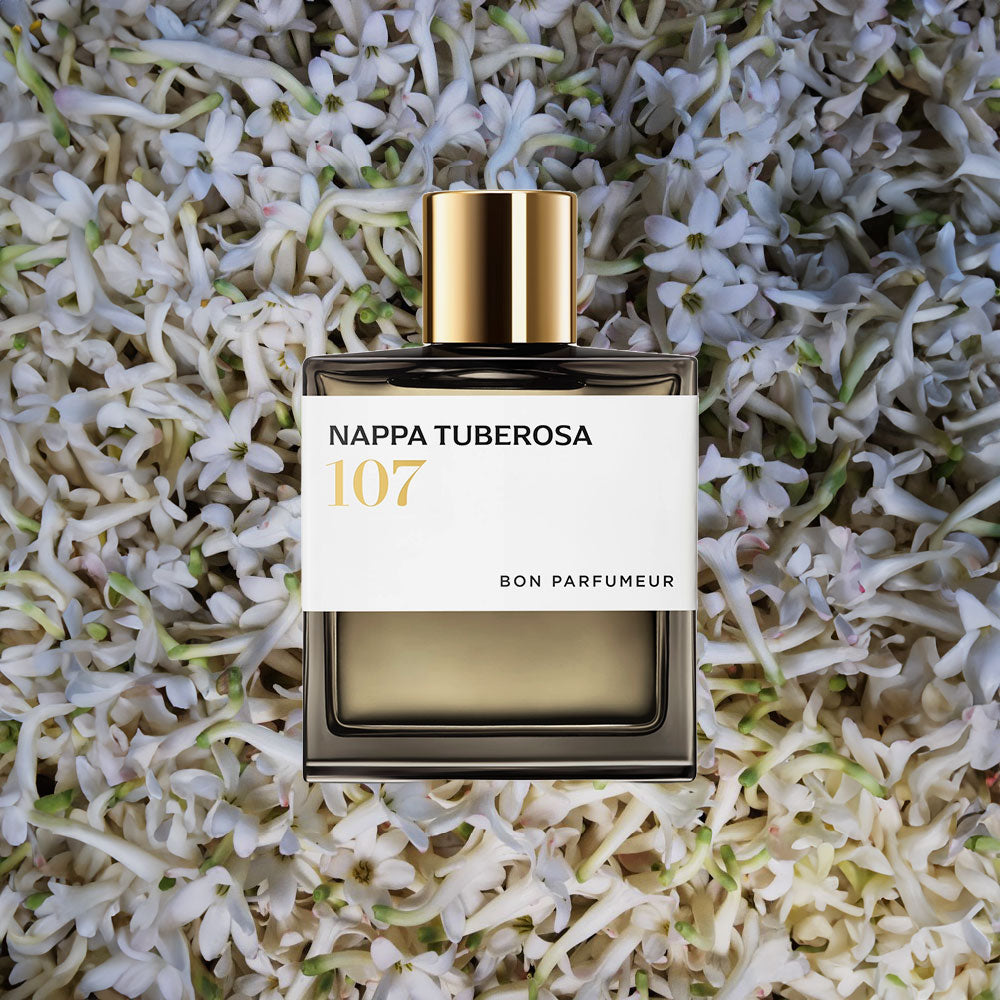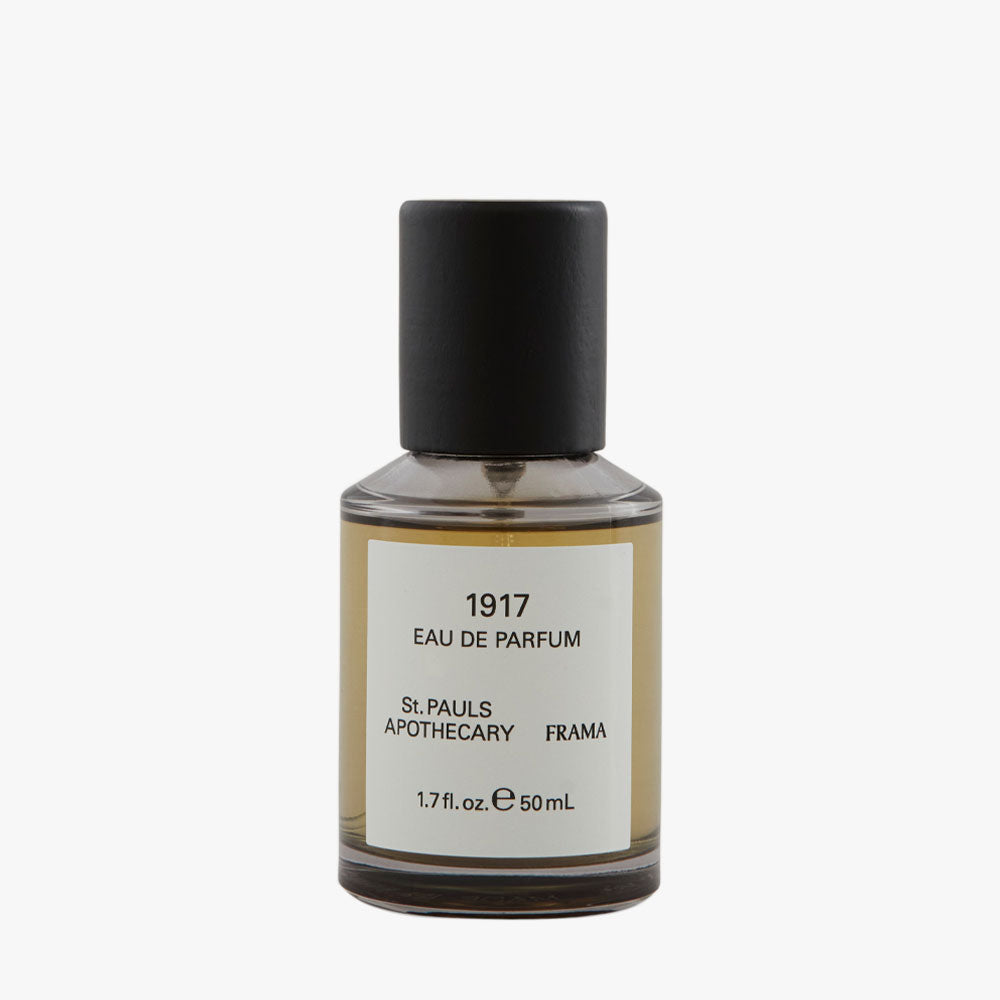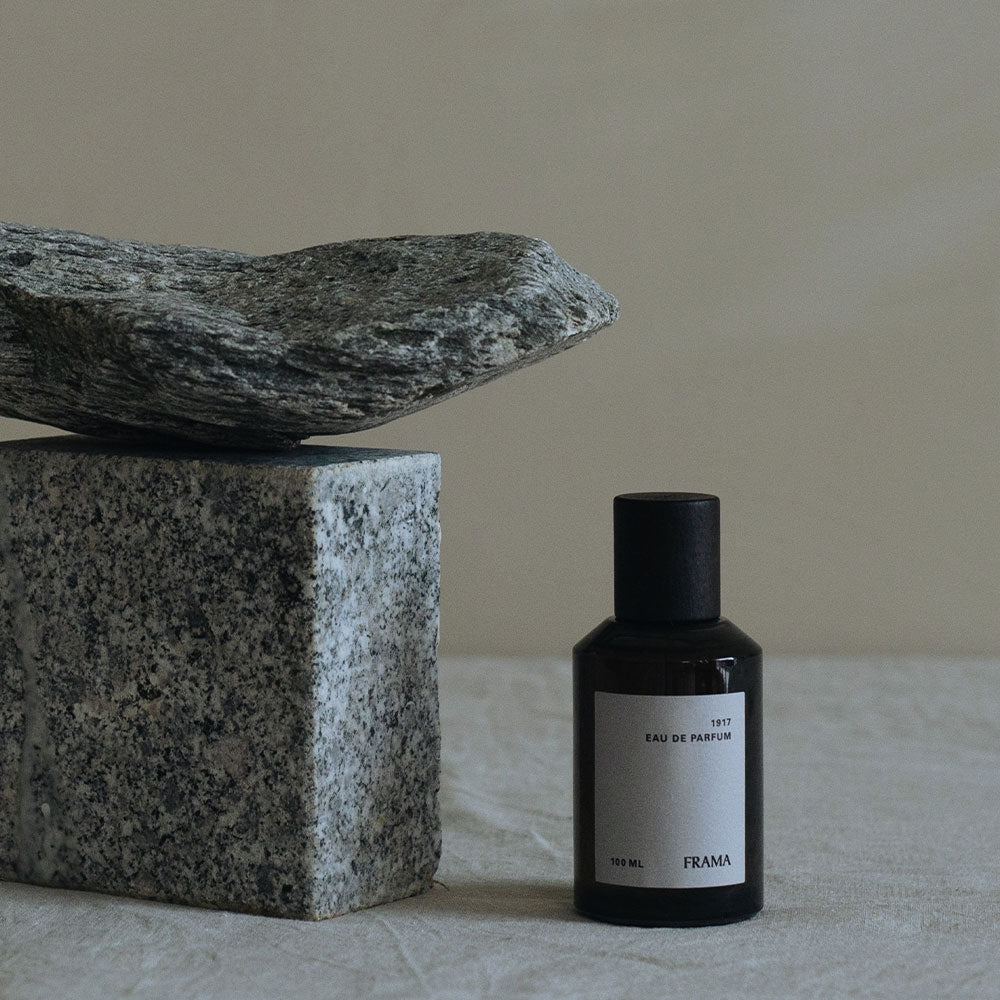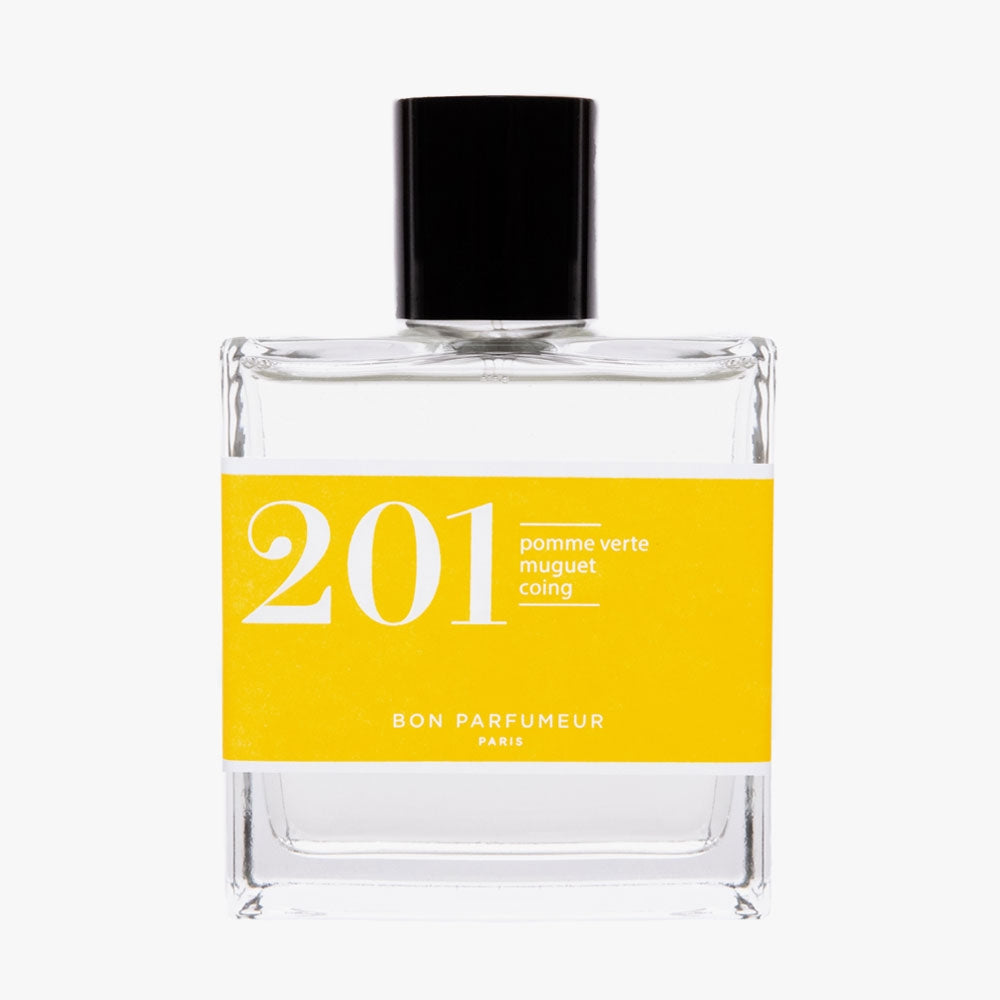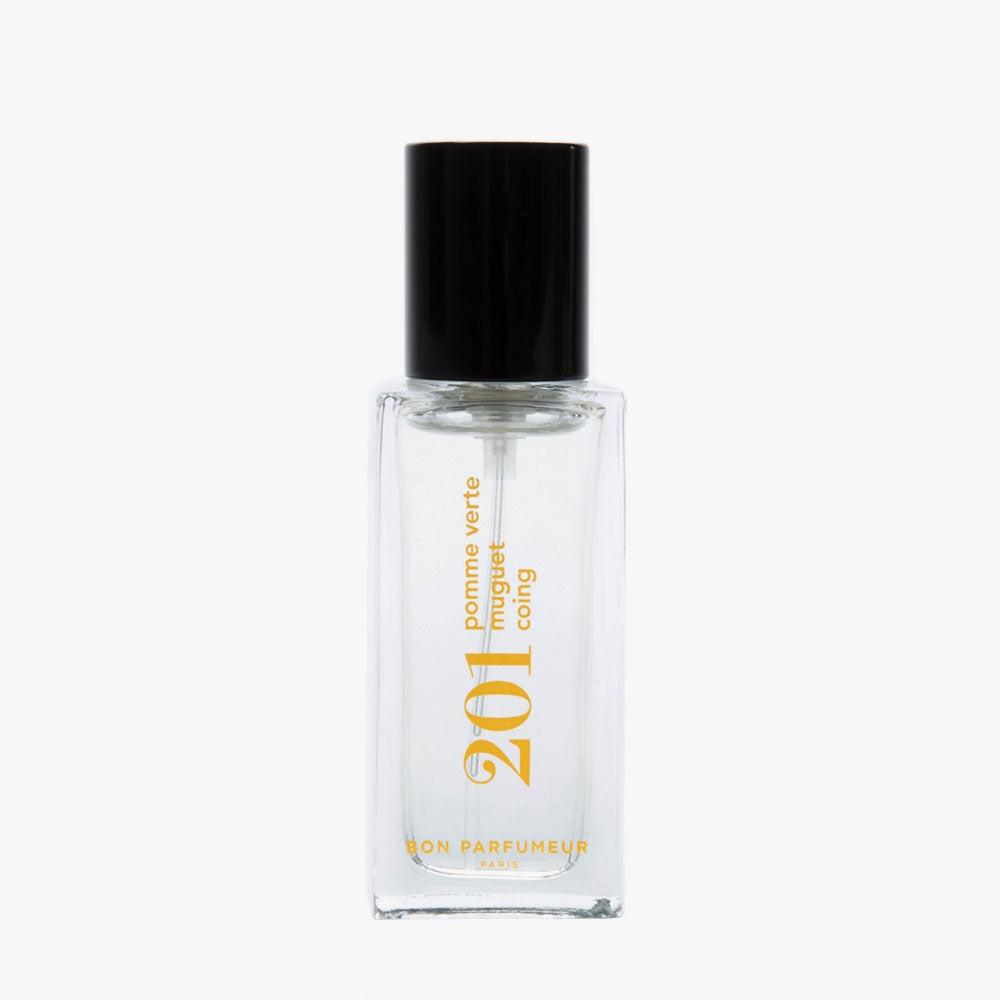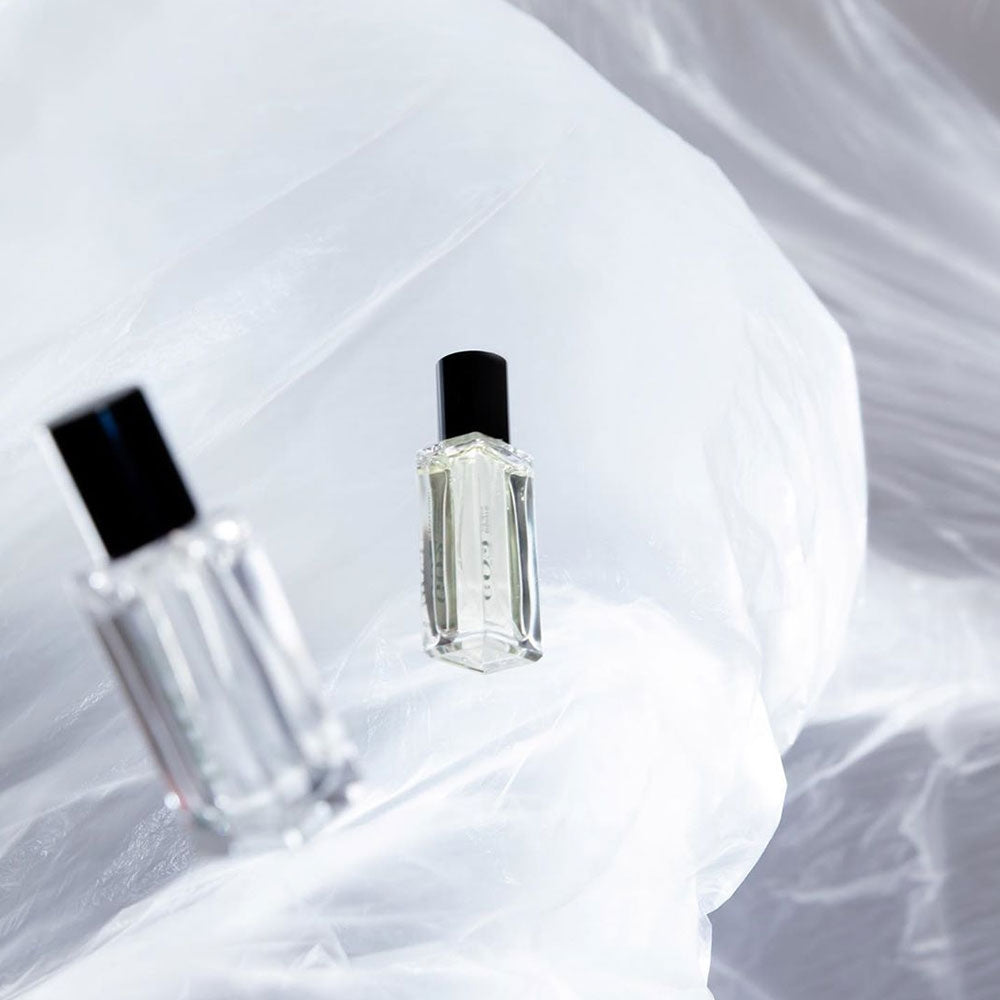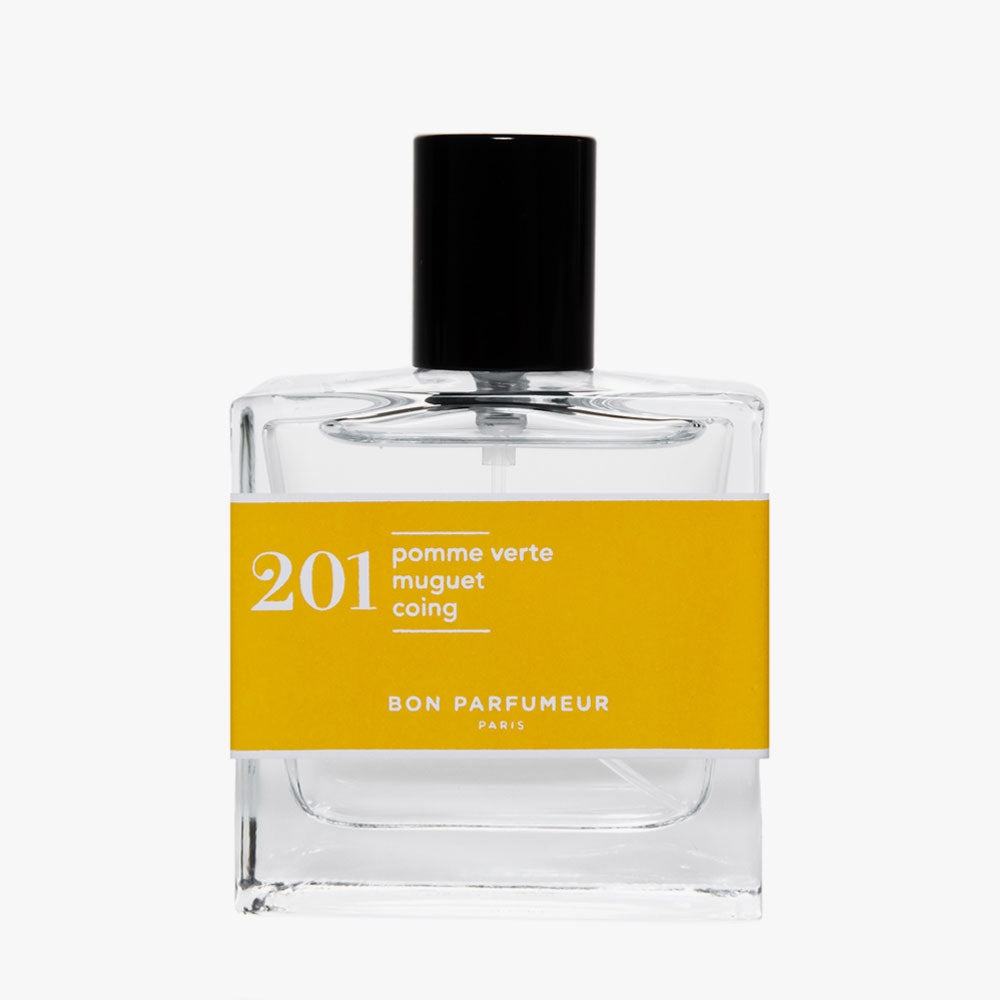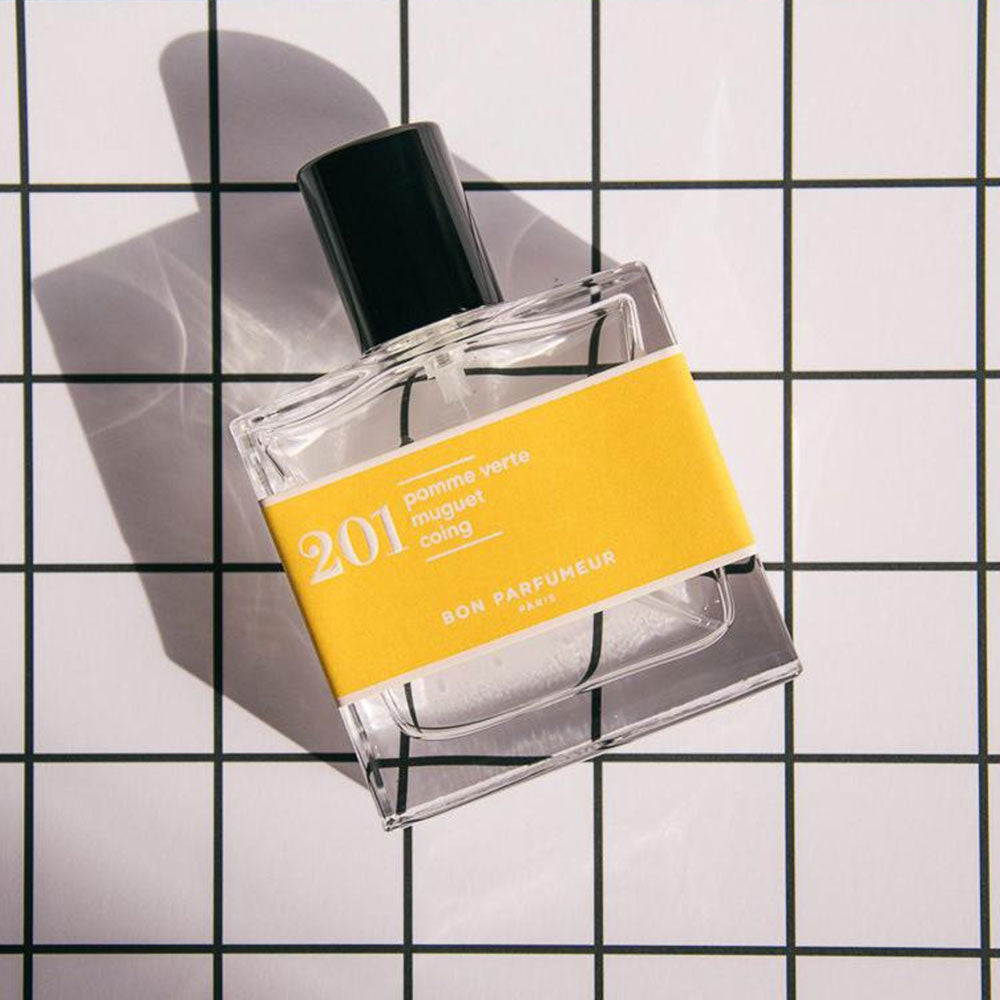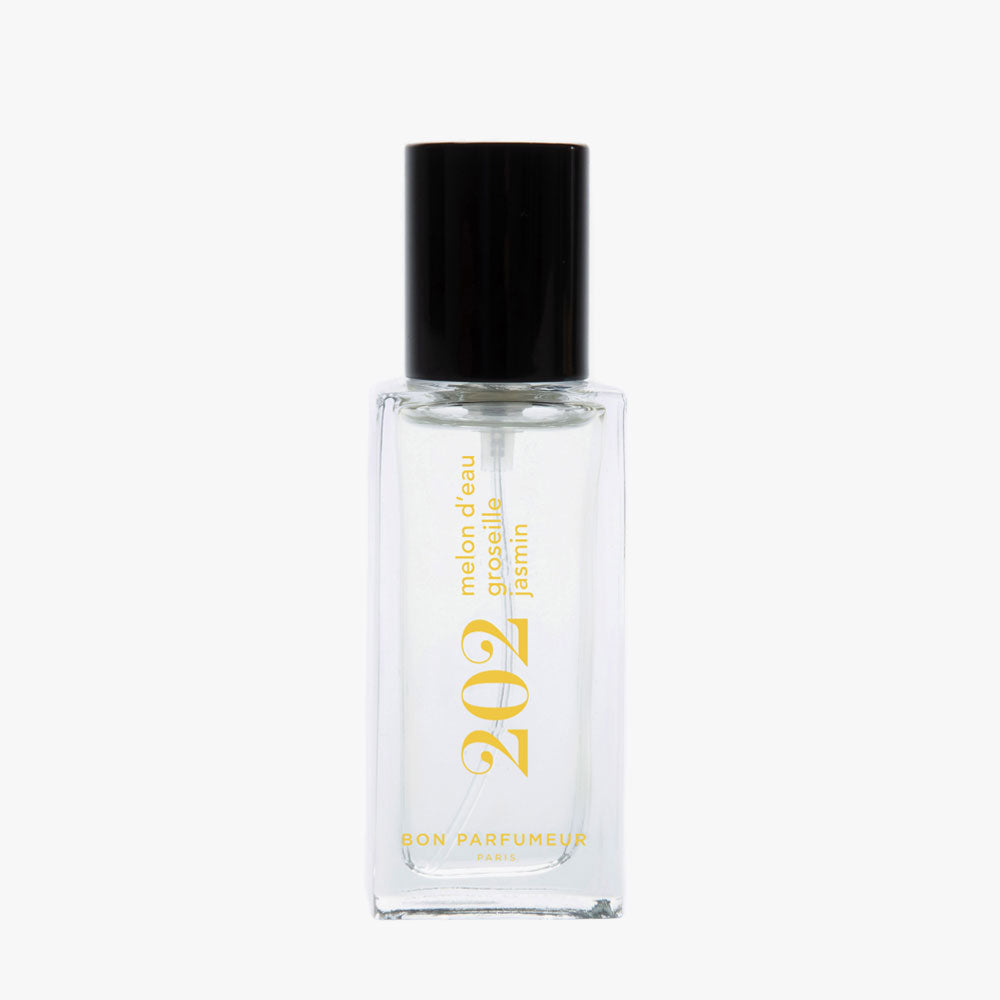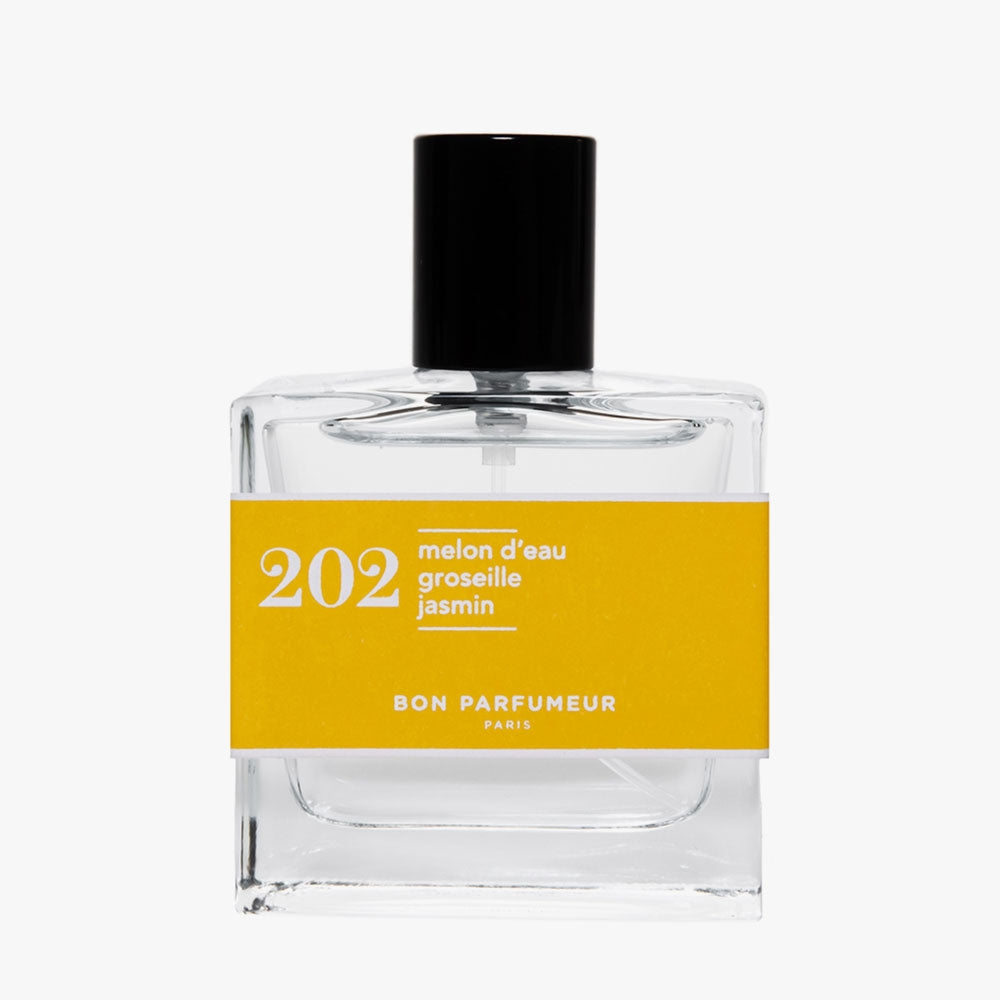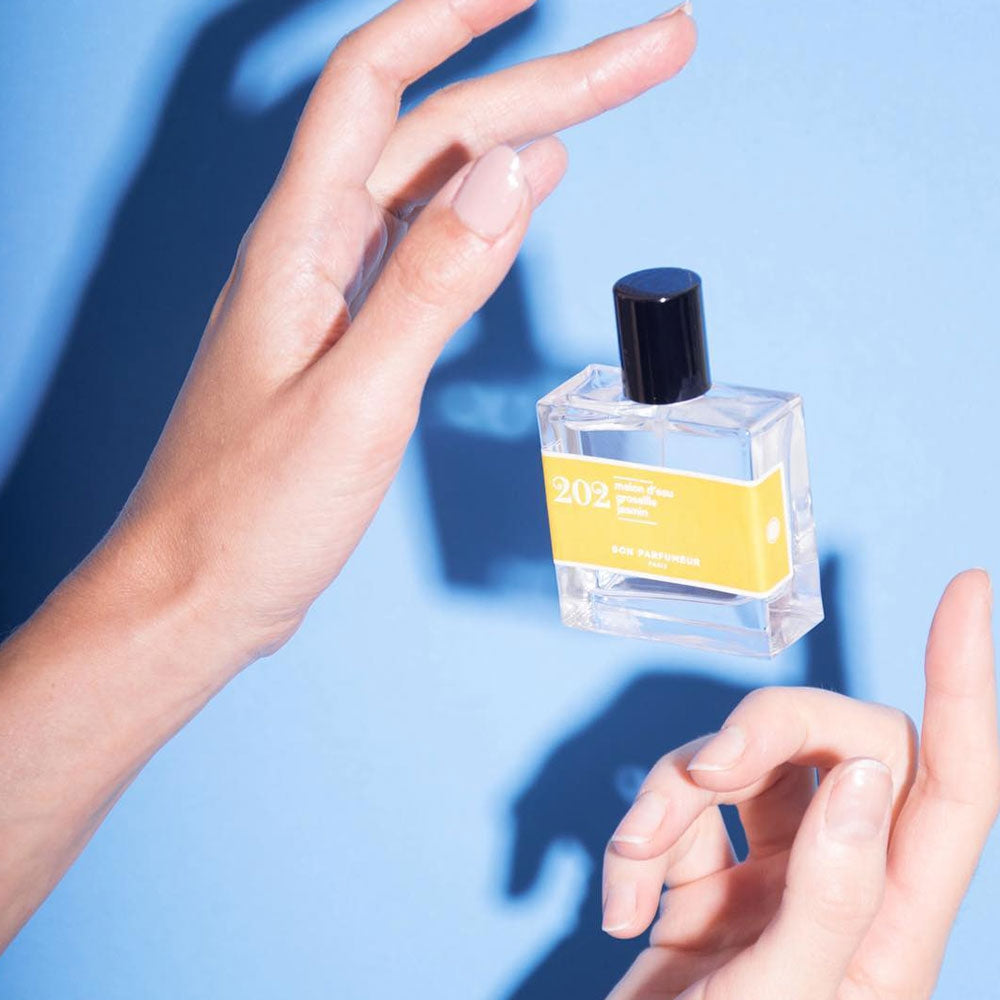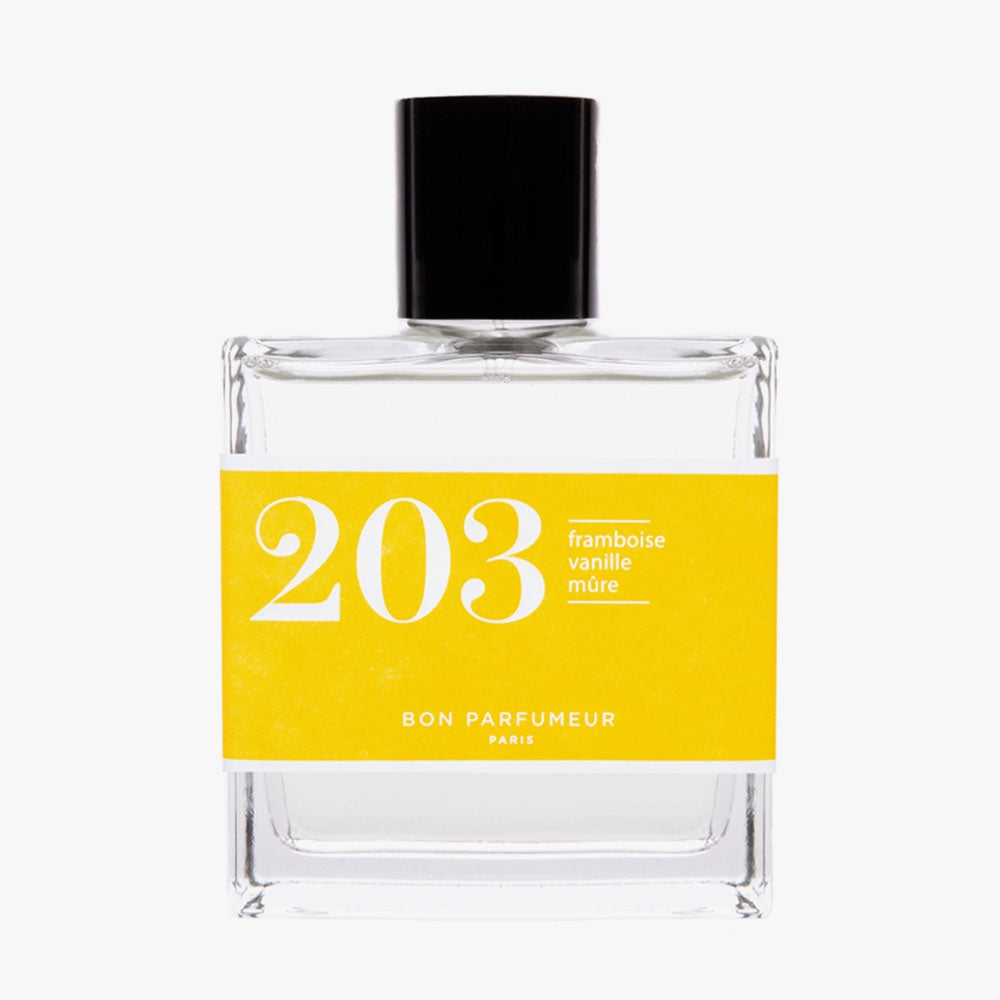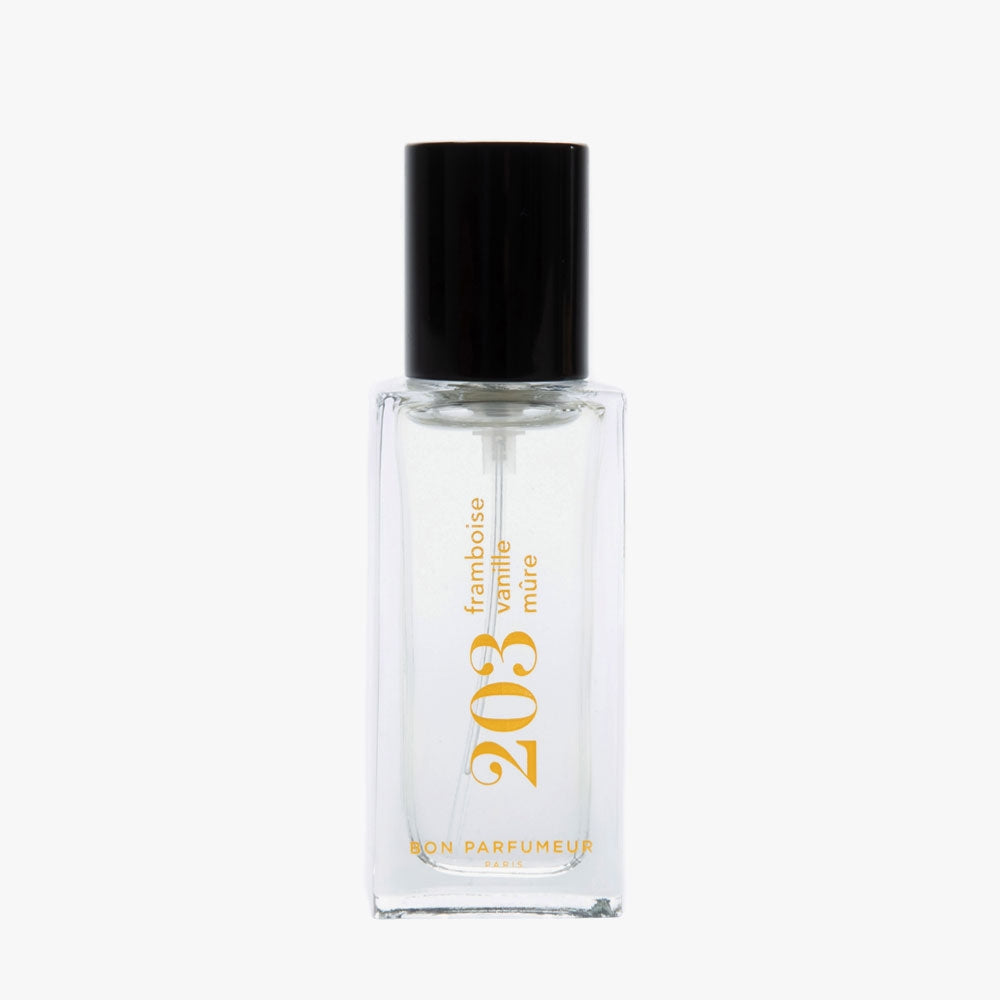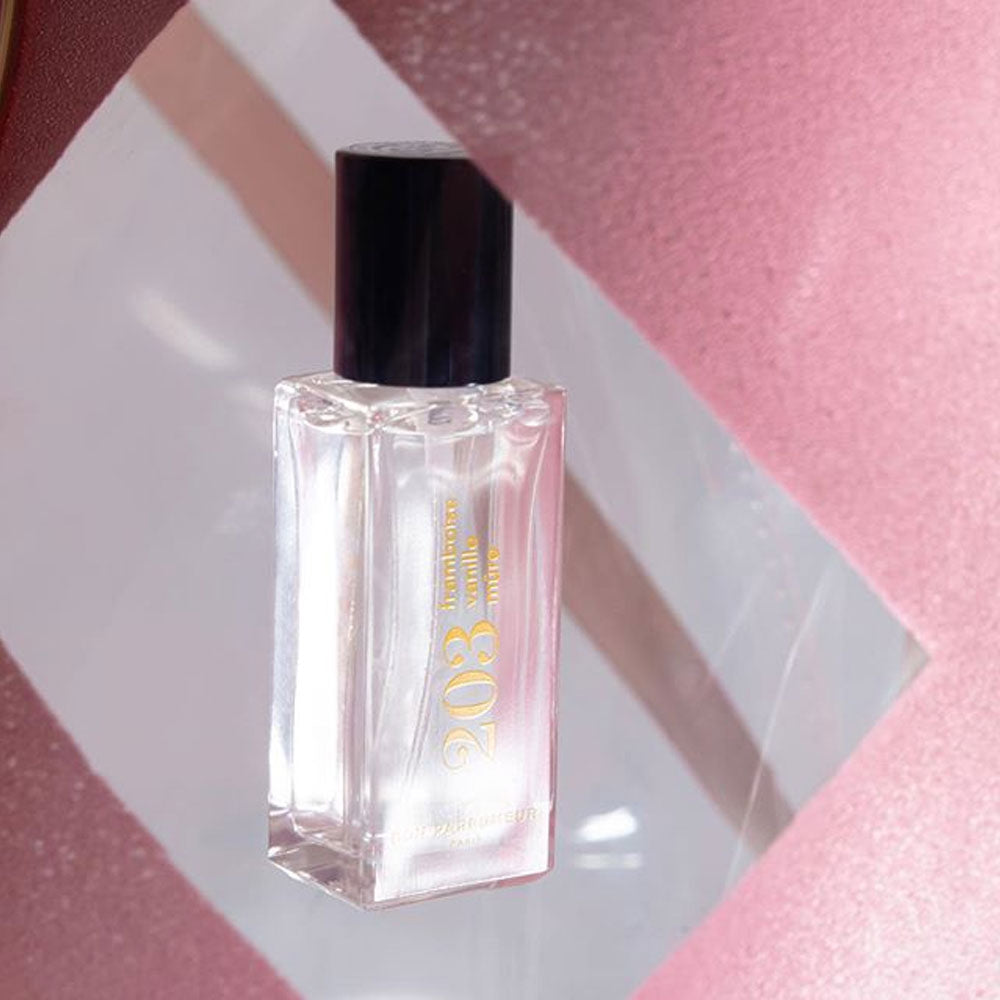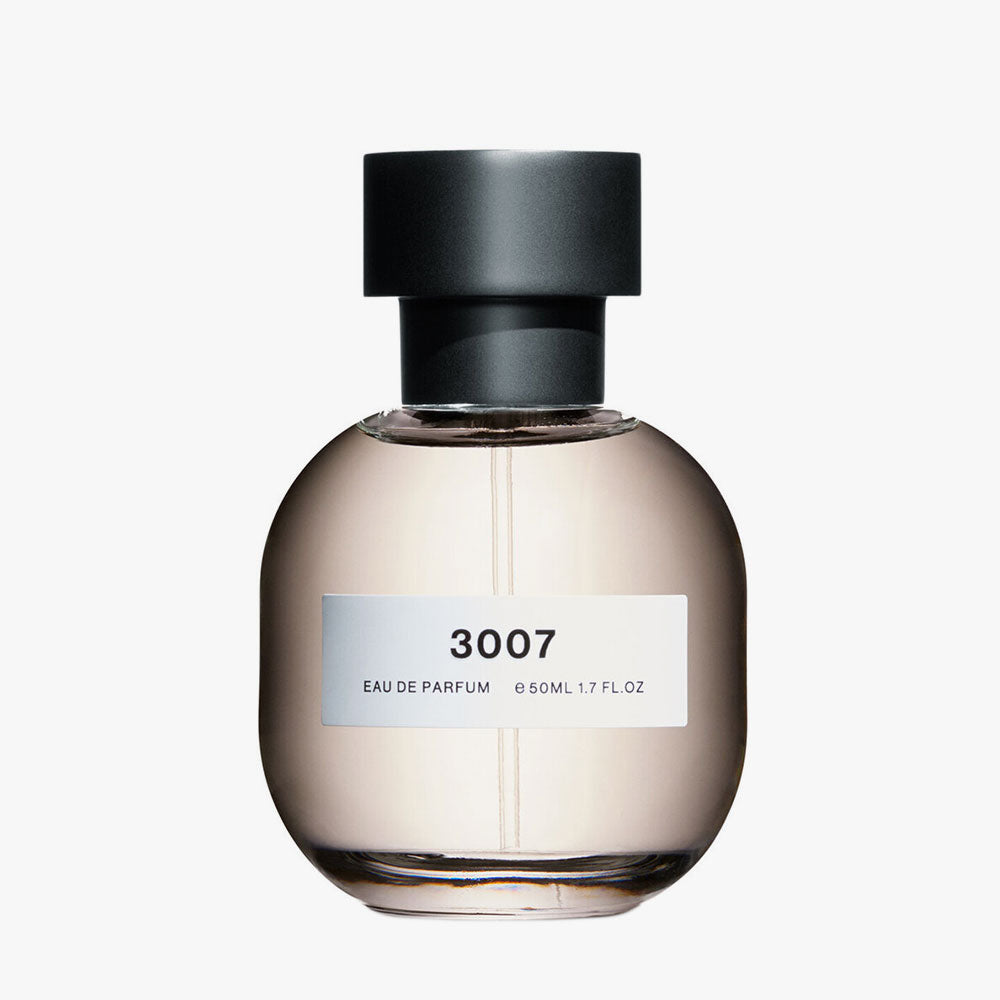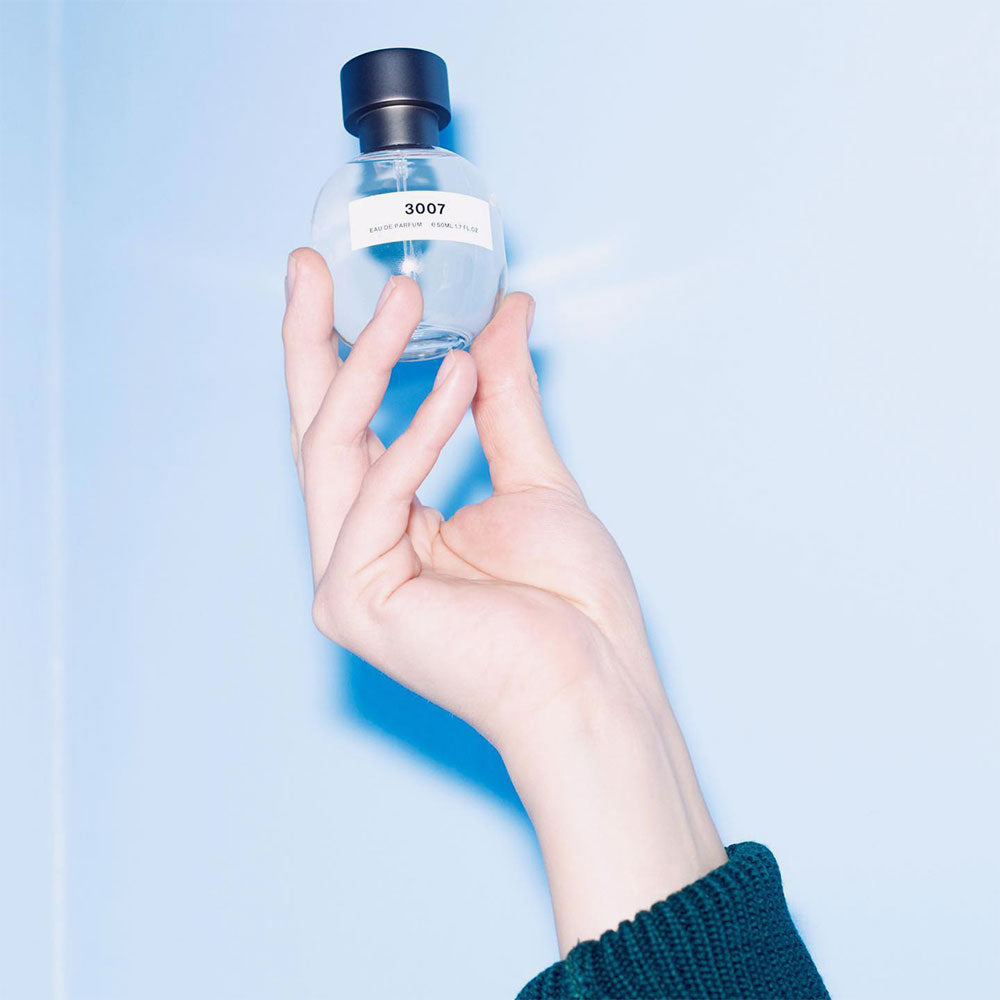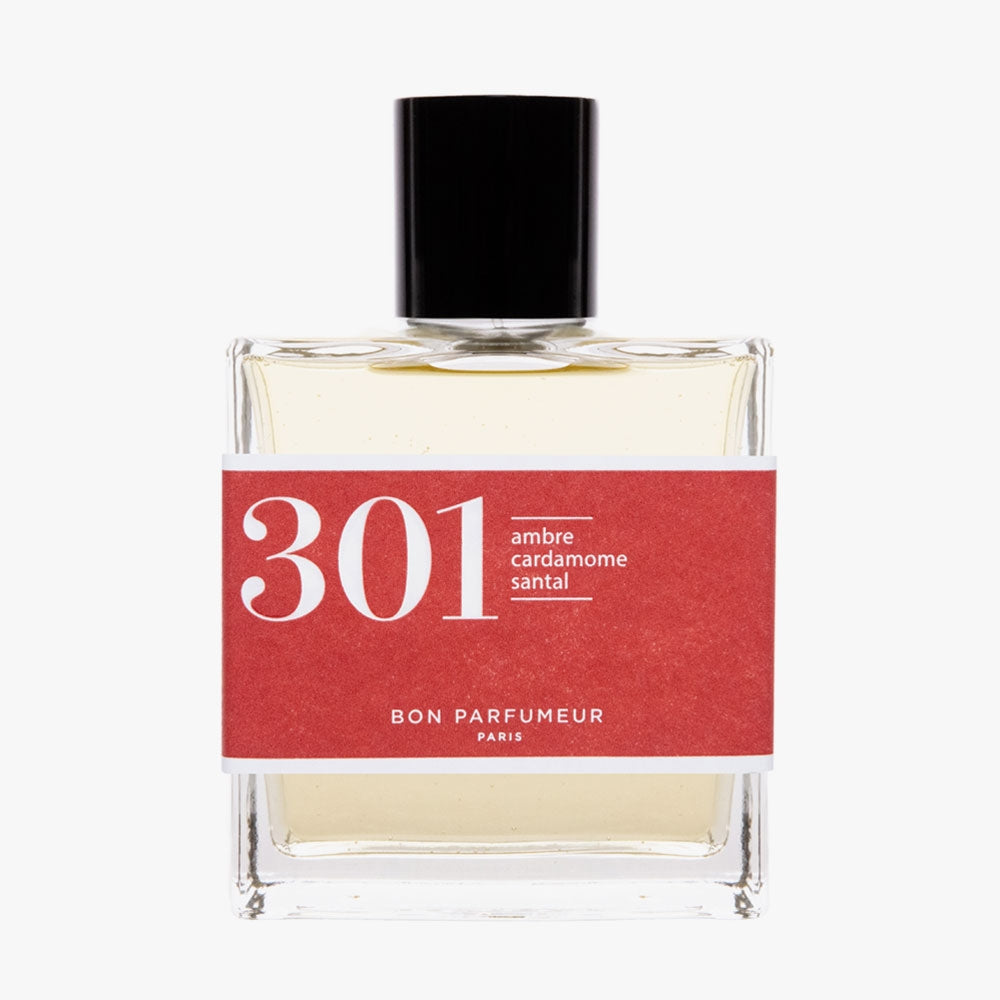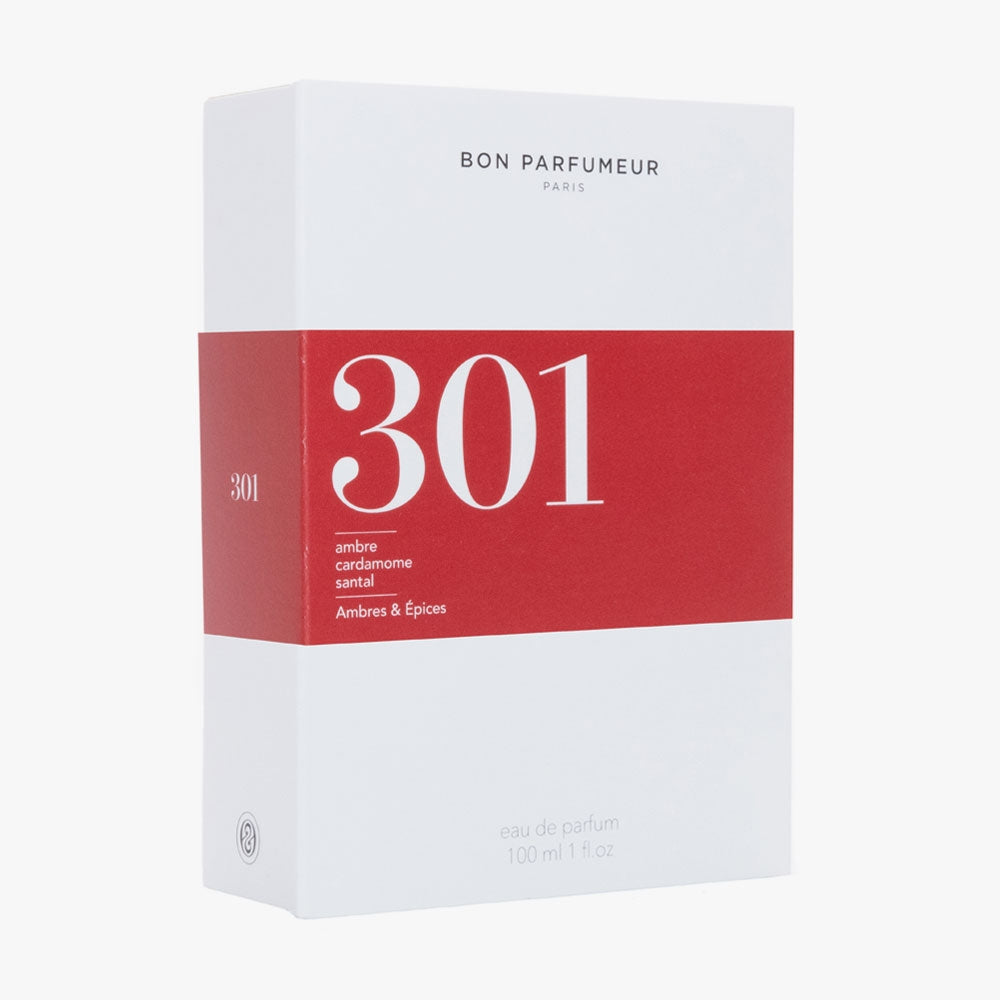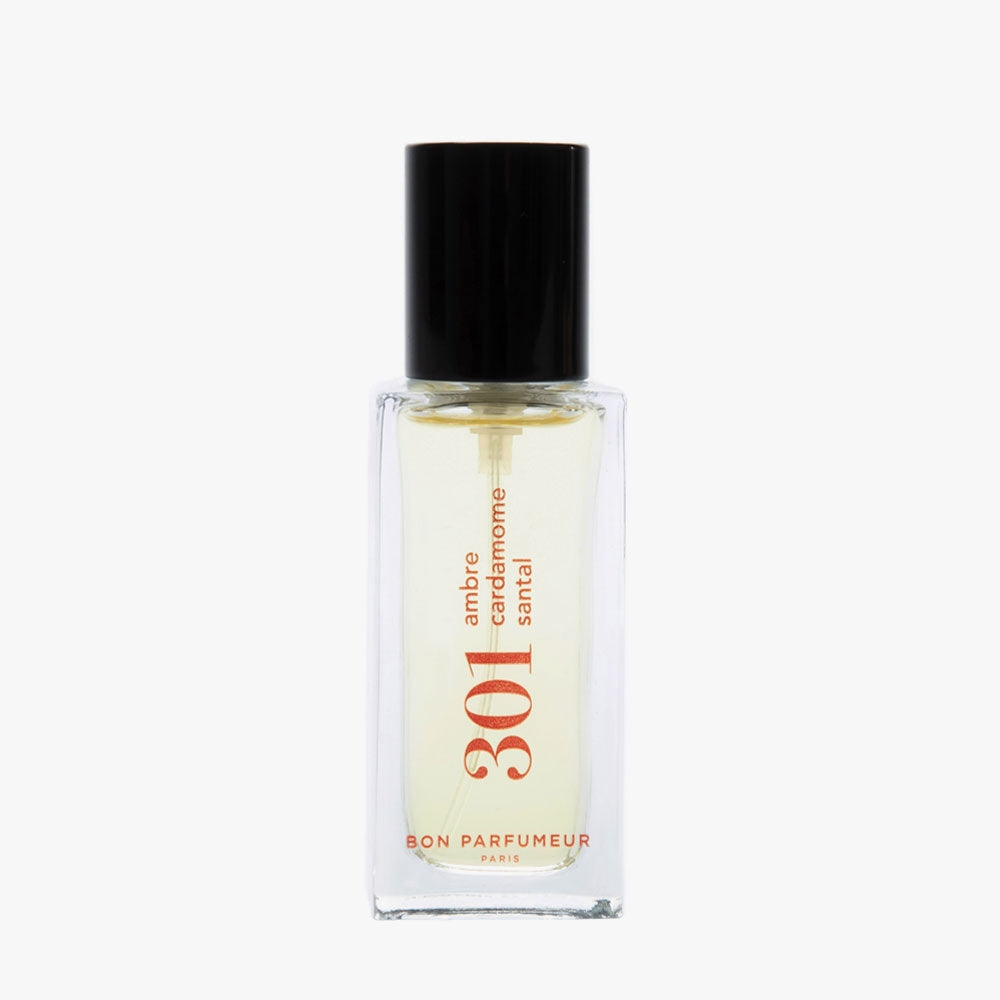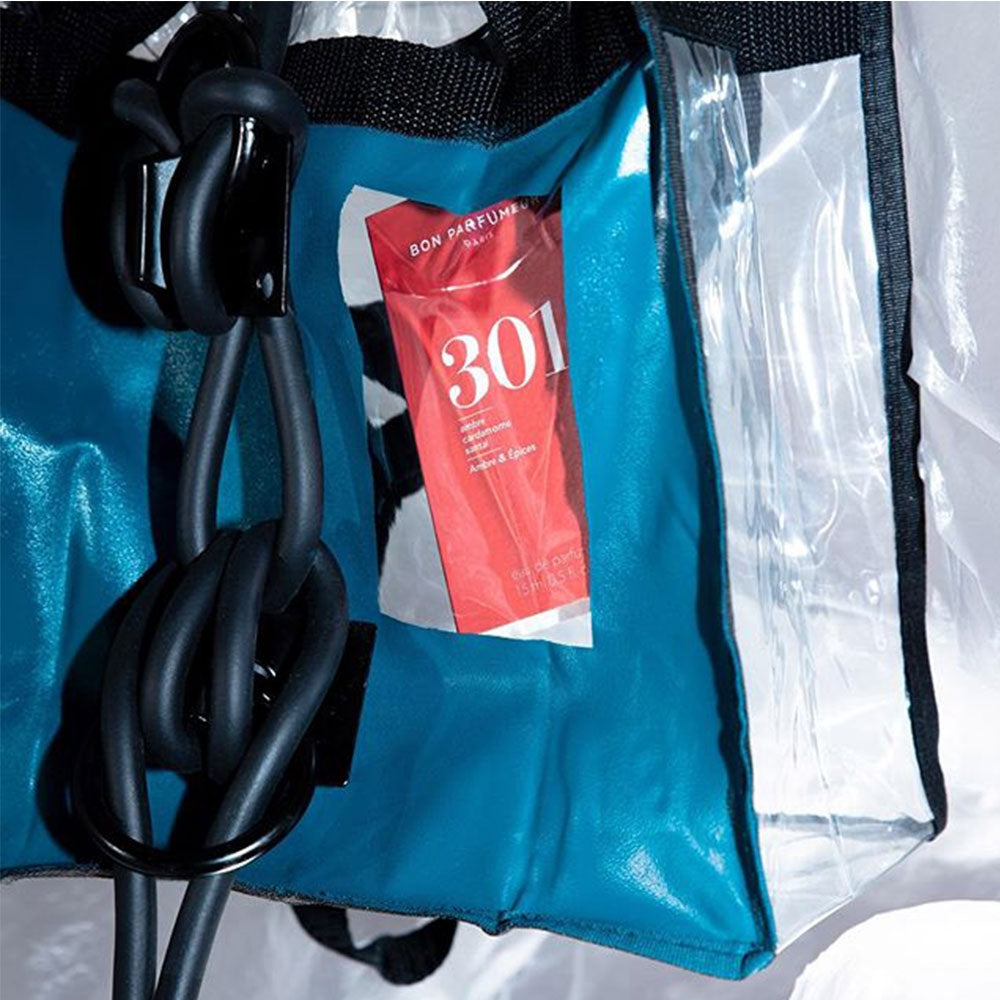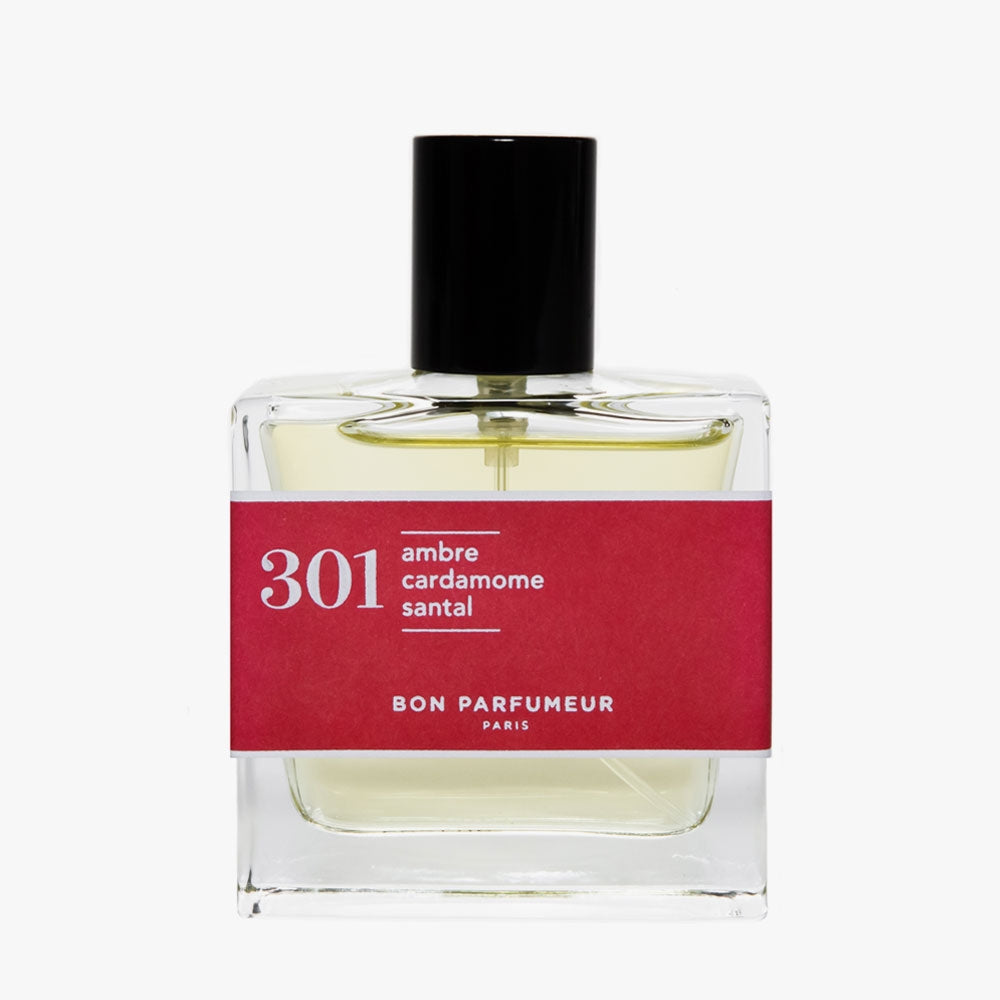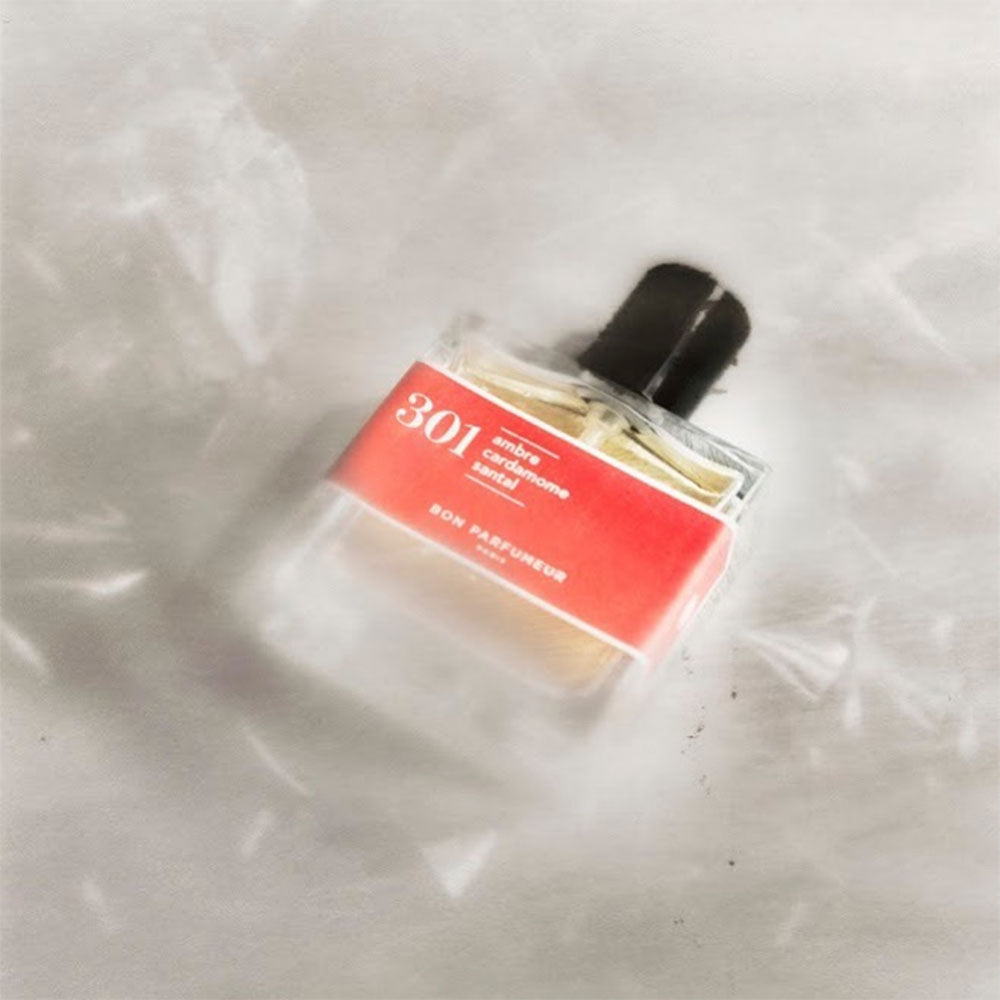Einleitung
Welches Parfum passt zu mir? Die Suche nach dem perfekten Parfum ist wie ein persönlicher Trip, der deine Persönlichkeit – also auch deine individuellen Vorlieben und Bedürfnisse – berücksichtigen sollte. Doch wie findest Du das eine Parfum, das wirklich zu dir passt? Und worauf gilt es zu achten, wenn man sich im Parfum-Game noch nicht so zu Hause fühlt? In diesem Parfum Guide, bzw. Ratgeber werden wir mit dir die Grundlagen der Parfumauswahl erkunden und dir helfen, diese sogenannte “Duftreise” zu beginnen, um daraus einen gelungenen Trip zu machen.
Grundlagen der Parfumauswahl
Bevor du dich in diese Nischenparfum-Welt begibst, solltest du die Grundlagen verstehen. Von den Duftnoten der Duftpyramide – Kopf-, Herz- und Basisnoten – bis hin zu den verschiedenen Duftfamilien, ist es wichtig, einen Überblick zu haben. Ebenso solltest du den Unterschied zwischen Eau de Toilette und Eau de Parfum verstehen, um die richtige Wahl zu treffen (hier findest du alle relevanten Infos zu den Unterschieden).
Duftpyramide: Die Unterteilung in Kopf-, Herz- & Basisnoten
Diese drei Bestandteile bilden zusammen eine Duftpyramide, die die Entwicklung des Duftes im Laufe der Zeit beschreibt.
Kopfnoten
Die Kopfnoten sind die ersten Duftnoten, die du wahrnimmst, wenn du das Parfum aufträgst. Sie sind meist leicht und flüchtig und sorgen für den ersten Eindruck des Duftes. Kopfnoten sind oft frisch und belebend und können zitrische, fruchtige oder würzige Noten enthalten. Diese Noten verschwinden jedoch relativ schnell nach dem Auftragen des Parfums, normalerweise innerhalb von 15-30 Minuten.
Herznoten
Nachdem die Kopfnoten verflogen sind, treten die Herznoten in den Vordergrund. Herznoten sind grundsätzlich etwas schwerer als Kopfnoten und bestimmen den Charakter des Duftes. Sie sind das "Herz" des Parfums und halten länger an als die Kopfnoten, normalerweise für mehrere Stunden. Herznoten können vor allem blumig, fruchtig, würzig oder holzig sein und verleihen dem Duft Tiefe und Komplexität.
Grundnoten
Die Grund- oder auch Basisnoten sind die tiefsten und lang anhaltendsten Duftnoten im Parfum. Sie kommen erst zum Vorschein, wenn die Kopf- und Herznoten verflogen sind und bleiben auf der Haut für Stunden oder sogar den ganzen Tag. Basisnoten sind oft schwerer und sinnlicher und geben dem Parfum seine Stabilität und Tiefe. Sie können z.B. Noten wie Moschus, Amber, Vanille, Patchouli oder holzige Noten enthalten und bilden das Fundament des Duftes.
Die eigenen Duftvorlieben erkennen
Passt das Parfum zu meinem Lebensstil?
Dein persönlicher Stil, deine persönlichen Vorlieben und dein Lebensstil spielen eine entscheidende Rolle wenn du das richtige Parfum finden willst.
Wichtig ist es, dies zu erkennen und darauf bezogen deine Duftvorlieben auszumachen. Sollen sie etwas verspieltes oder klares/kantiges darstellen. Soll der Duft sofort wahrgenommen werden, schwer sein und eine starke Sillage (Duftspur) oder möchtest du so etwas intimes wie den eigenen Duft erst preisgeben, wenn jemand nah an dir dran ist. Soll es eine dezente Unterschrift sein, oder mehr ein Bold-Statement?
Persönliche Duftvorlieben erkennen
Um sich einfacher mit Duftgenren auseinandersetzen zu können hilft eine Unterteilung in ein paar grundlegende Duftrichtungen. Umso tiefer man aber eintaucht, desto granularer kann man werden und auch in Kombinationen verschiedener Duftwelten unterscheiden, die wiederum ein eigenes Genre bilden. Für die erste Einordnung hilft aus unserer Sicht am zuverlässigsten das Ausschlussprinzip. Im zweiten Schritt kann man dann eruieren, welches der übriggebliebenen Duft-Genre einem am meisten zusagt und dann auch in die besagten Kombinationen unterteilen. Wir unterscheiden grob in die folgenden Duftrichtungen:
Florale Düfte
Fruchtige Düfte
Frische Düfte
Würzige Düfte
Holzige Düfte
Süße, cremige Düfte
Aquatische Düfte
Molekül-Düfte
Moschus-Düfte
Zitrische Düfte
Cleane Düfte
Grüne Düfte
Gourmand Düfte (Parfums mit essbaren Noten, wie Vanille, die meist nach Nachtisch riechen)
Um in bestimmte Richtungen mal genauer einzutauchen, schau mal bei unseren Fragrance Boxen vorbei. Da haben wir kuratierte Proben-Sets mit fünf thematisch zueinander passenden Düften, um das Entdecken von Düften zu erleichtern.
Hautchemie & Parfum
Deine Hautchemie kann den Duft eines Parfums stark beeinflussen. Bevor du dich für ein passendes Parfum entscheidest, teste es, um sicherzustellen, dass es gut mit deiner Haut harmoniert.
Wie die Hautchemie den Duft beeinflusst
Die Hautchemie spielt eine entscheidende Rolle beim Duft eines Parfums. Sie hat einen Einfluss darauf, wie sich das Parfum ausprägt und kann den Duft nochmal in eine ganz andere Richtung lenken.
Jeder Mensch hat eine einzigartige chemische Zusammensetzung auf seiner Haut, die durch Faktoren wie den pH-Wert, die Talgproduktion, die Schweißmenge und sogar die Ernährung beeinflusst wird. Diese individuelle Hautchemie interagiert mit den Duftstoffen eines Parfums und kann dazu führen, dass sich der Duft auf unterschiedliche Weise entfaltet.
Einige Duftnoten können auf der Haut einer Person intensiver oder länger anhalten als auf der Haut einer anderen. Um es einfach herunterzubrechen: Ein Parfum kann bei jemandem mit trockener Haut möglicherweise länger halten als bei jemandem mit öliger Haut, da die Duftmoleküle sich besser an trockene Haut binden können. Darüber hinaus können bestimmte Duftstoffe aufgrund der chemischen Reaktion mit der Haut einer Person anders riechen als im Flakon.
Es ist wichtig zu beachten, dass die Hautchemie nicht nur den initialen Duft eines Parfums beeinflusst, sondern auch dessen Entwicklung im Laufe der Zeit. Ein Duft kann sich während des Tragens auf der Haut einer Person verändern, da die verschiedenen Duftnoten mit der Hautchemie interagieren und sich in eine bestimmte Richtung entwickeln. Was am Anfang als frisch und zitrusartig wahrgenommen wurde, kann sich später zu einem wärmeren und holzigeren Duft transformieren.
Letztendlich macht die individuelle Hautchemie die meisten Parfums zu einem Unikat. Das eine mehr und das andere weniger. Speziell die molekularen Parfums haben die starke Eigenschaft, mit der Hautchemie zusammenzuspielen und etwas Eigenes zu formen. Was bei einer Person großartig duftet, kann bei einer anderen Person ganz anders riechen. Es ist daher ratsam, Parfums vor dem Kauf auf der eigenen Haut zu testen, um sicherzustellen, dass sie mit der eigenen Haut harmonieren und den gewünschten Duftcharakter entfalten.
Wie Parfum richtig testen und anwenden?
Die Auswahl des richtigen Parfums erfordert Geduld und Experimentierfreude. Teste verschiedene Düfte, um herauszufinden, welche am besten zu dir passen, wie sie sich auf deiner Haut entwickeln und deine Persönlichkeit am besten unterstreichen.
Ruhe & Zeit
Wir empfehlen beim Testen immer mit Ruhe und Zeit ans Werk zu gehen. Gehetzt, inmitten vieler anderer Menschen und Gerüche und sonstiger beeinflussender Faktoren, wie Lautstärke und optische Reize Parfums zu testen, kann beeinflussend wirken. Parfumproben in einer gewohnten Umgebung testen, mit ausreichend Zeit, auch um die Entwicklung und die Komponenten der Duftpyramide eines jeden Dufts beurteilen zu können, macht den Unterschied aus.
Ein gewohnter Ort zum Testen
Am besten testet sich Parfum an einem gewohnten Ort. Hier kannst du dir mehr Zeit nehmen und dich explizit immer wieder z.B. deinem Handgelenk widmen und das dort aufgesprühte Parfum riechen. Hier sind zudem auch weniger andere Parfums im Umlauf, als beispielsweise in einer Parfumerie, die dich ablenken oder deine Beurteilung trügen könnten.
So kannst du dir auch die benötigte Zeit lassen und z.B. jeden Tag ein anderes Parfum testen und auch die Haltbarkeit bewerten, deine Mitmenschen befragen und z.B. so etwas wie die Wirkung auf Arbeitskollegen und andere in feine Bewertung mit einfließen lassen.
Mit Parfumproben statt in der Parfumerie entscheiden
Genau aus den oben genannten Gründen, nämlich Ruhe und Zeit sowie das Testen an einem gewohnten Ort, bieten wir zu jedem Parfum auch Samples, also Parfumproben an (hier findest du alles was du zu unseren Abfüllungen wissen musst). Diese kannst du dir von Hand abgefüllt nach Hause bestellen, um dir genau den richtigen Moment, die richtige Stimmung und die richtige Zeit zum Testen aussuchen zu können. Wenn dich vor Ort nicht direkt ein Duft umhaut, kannst du dir z.B. bei uns im Store Parfumproben abfüllen lassen und diese in Ruhe zu Hause testen, um das Parfum zu finden, das zu dir passt und deine Persönlichkeit akzentuiert, sodass es im besten Fall der Duft wird, den du für immer an dir riechen möchtest.
Falls du schon zusammengestellte Proben-Sets stöbern möchtest, schau mal hier vorbei.
Filter
797 products







